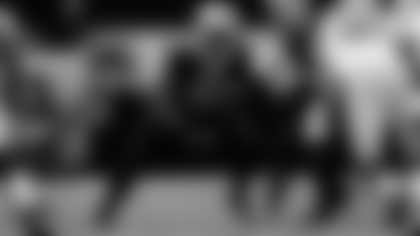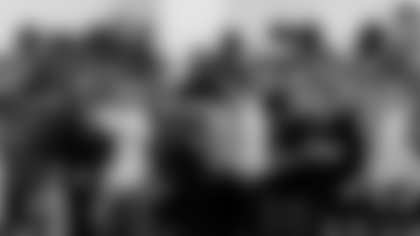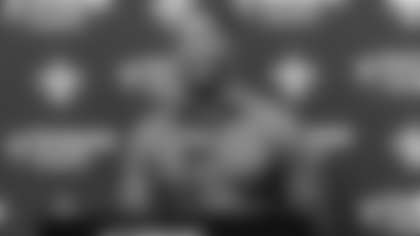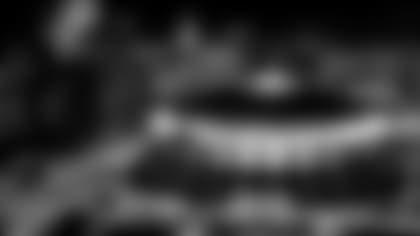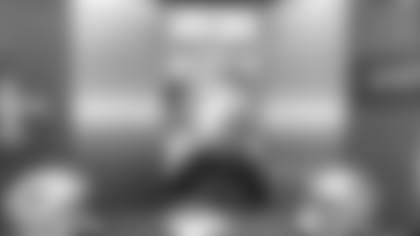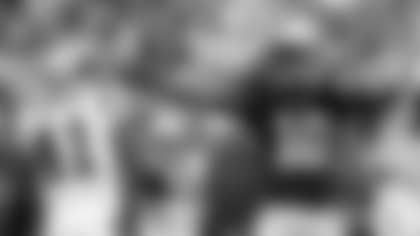Top 100 photos of Saints defense during the 2016 season.
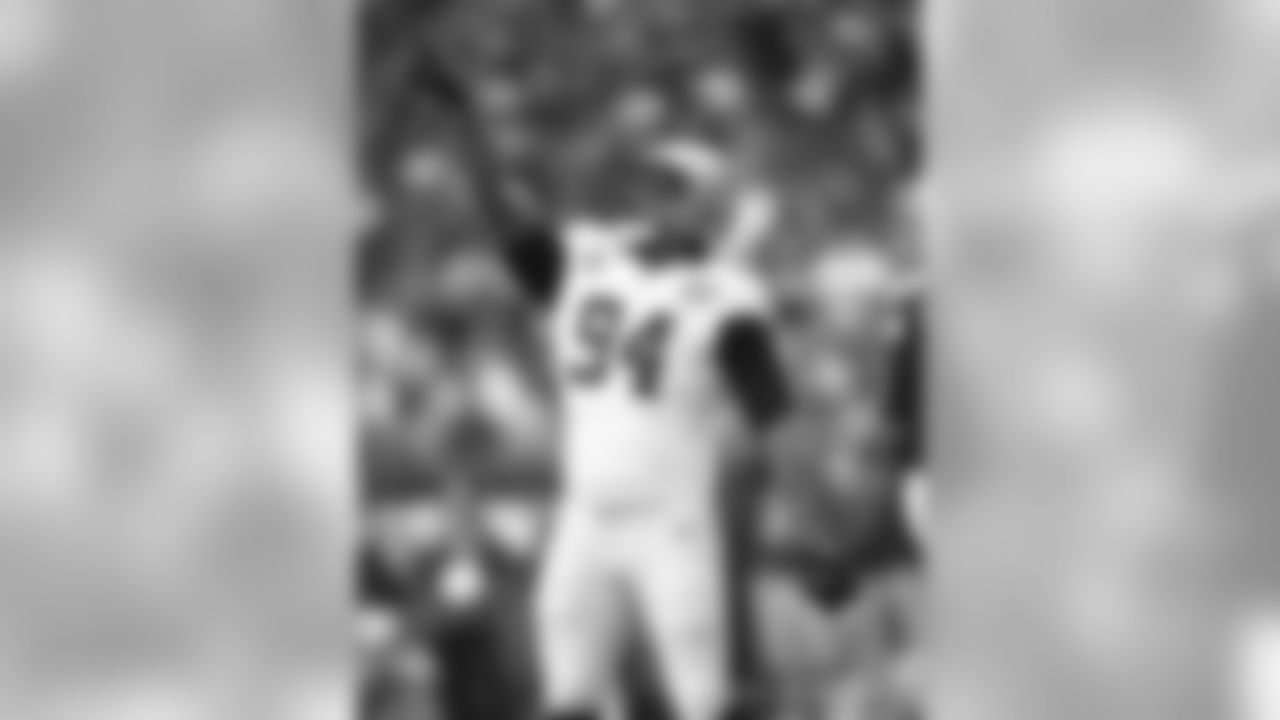
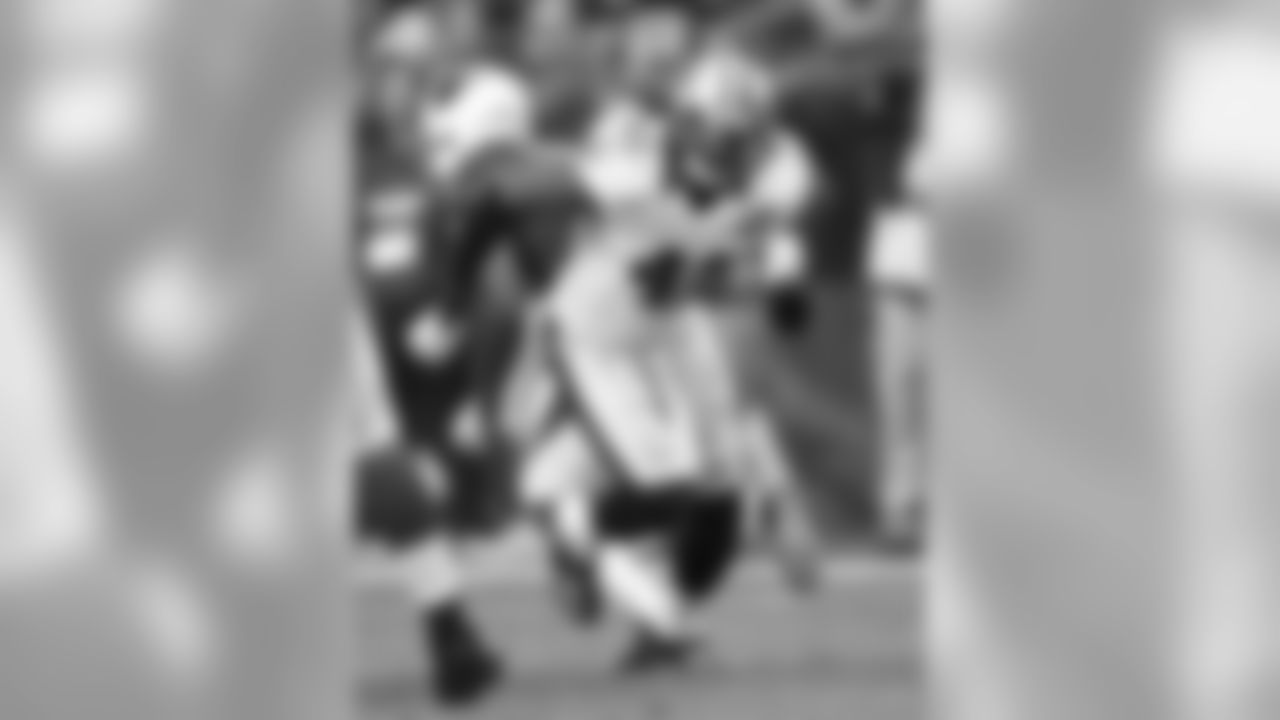
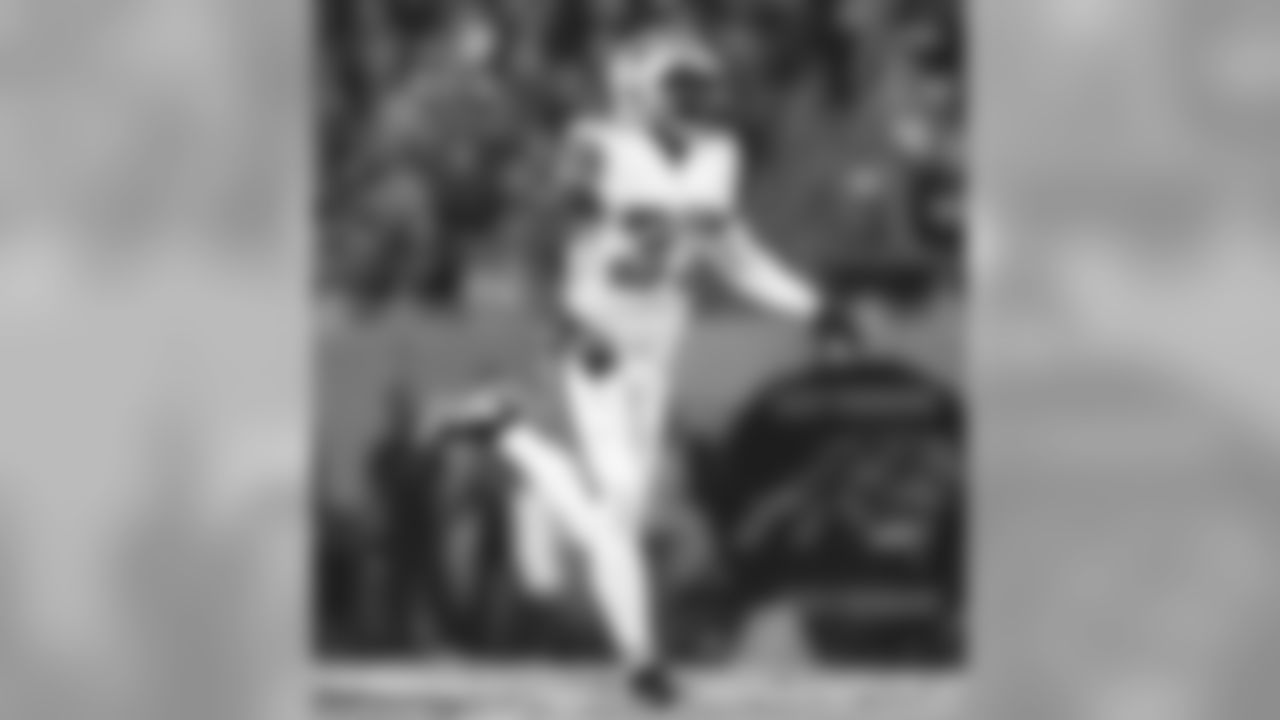
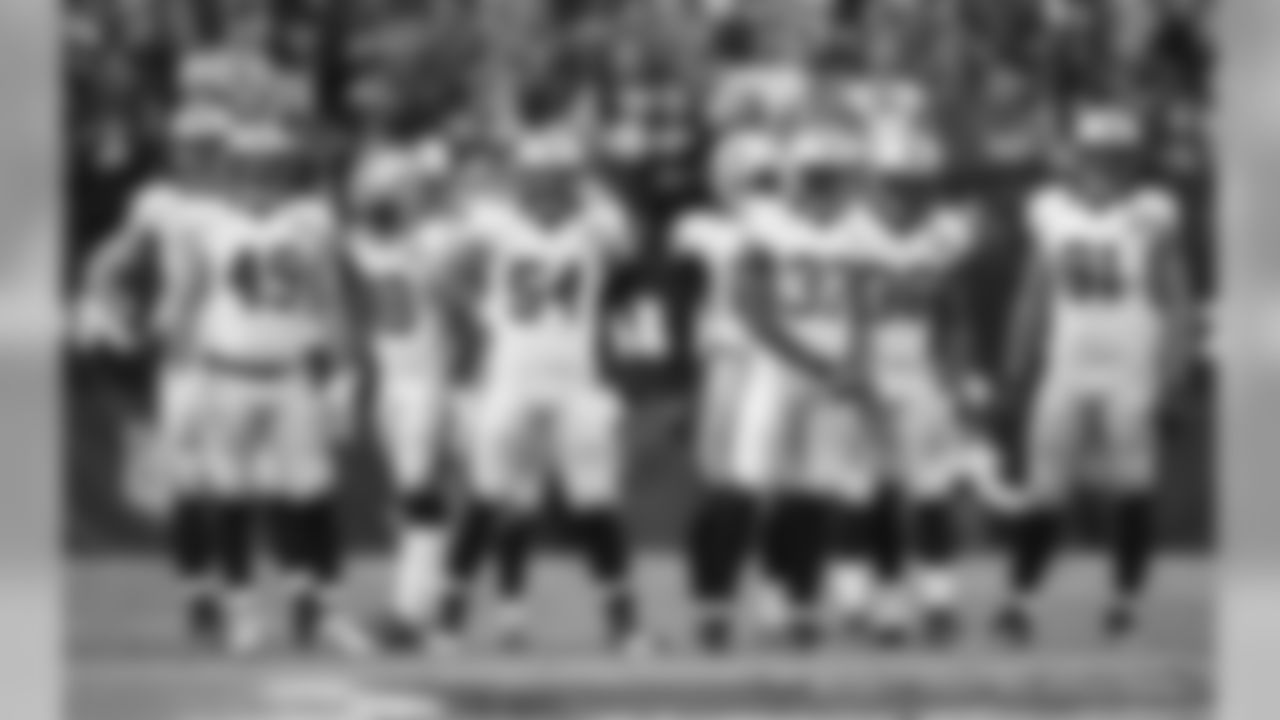
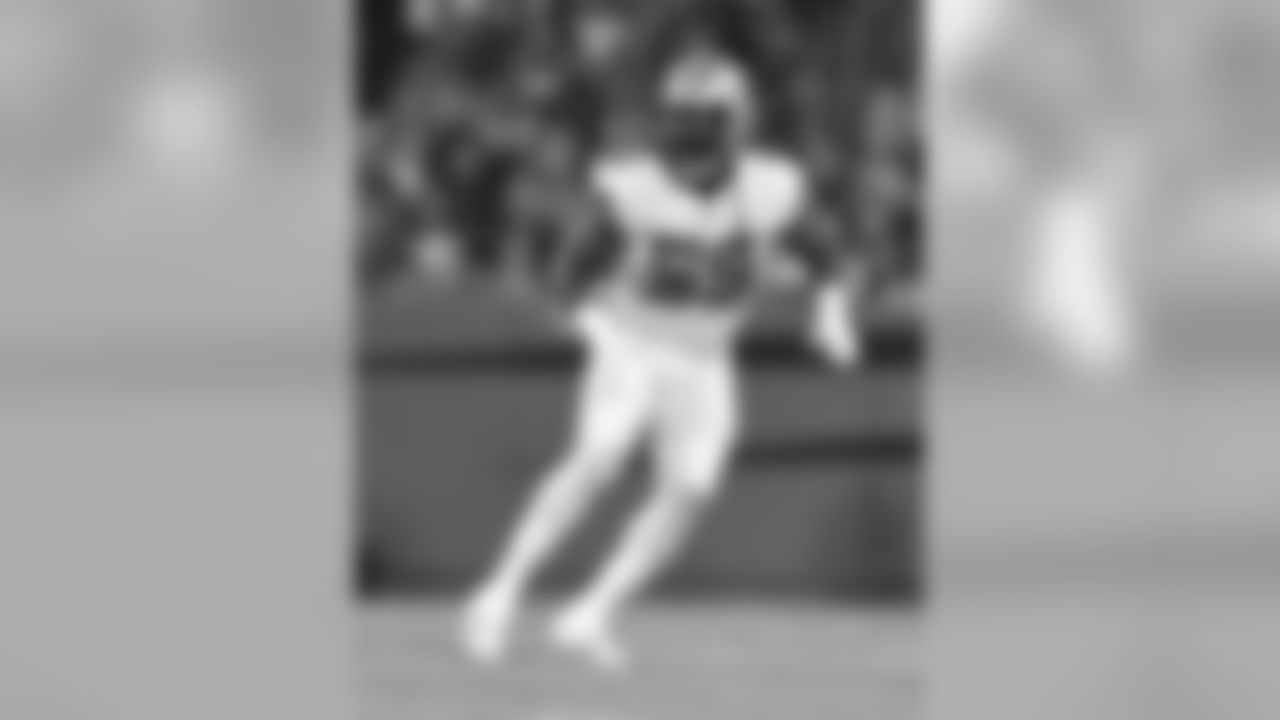
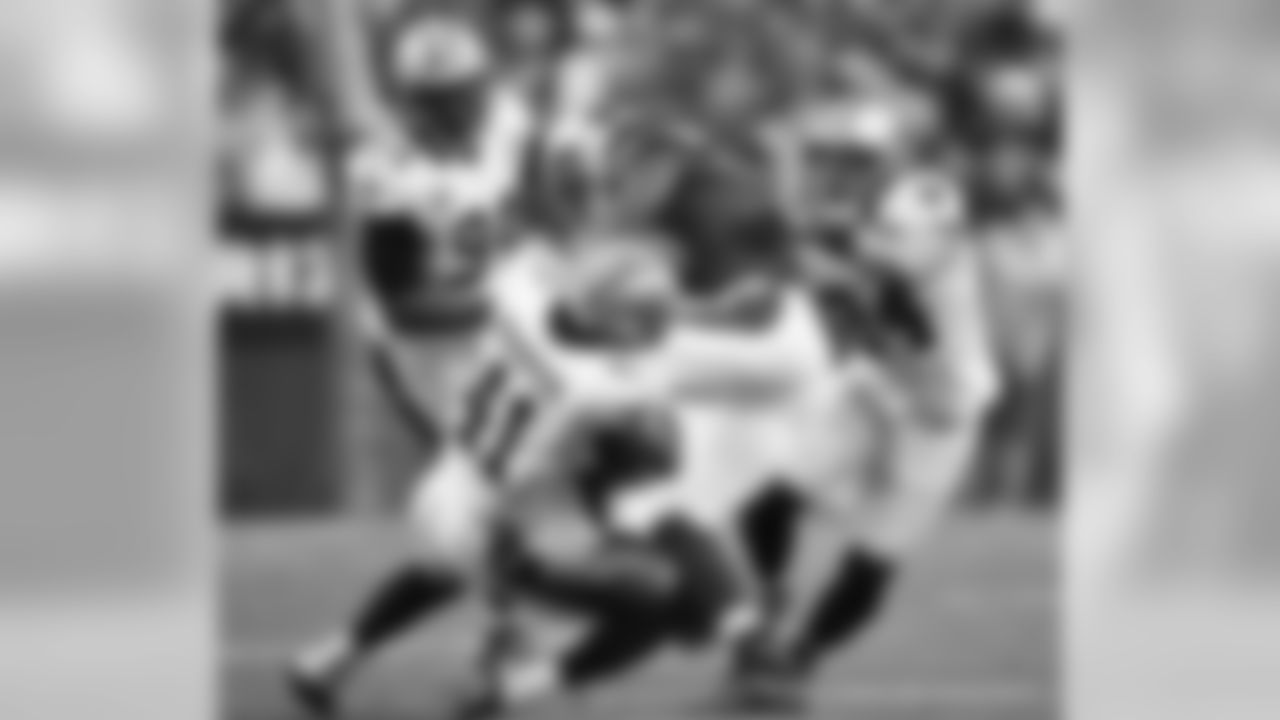
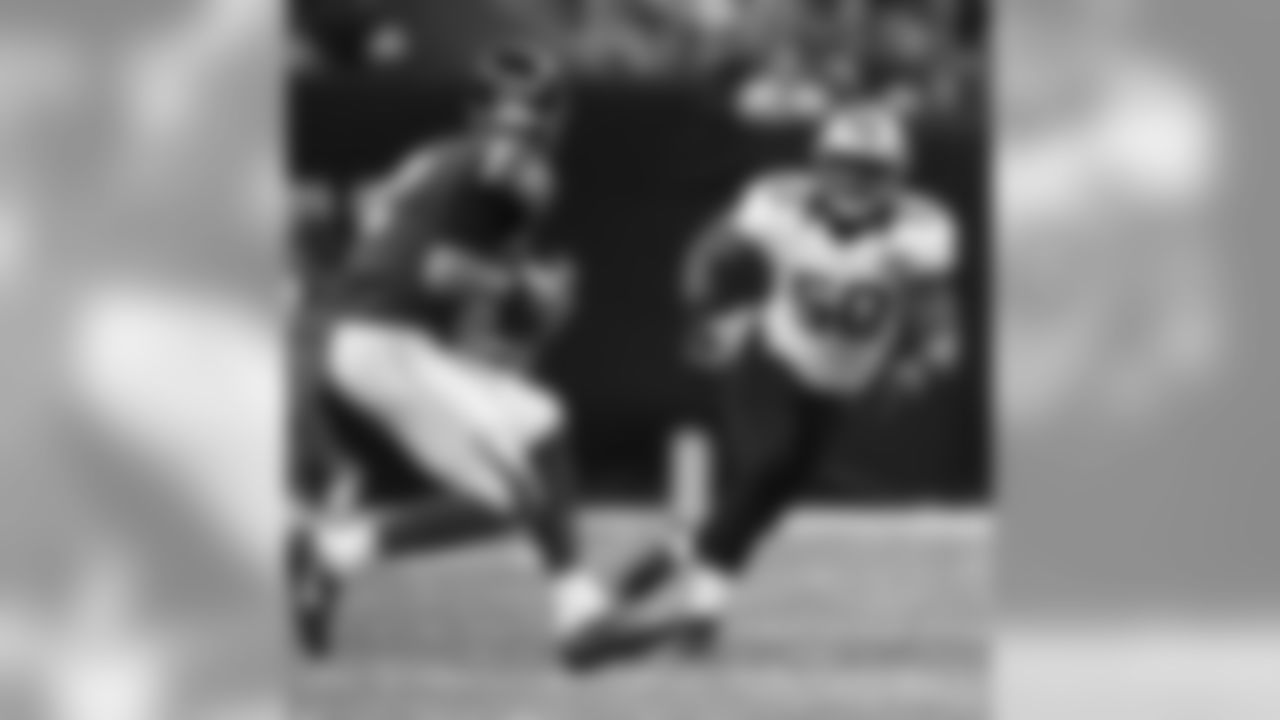
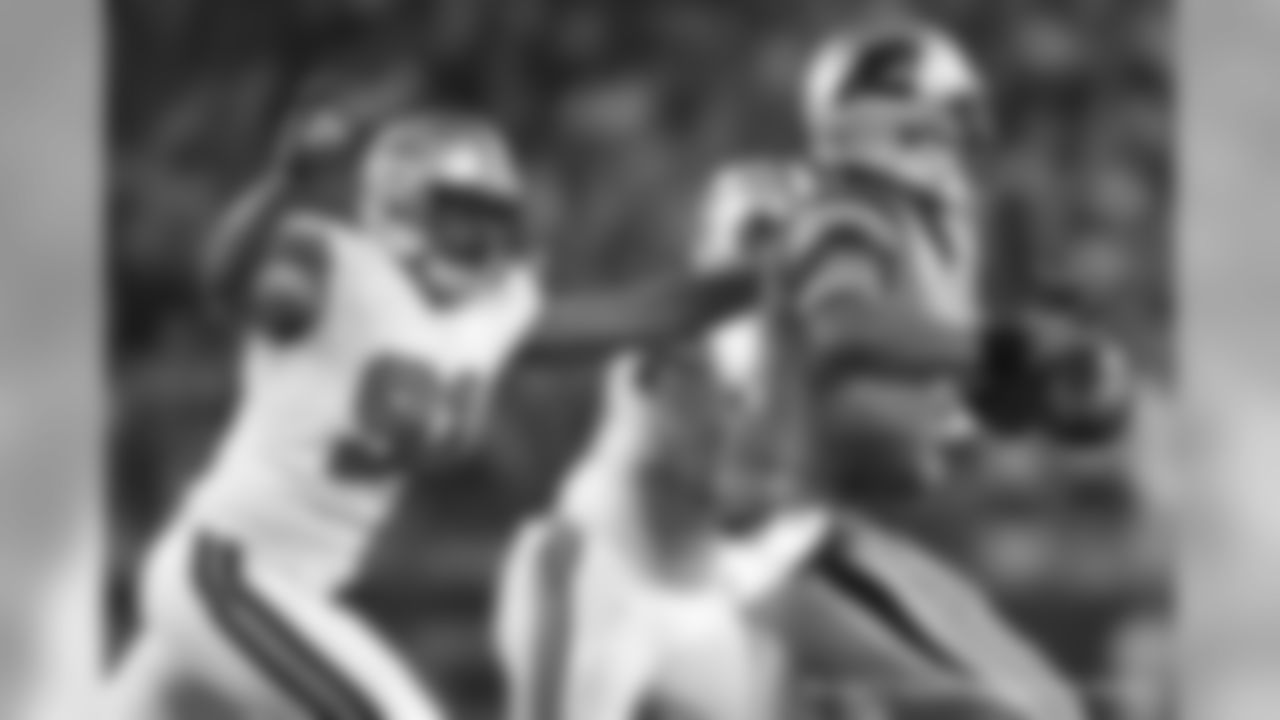
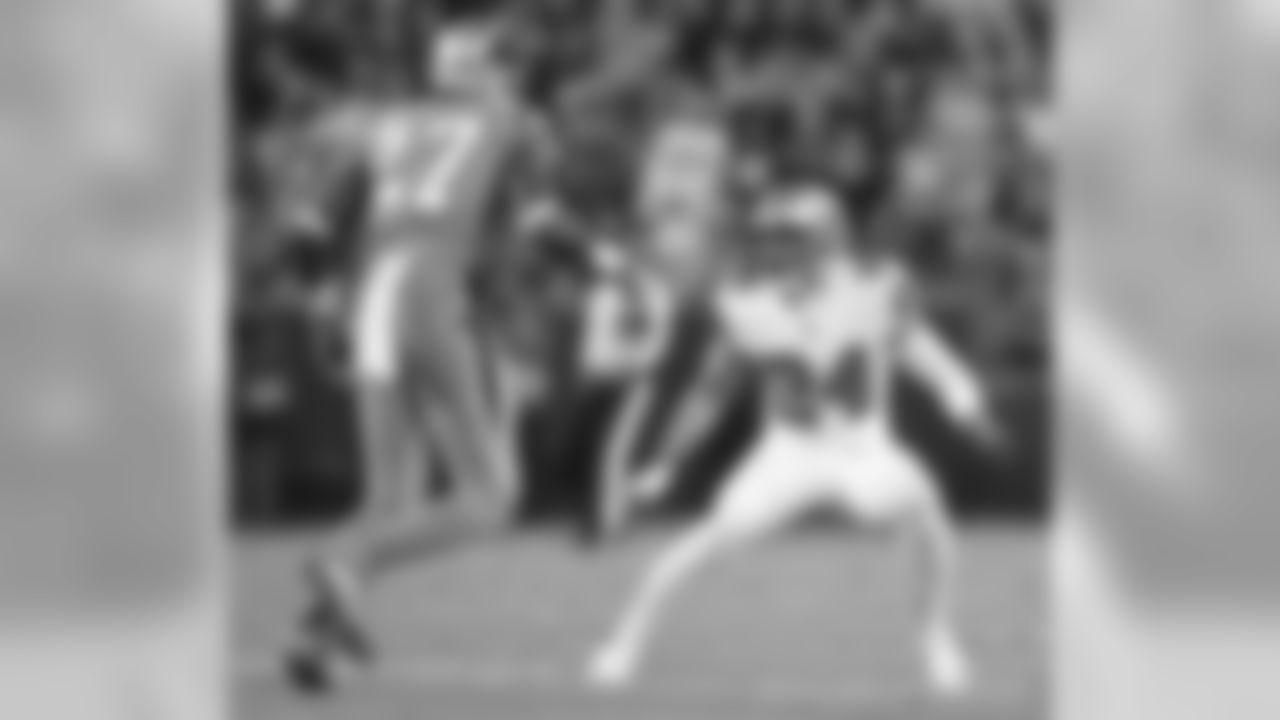
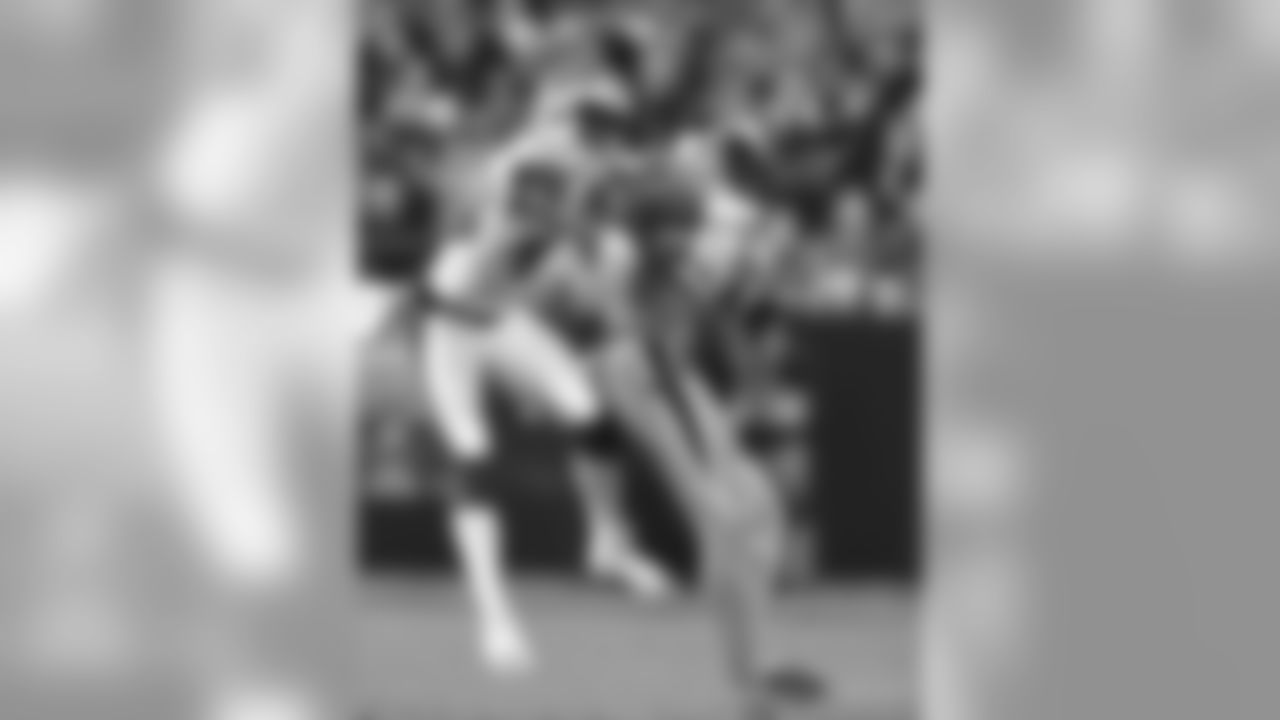
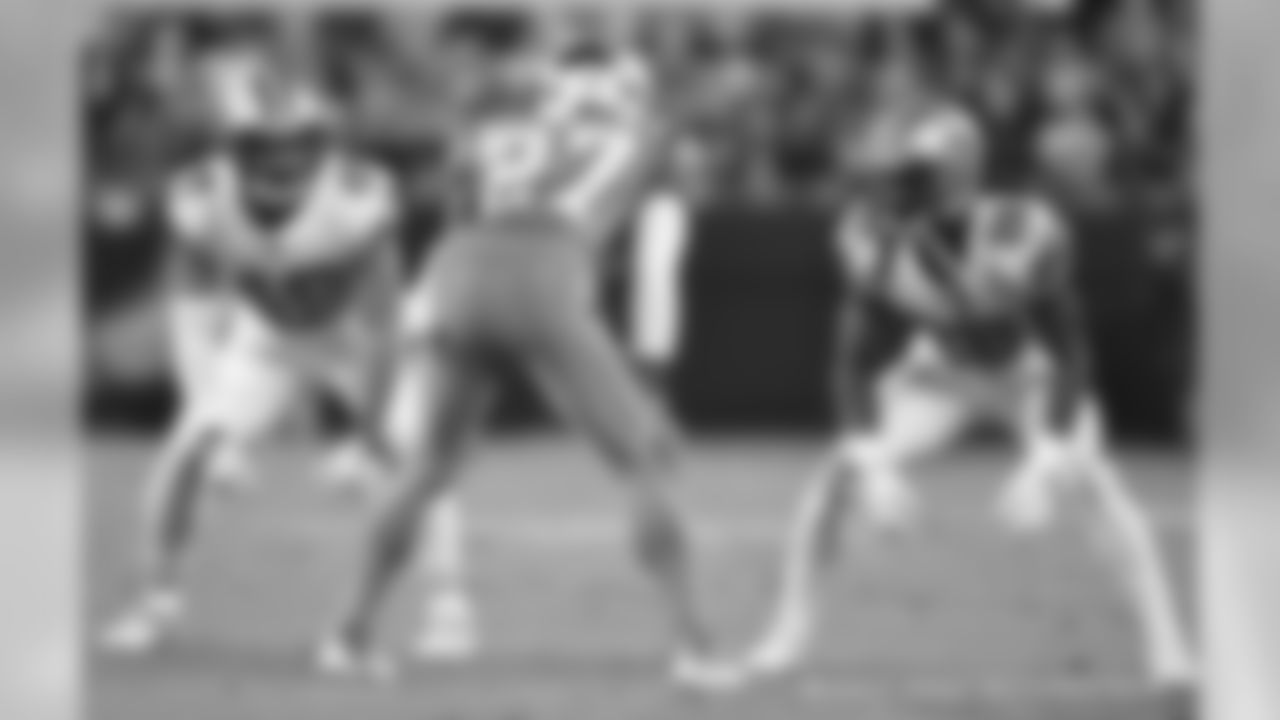
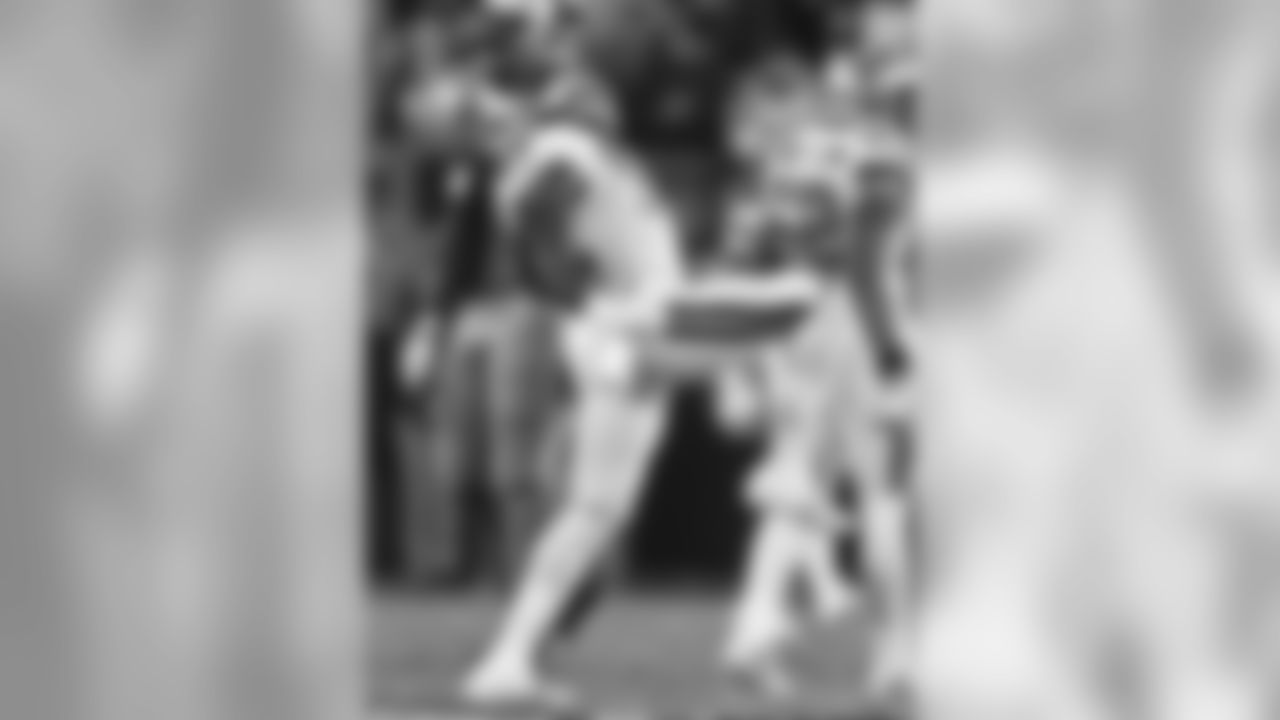
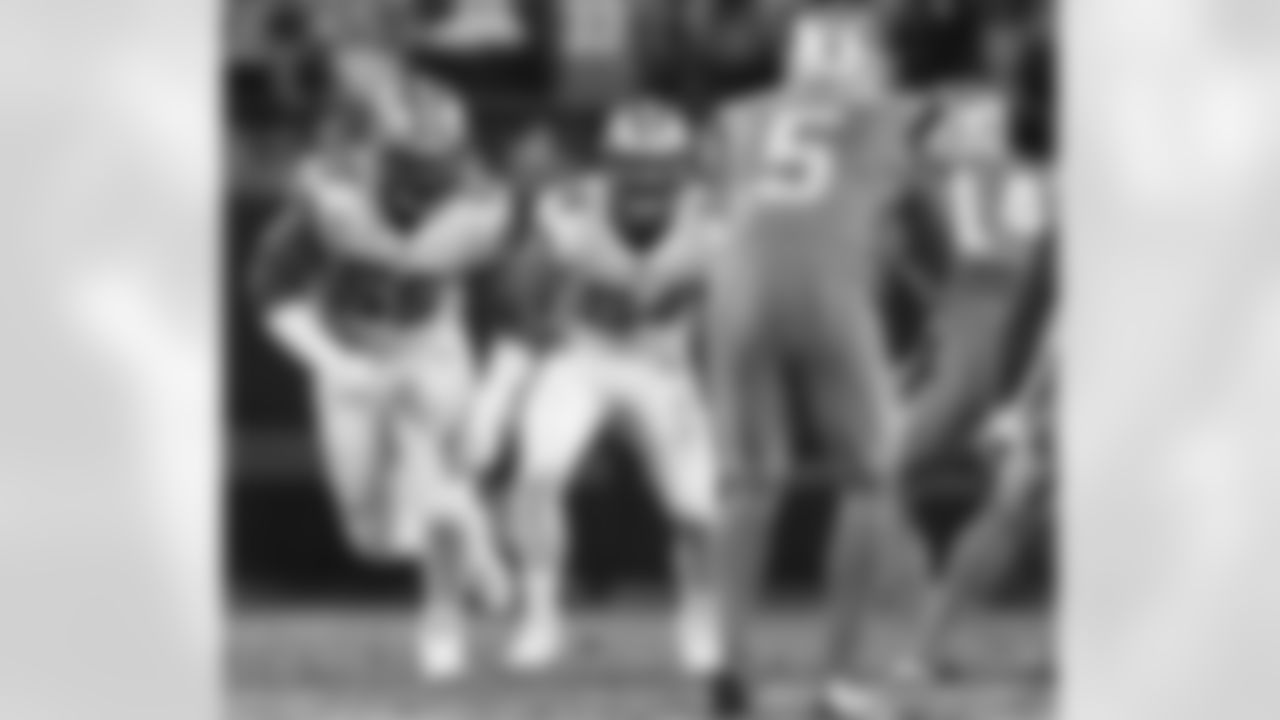
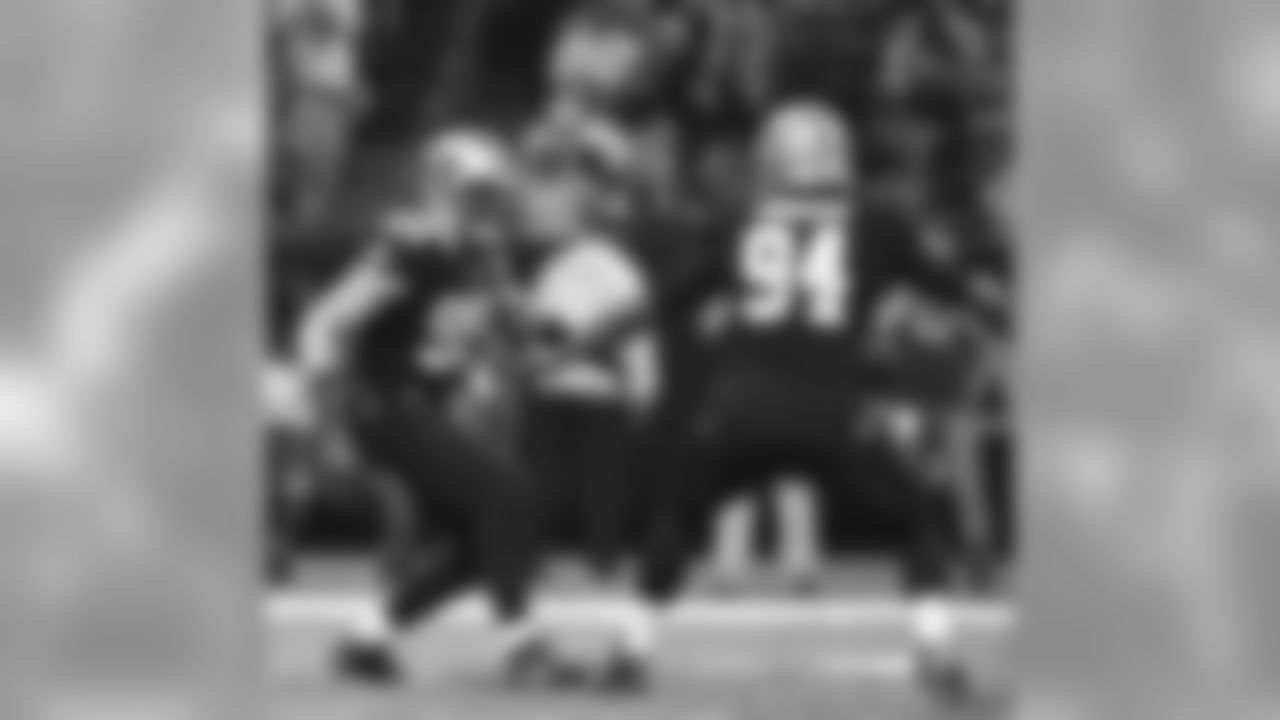
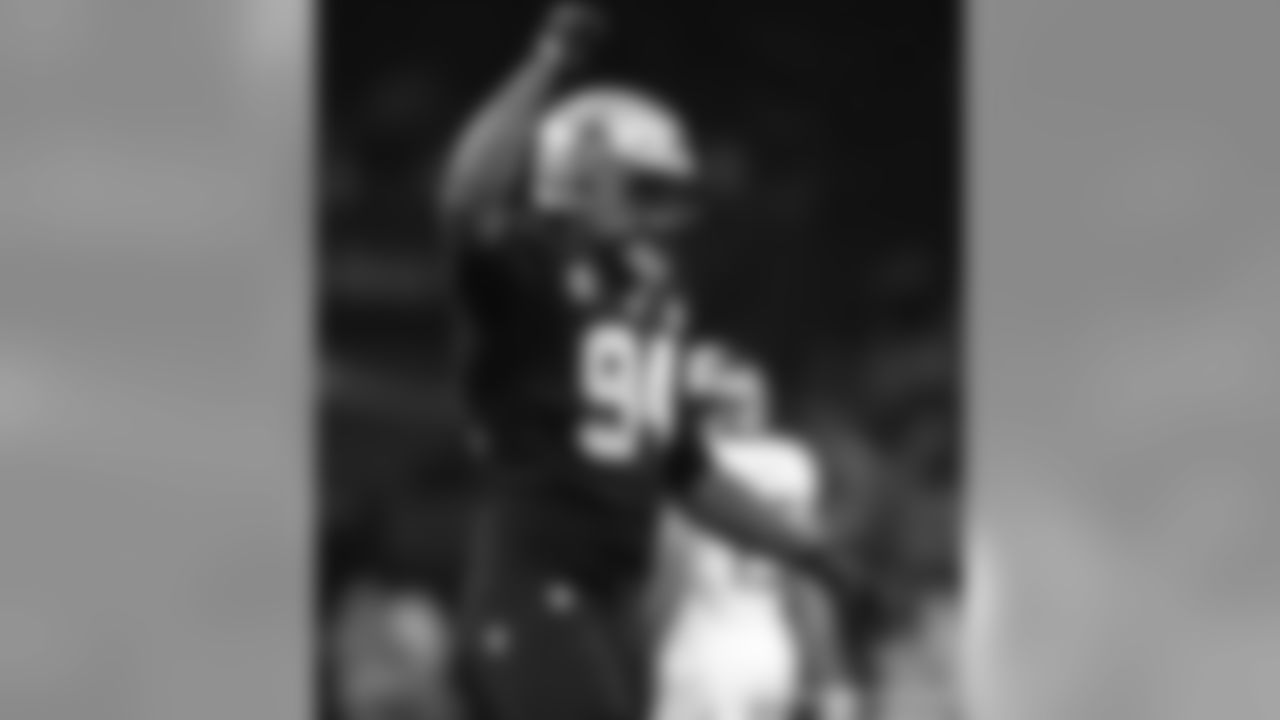
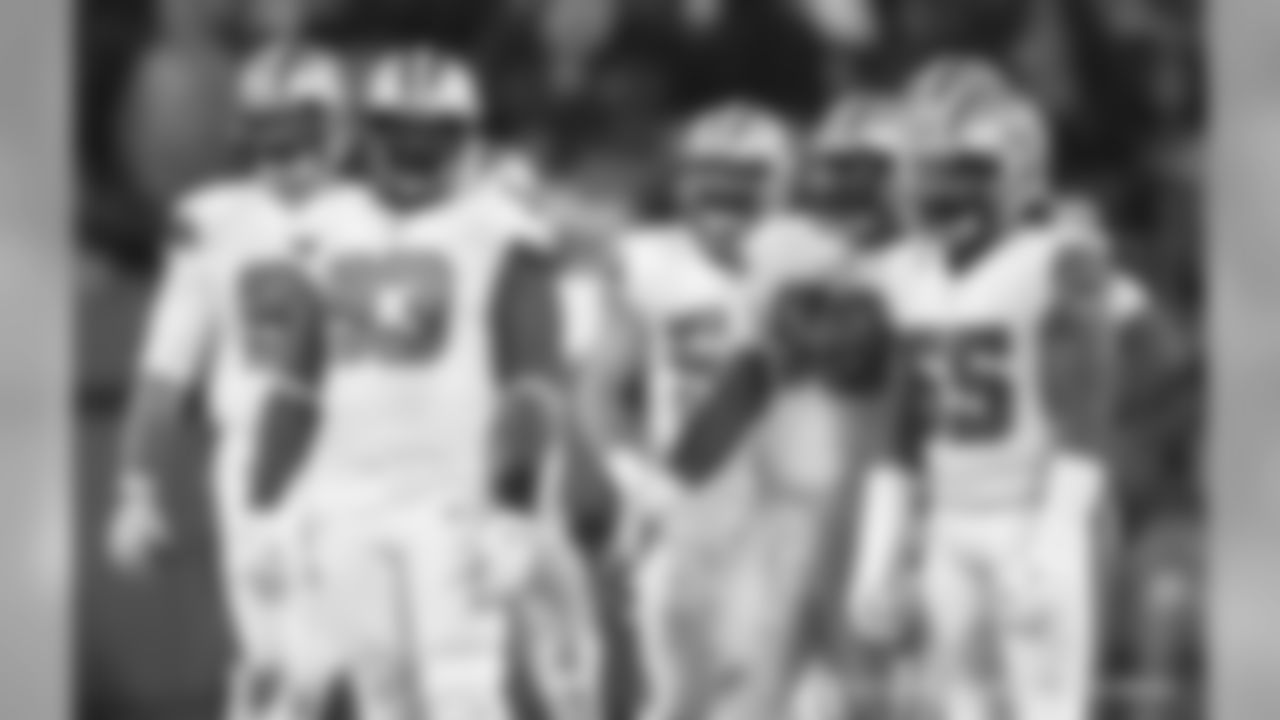
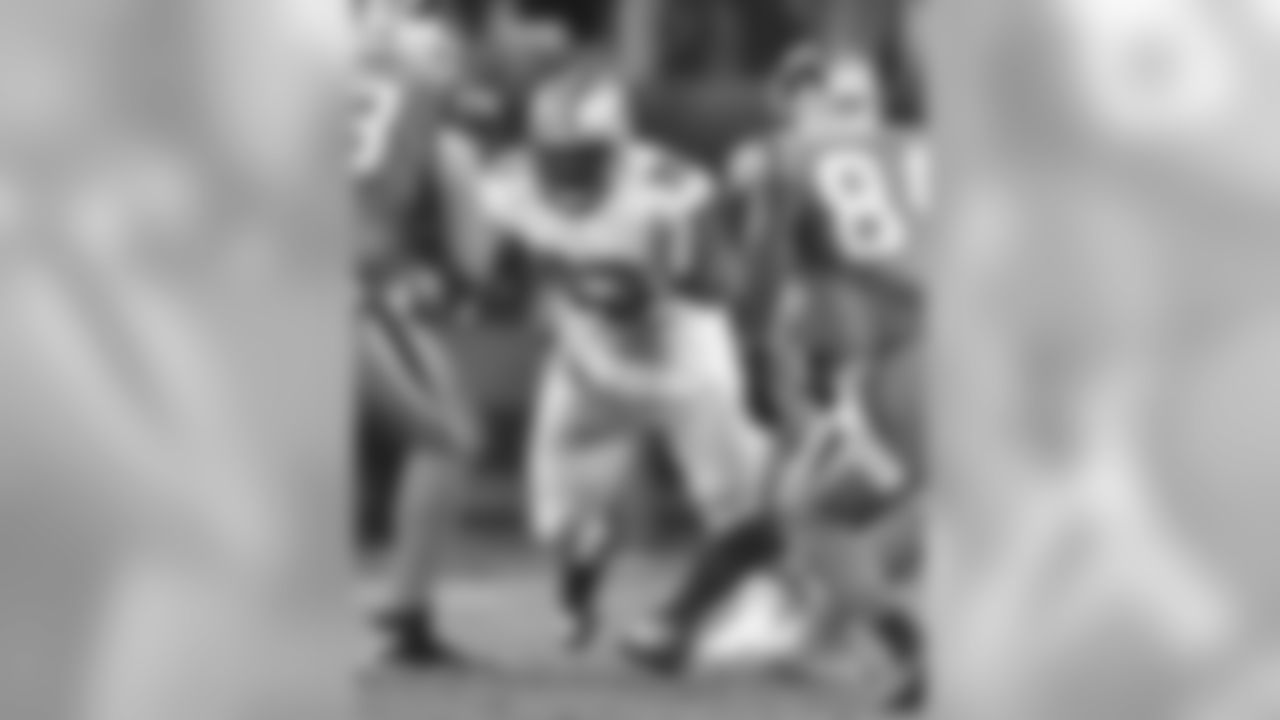
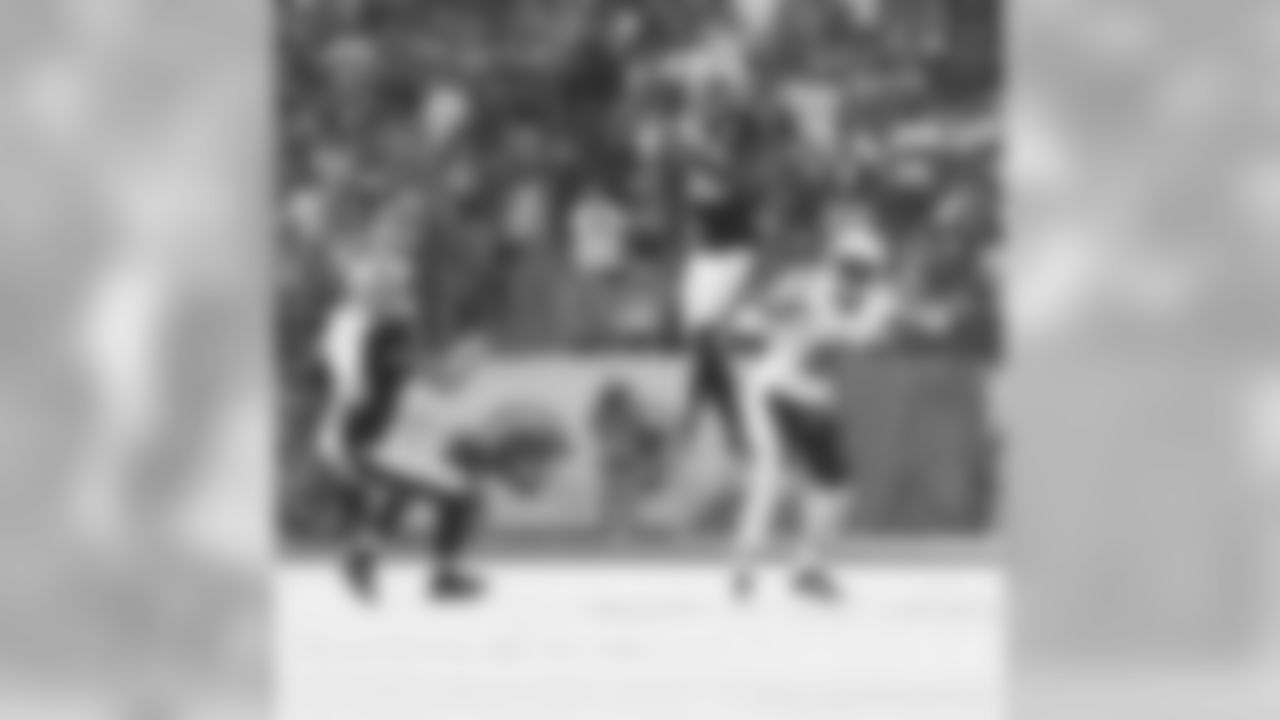
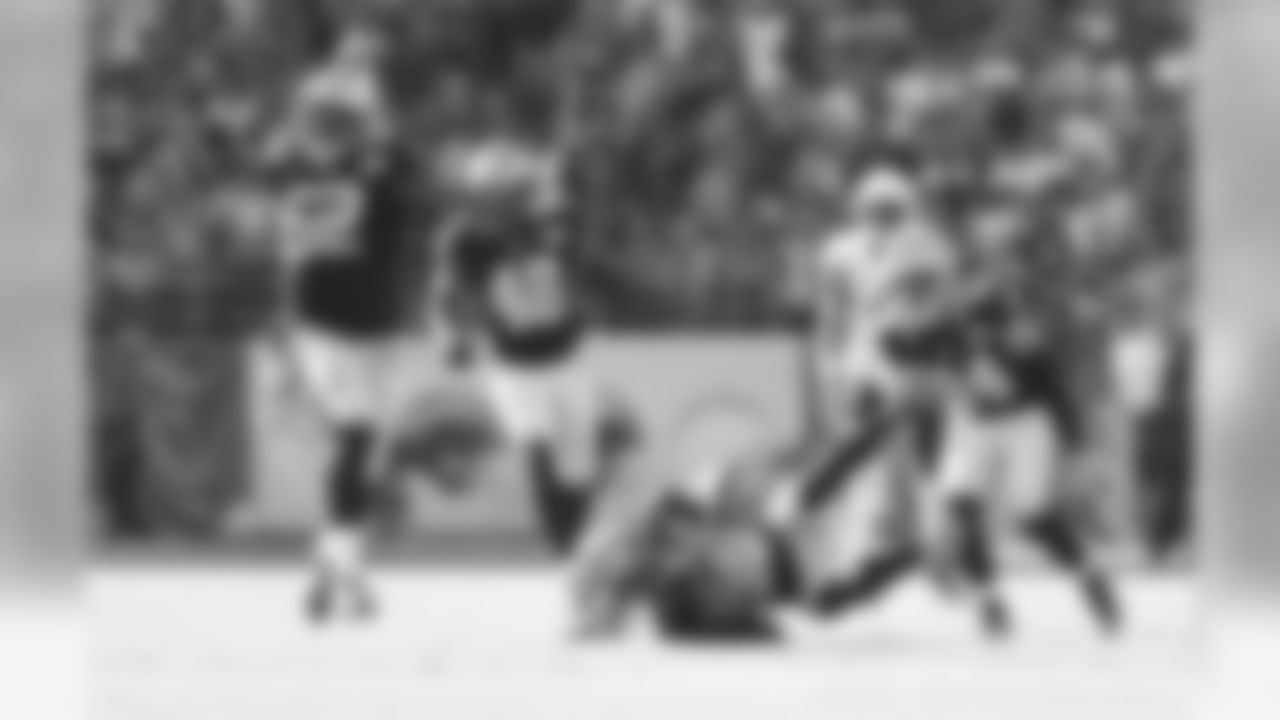
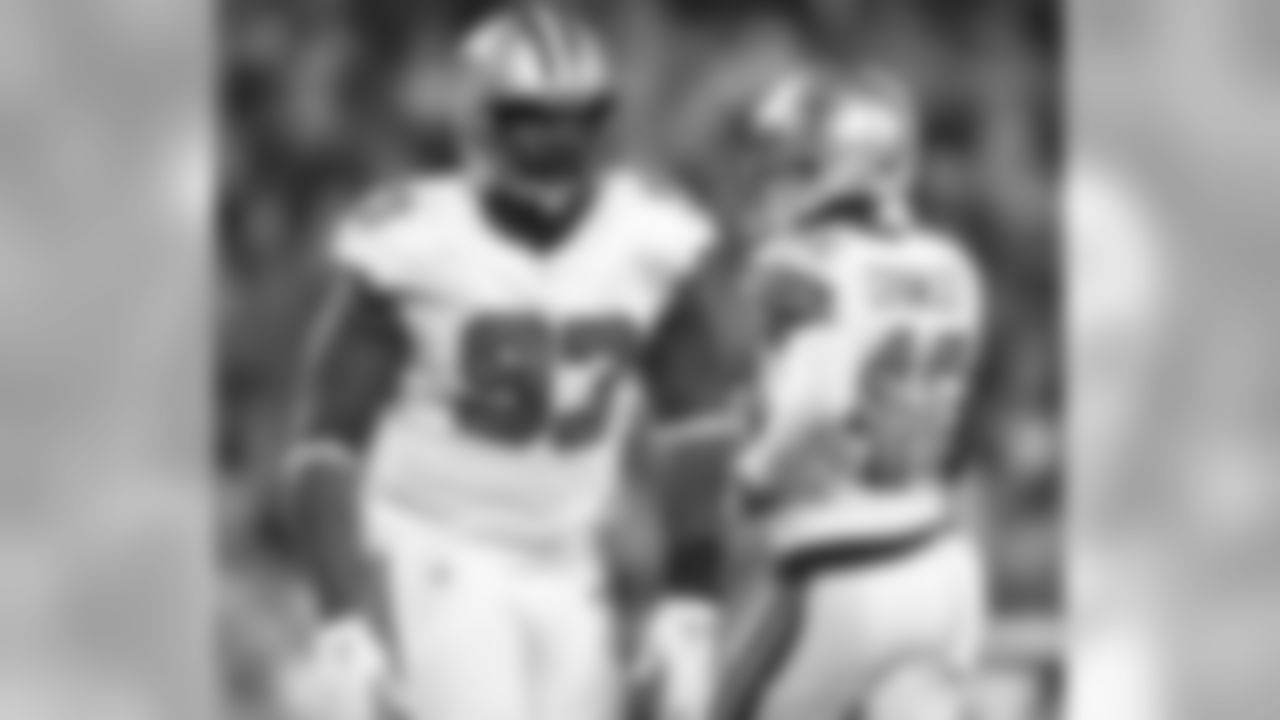

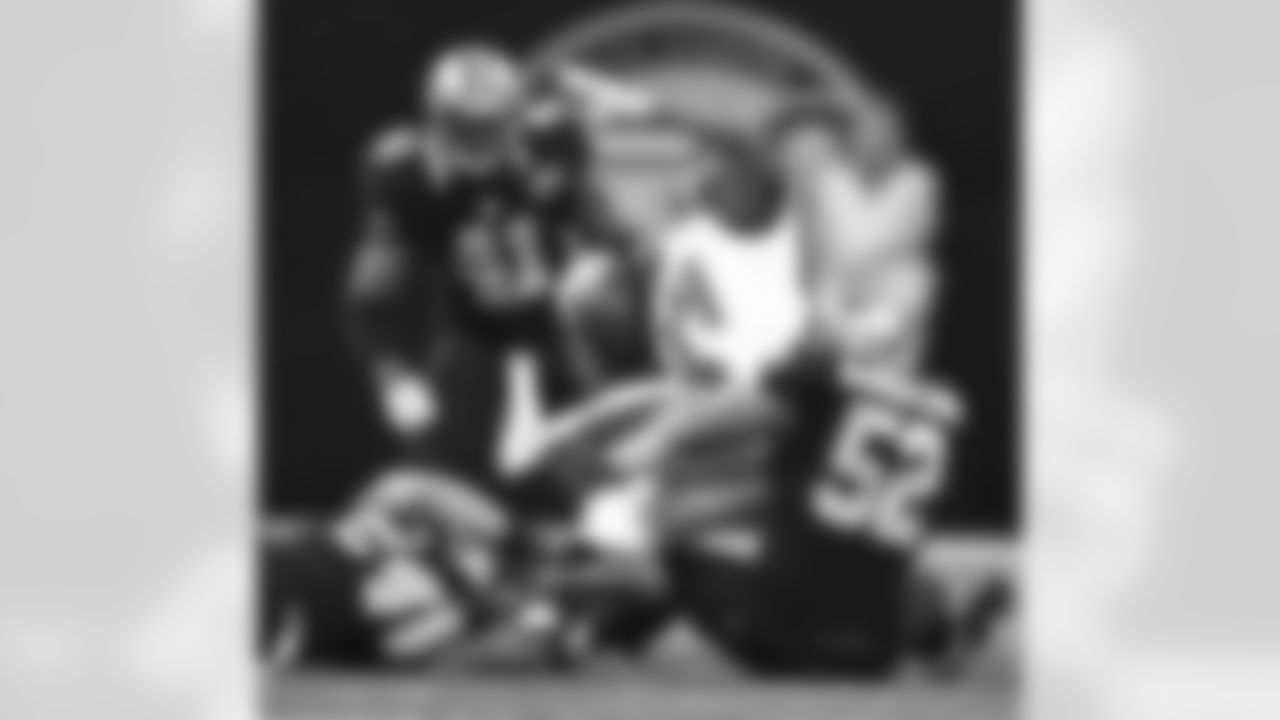
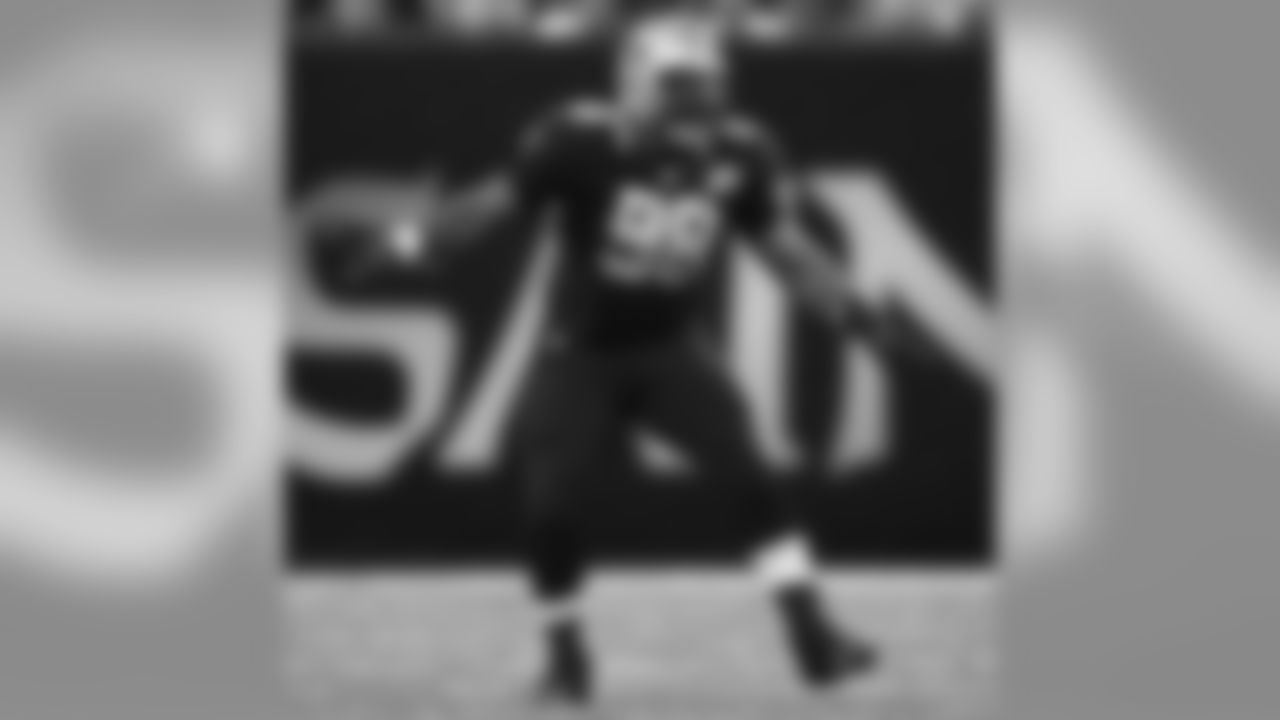
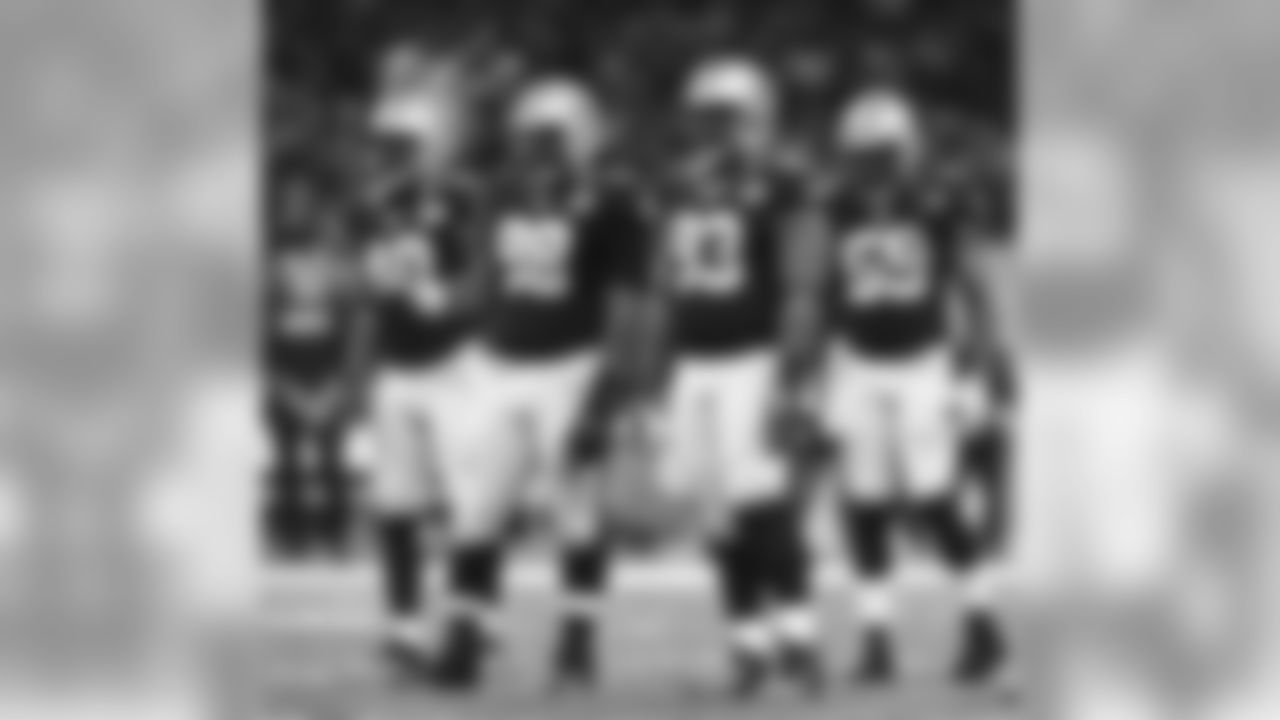
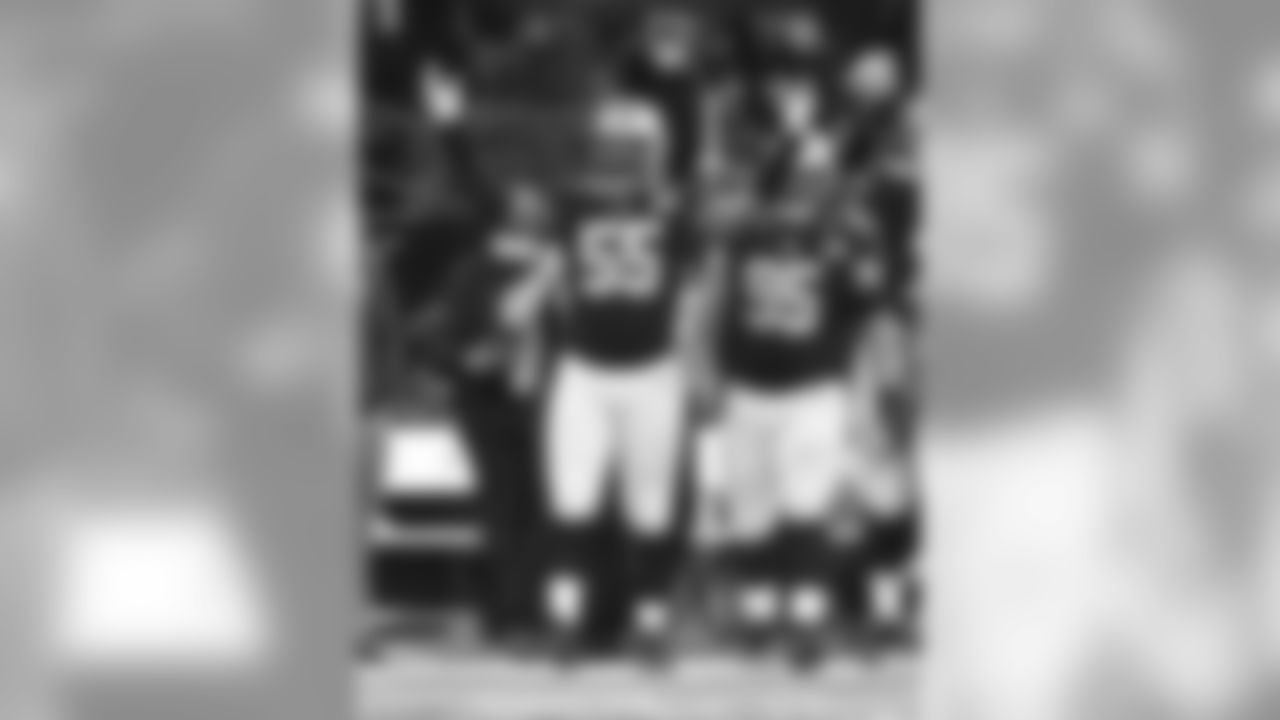
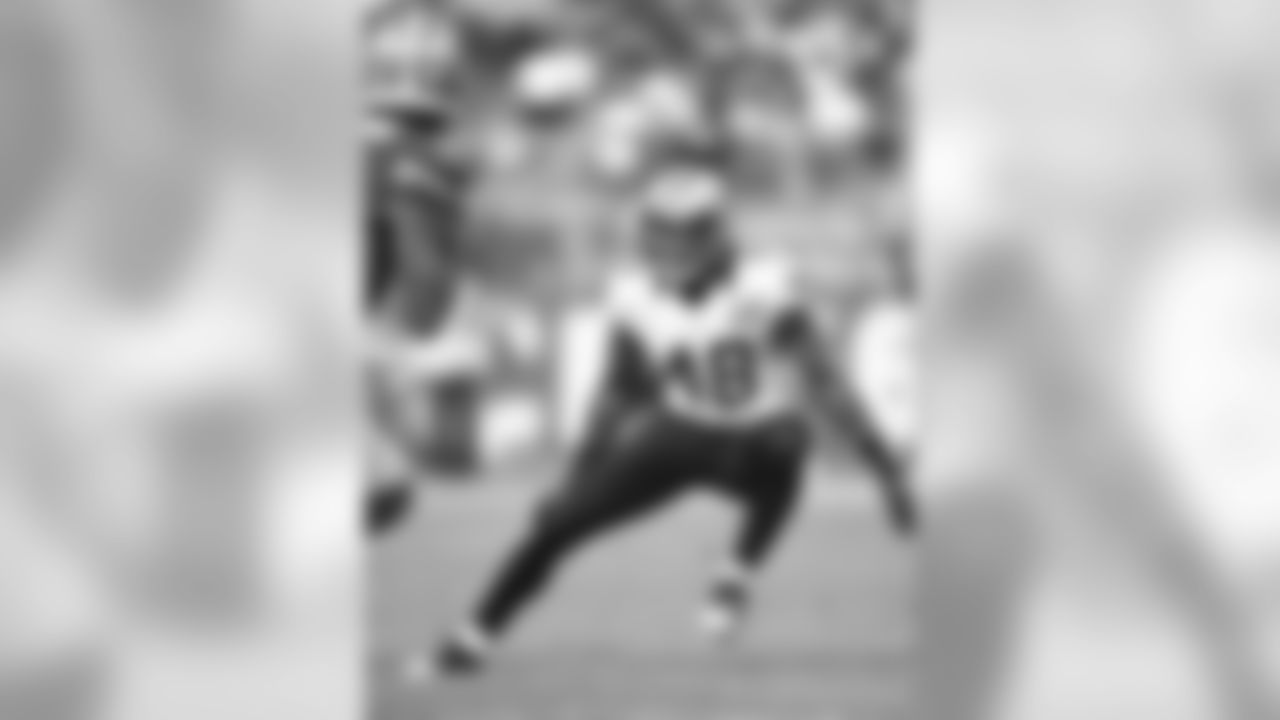
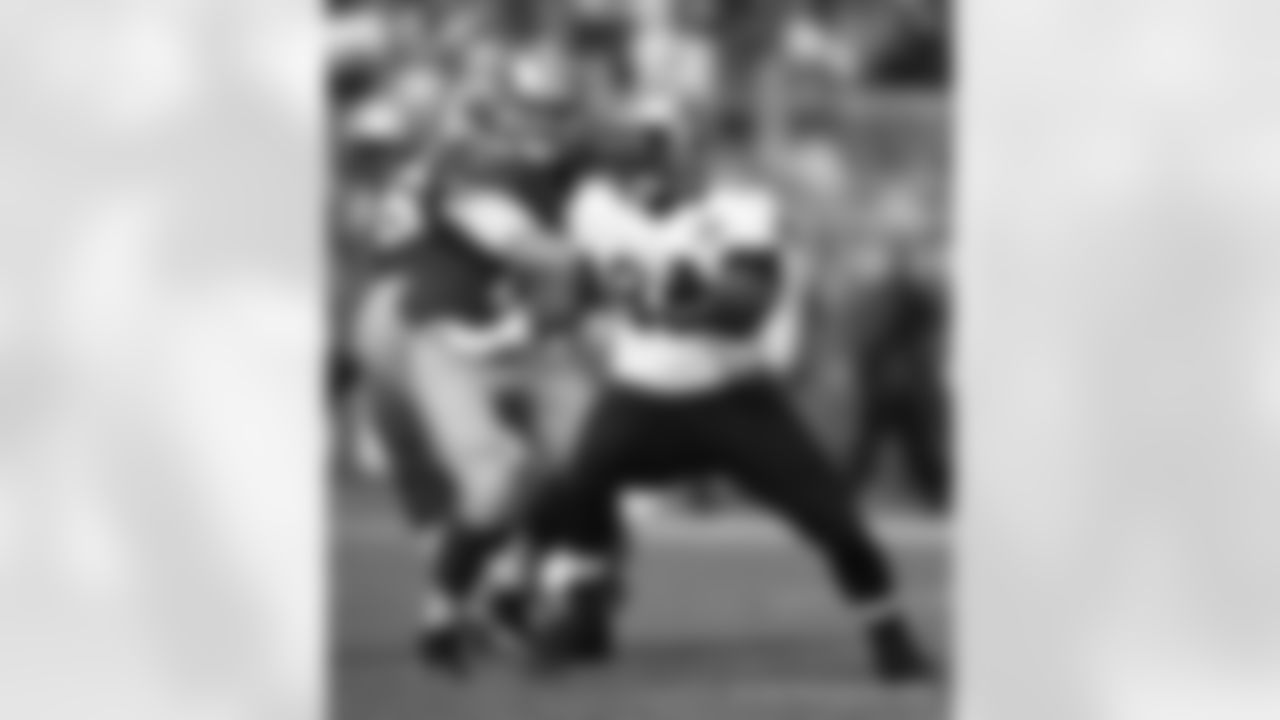
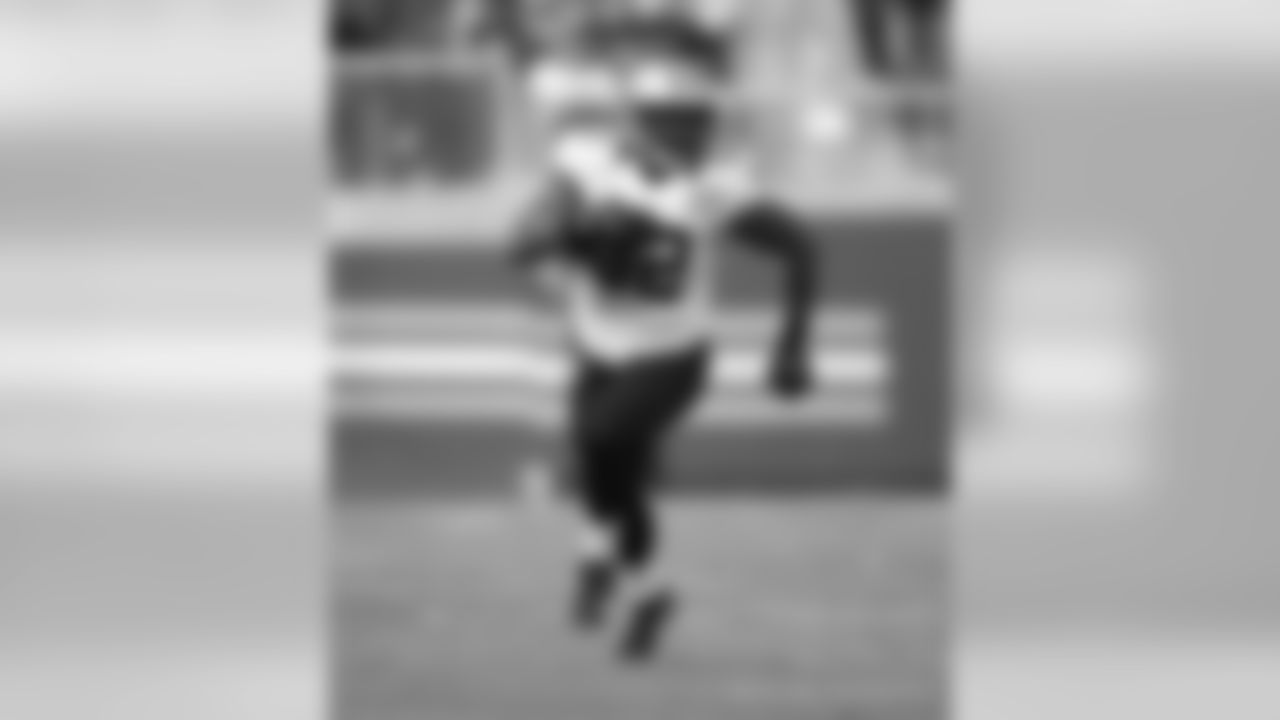
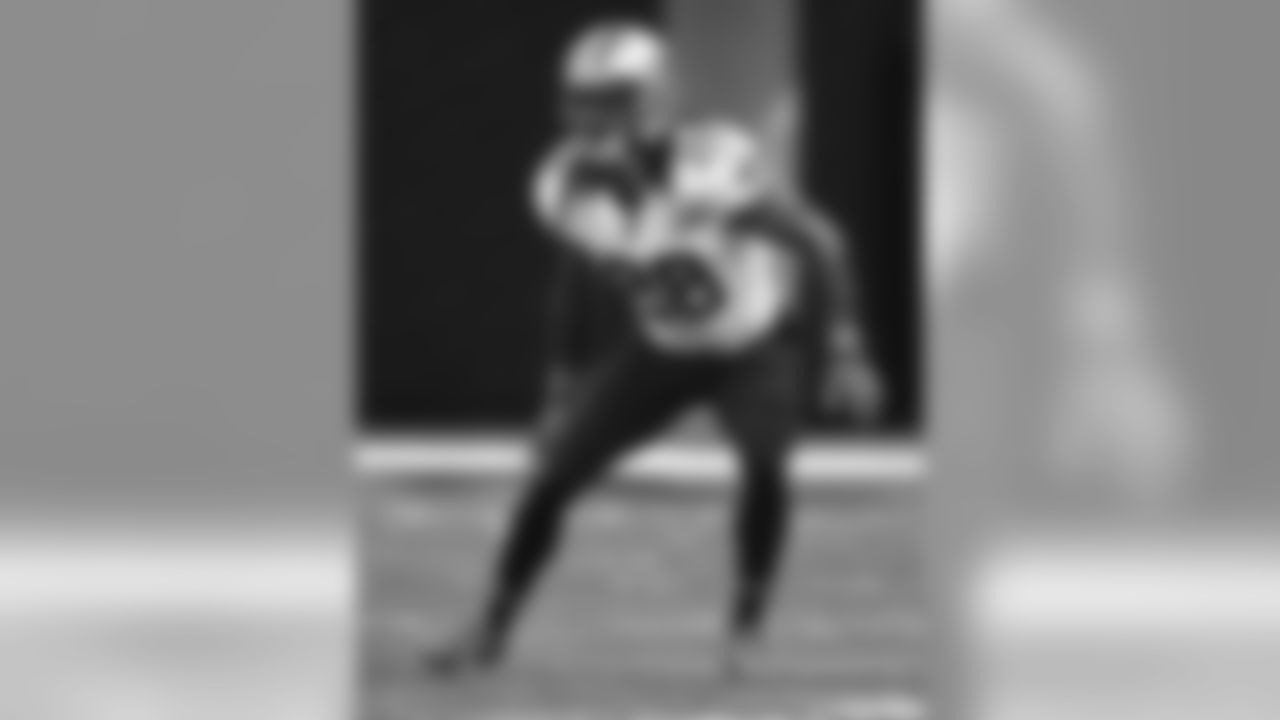
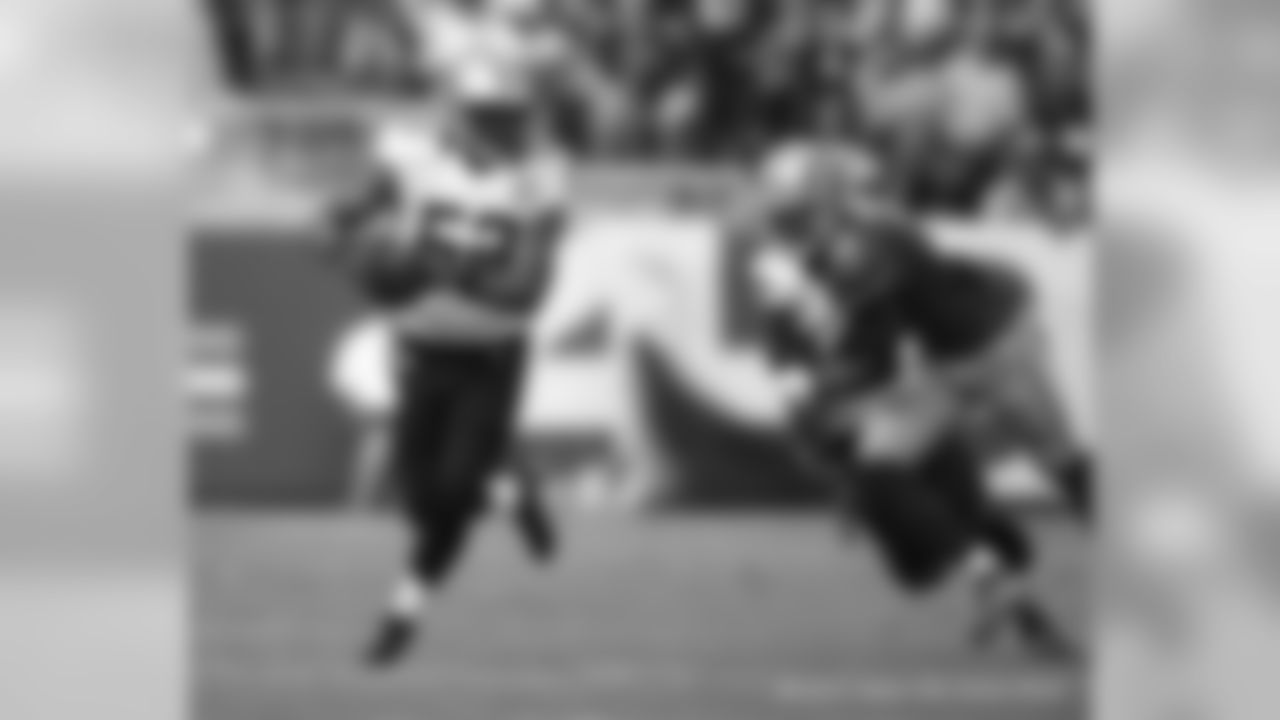
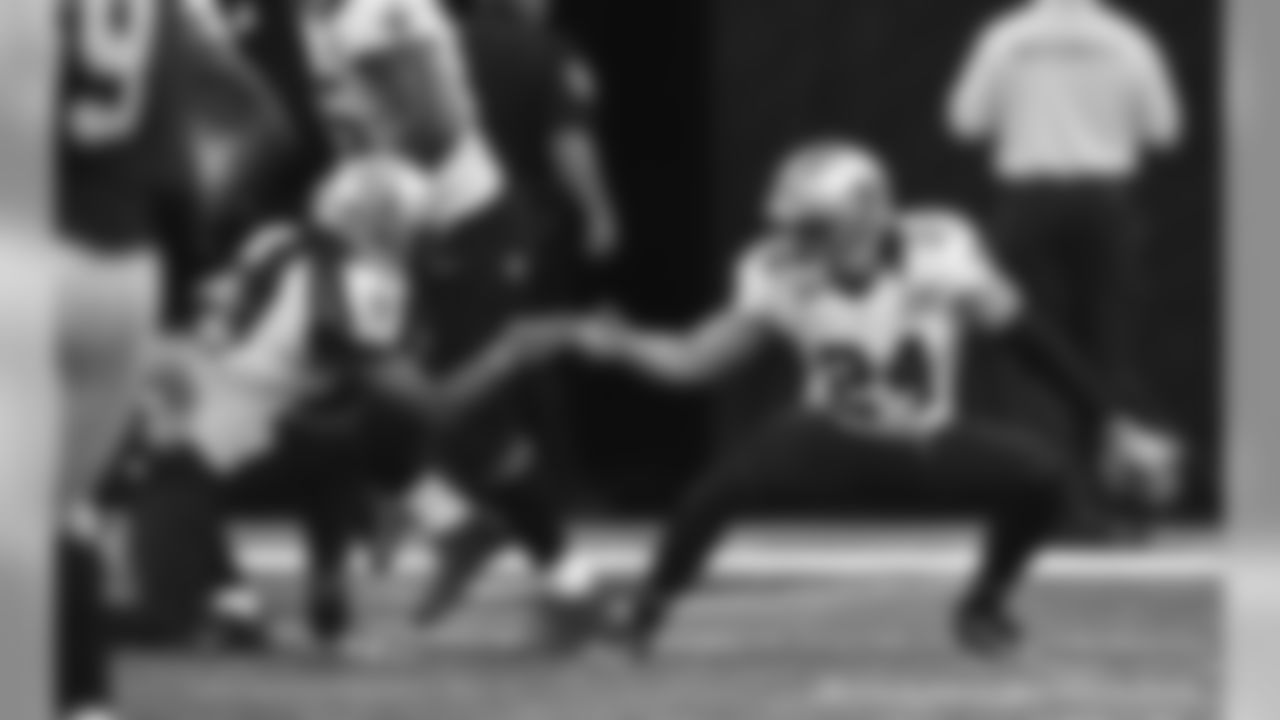
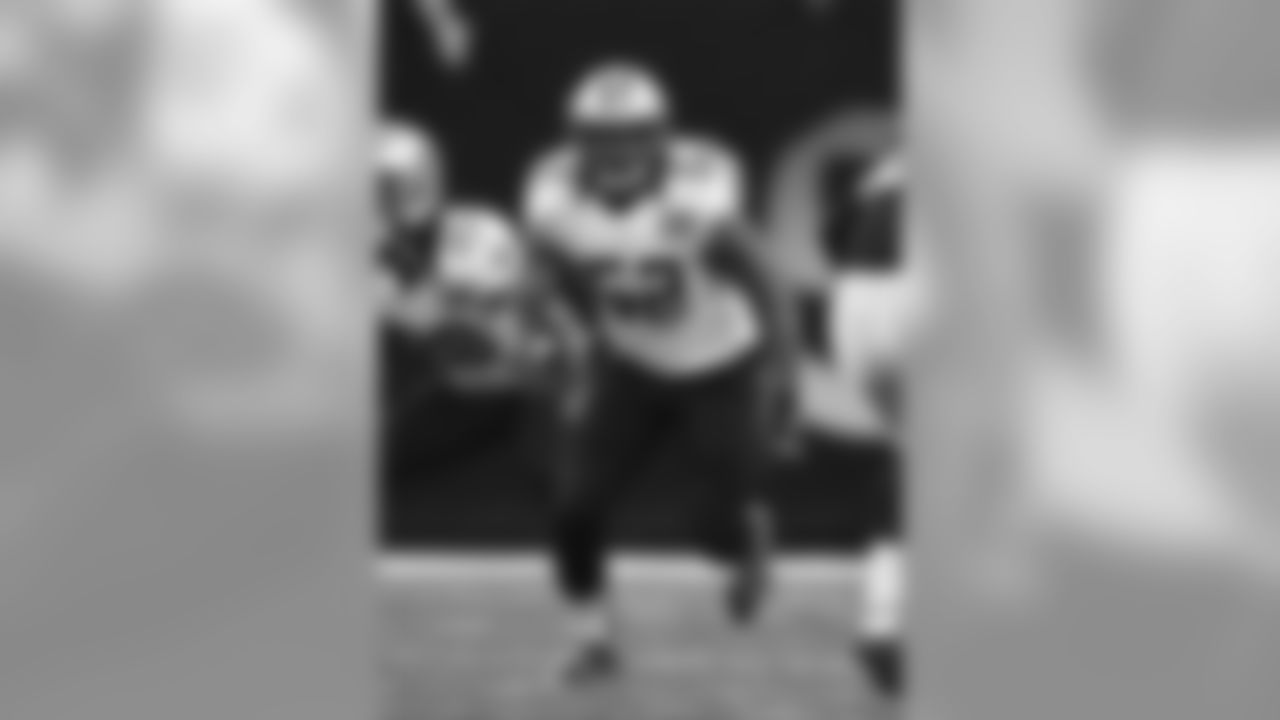
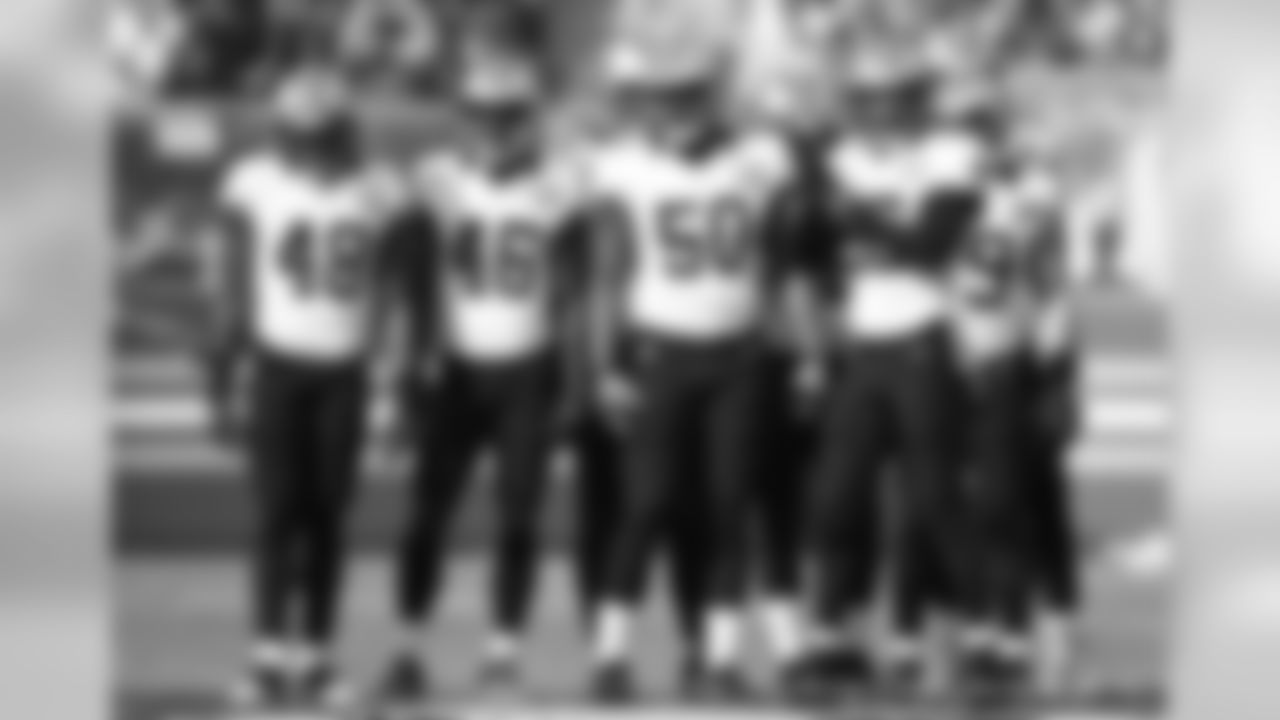
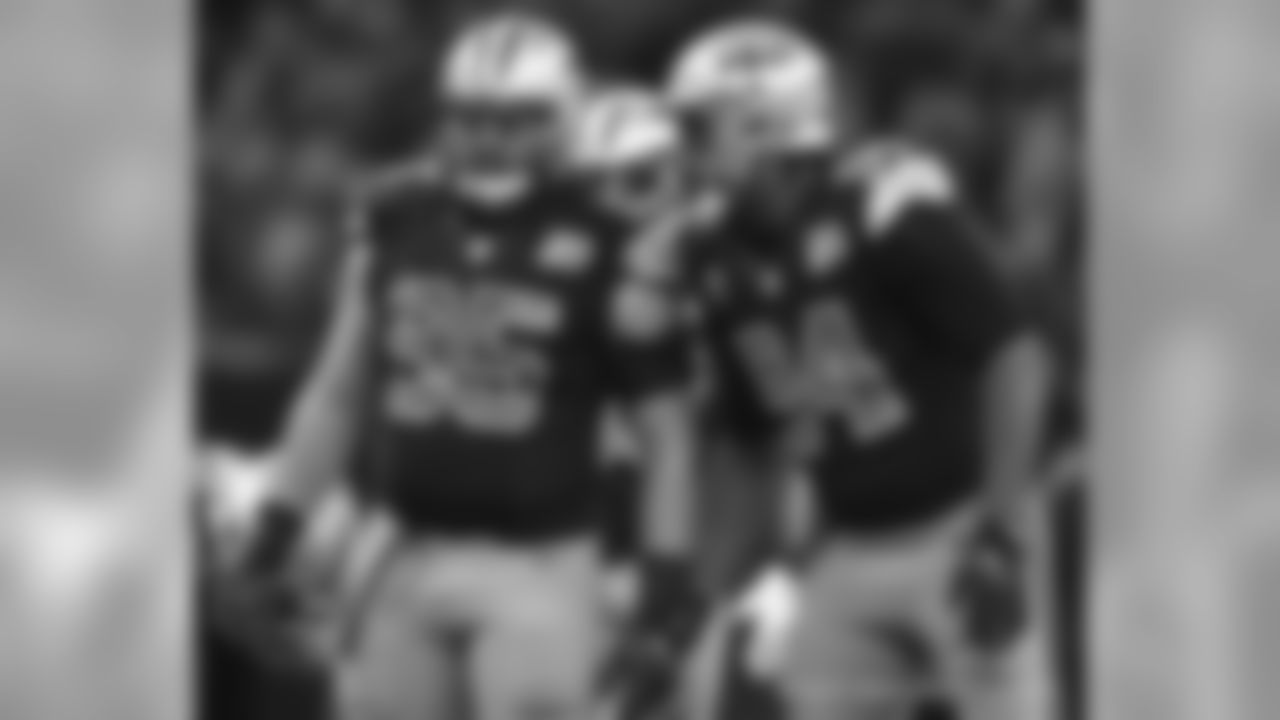
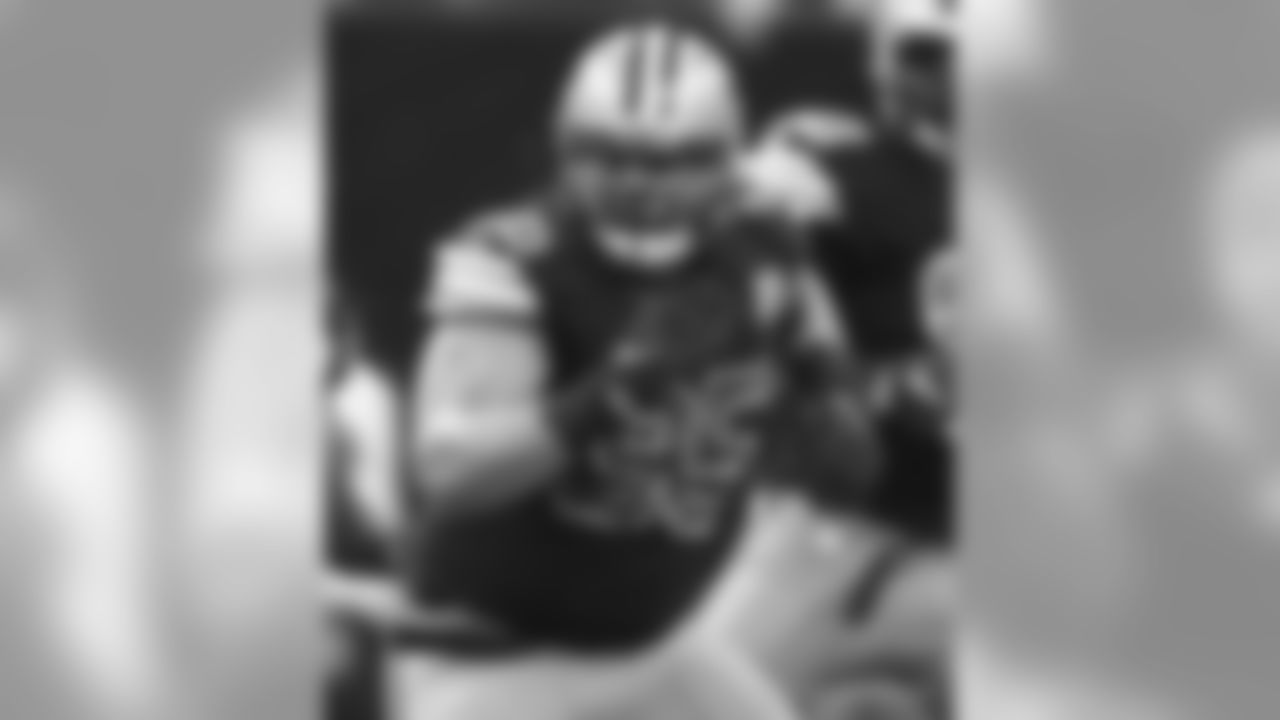
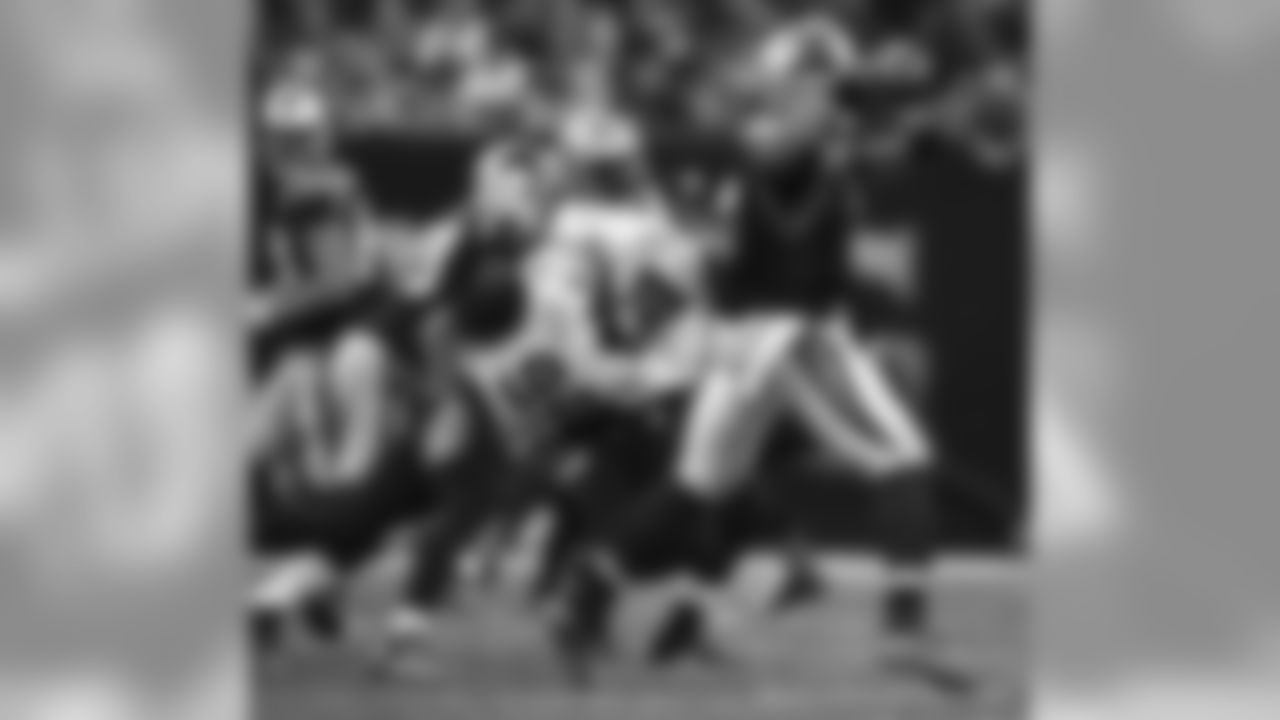
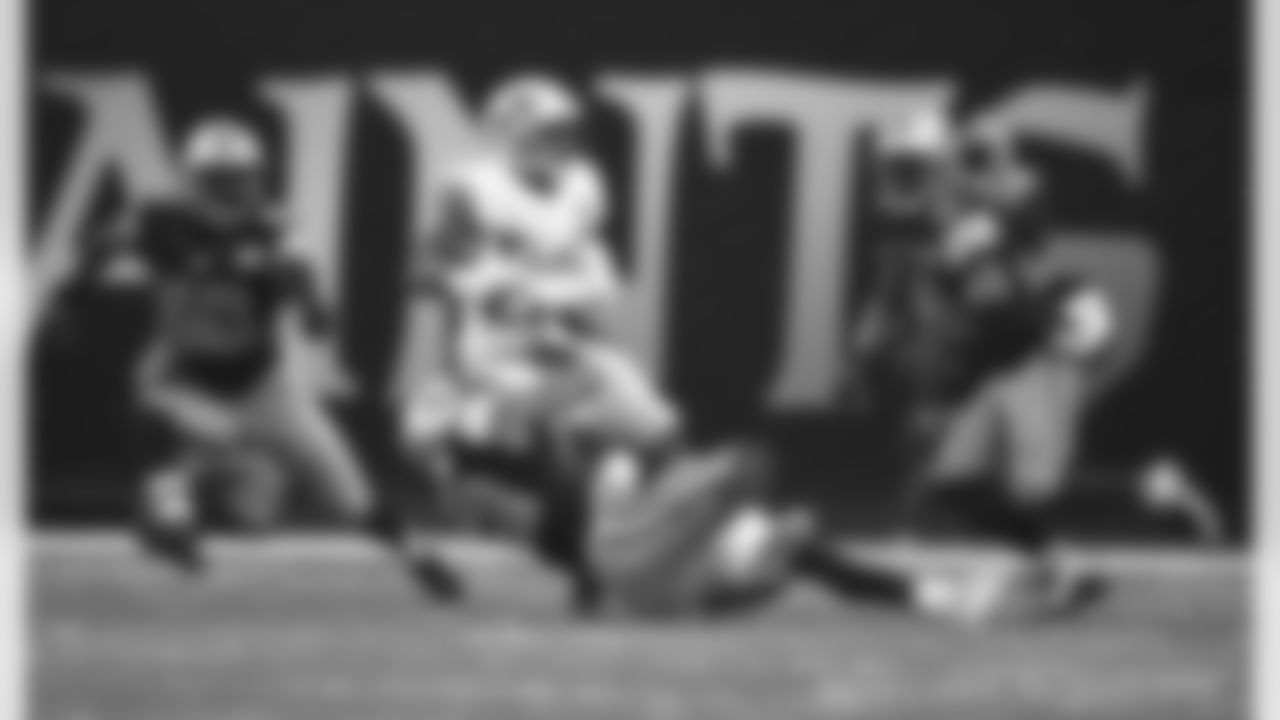
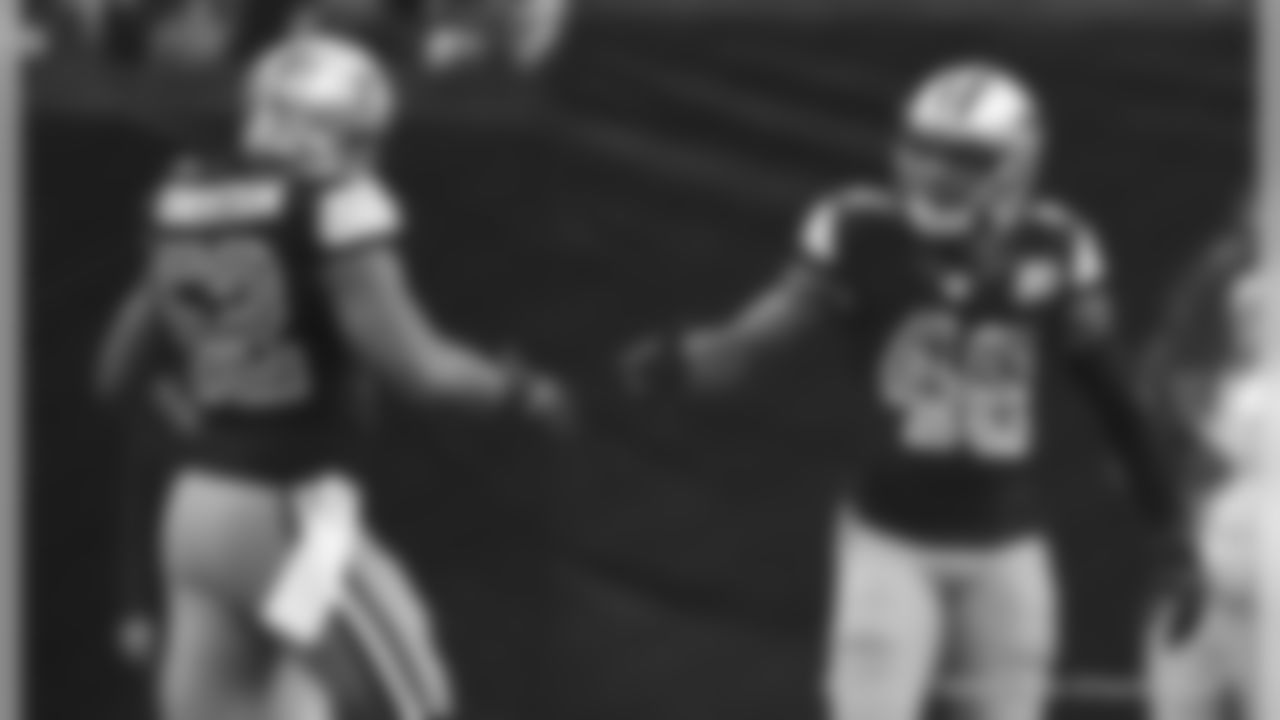
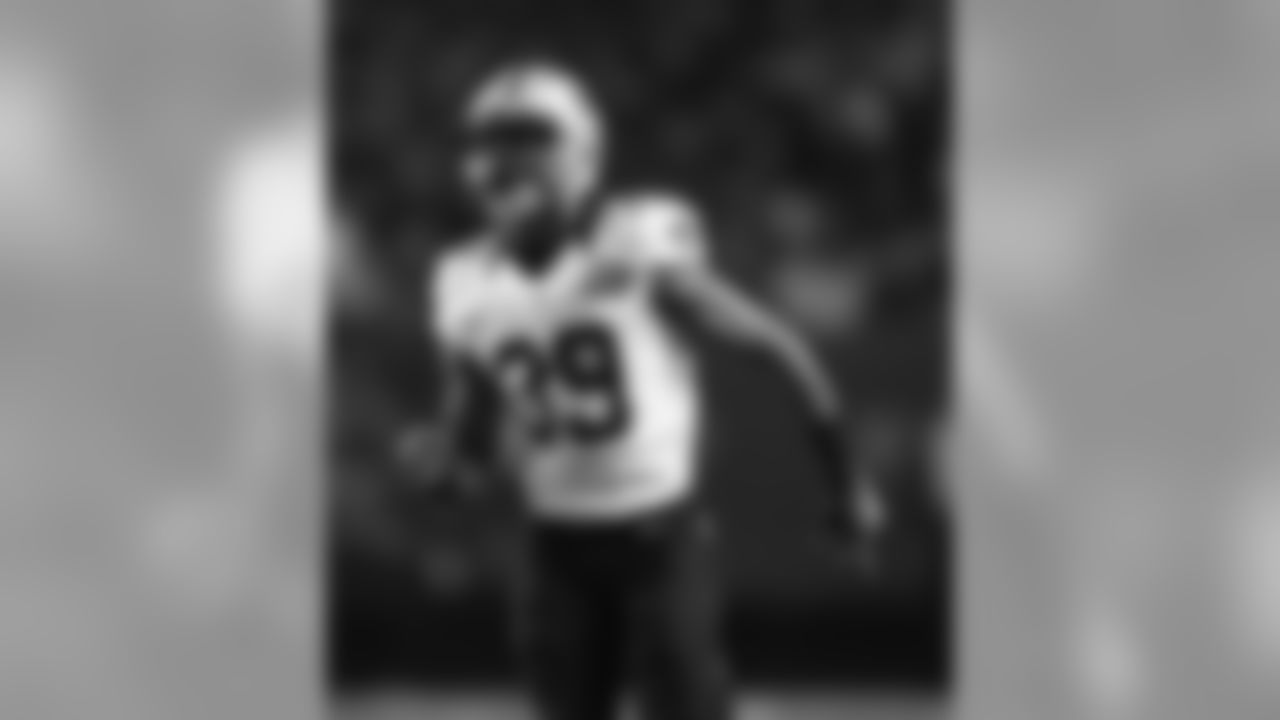
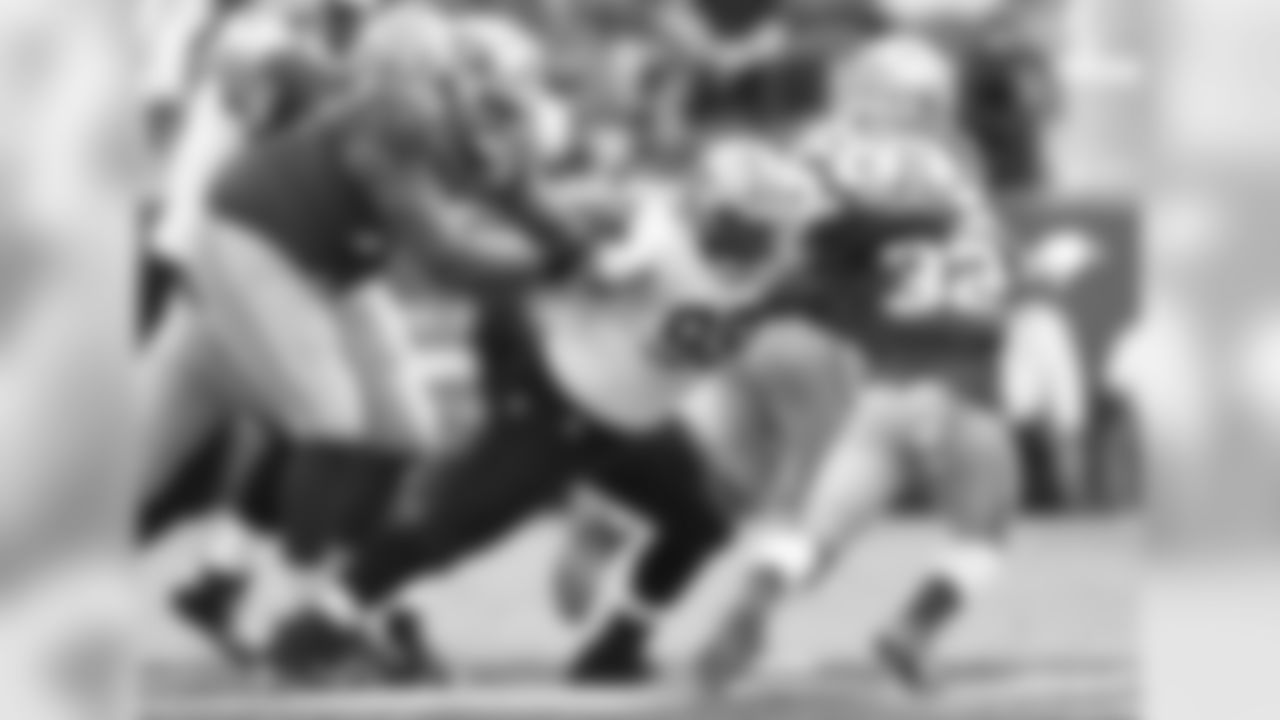
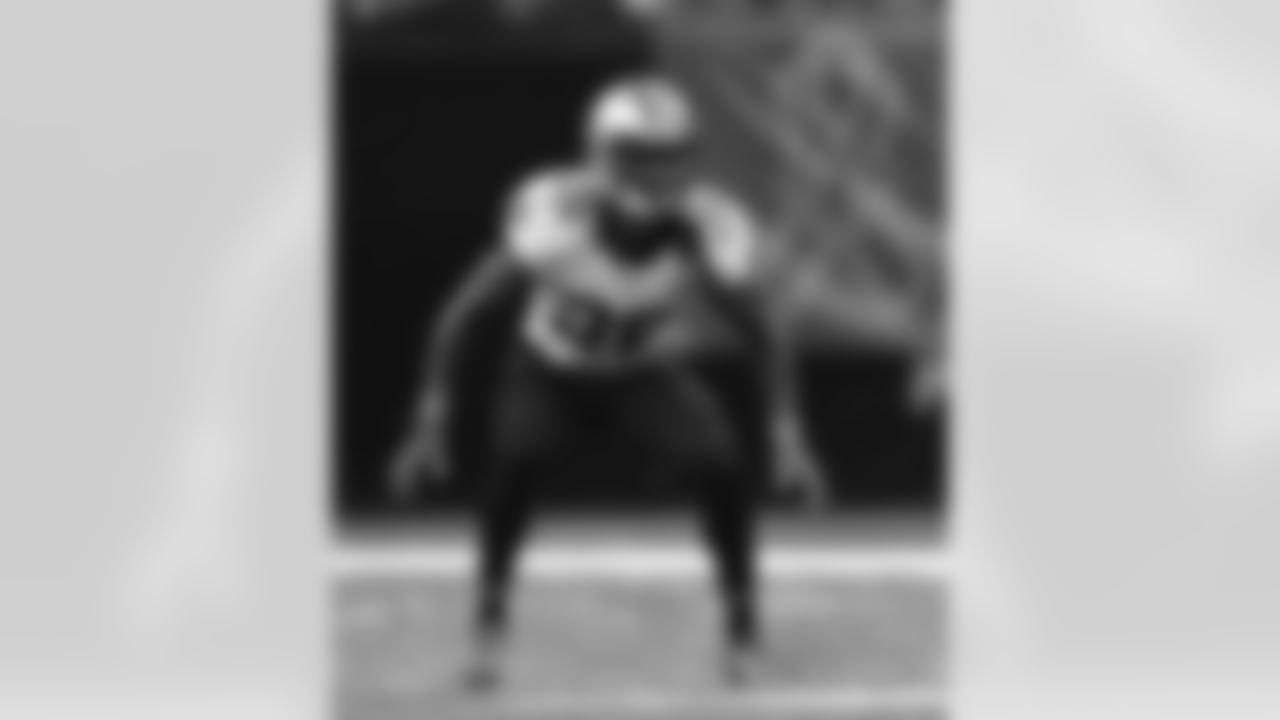
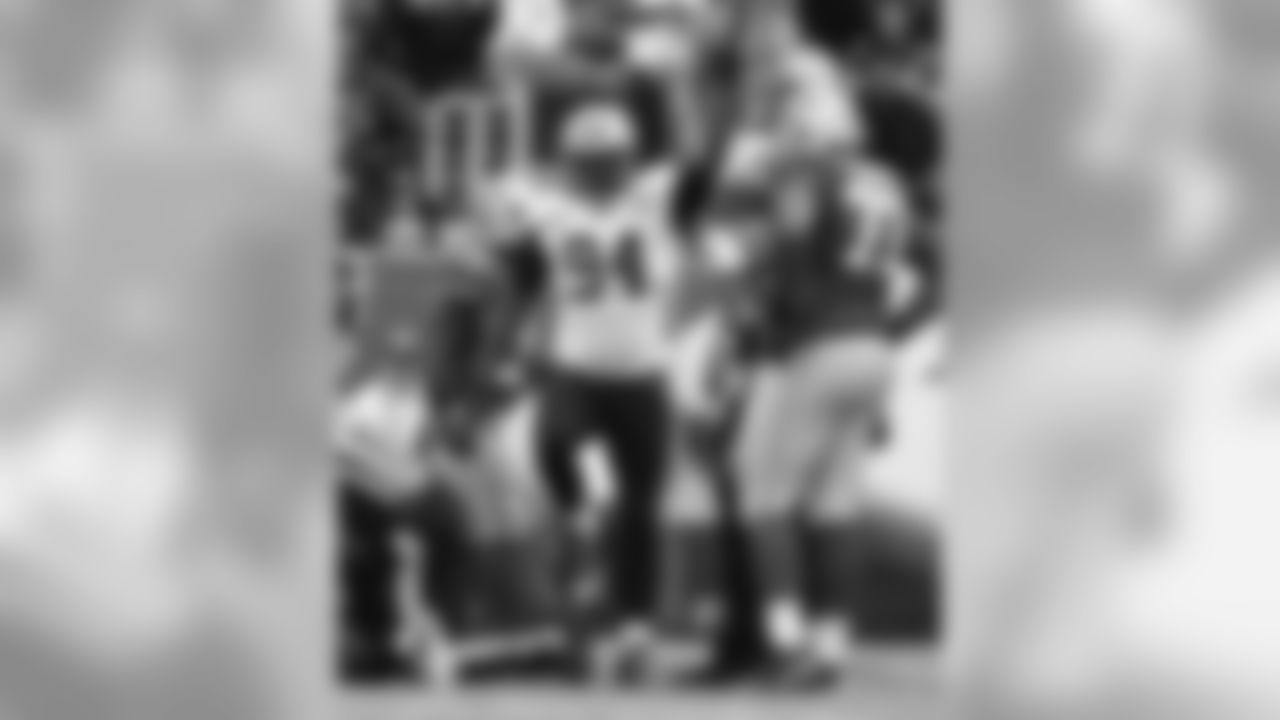
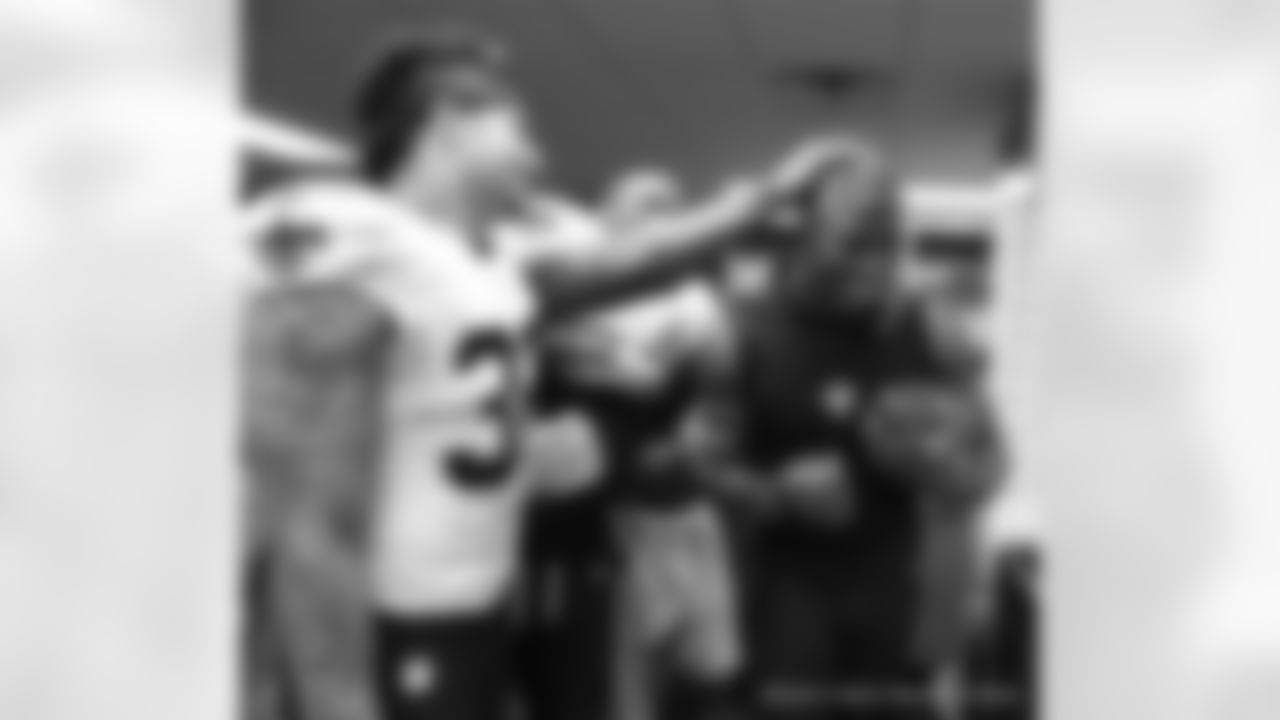
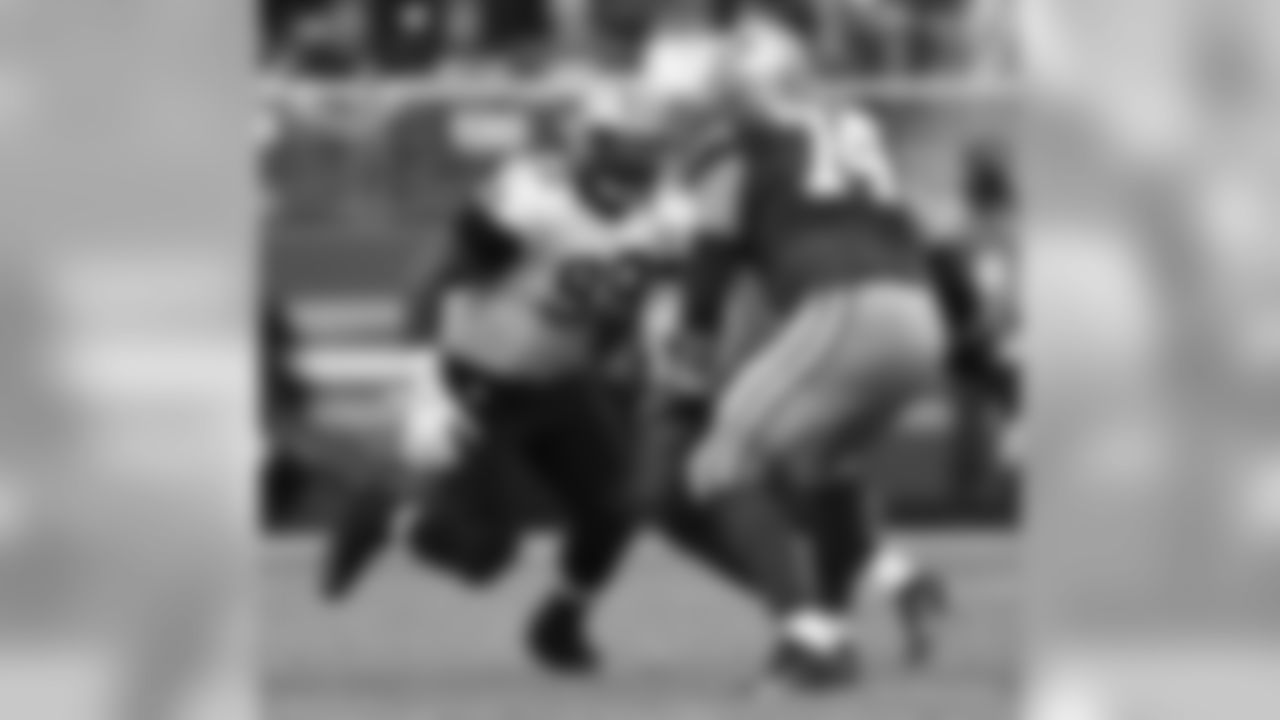
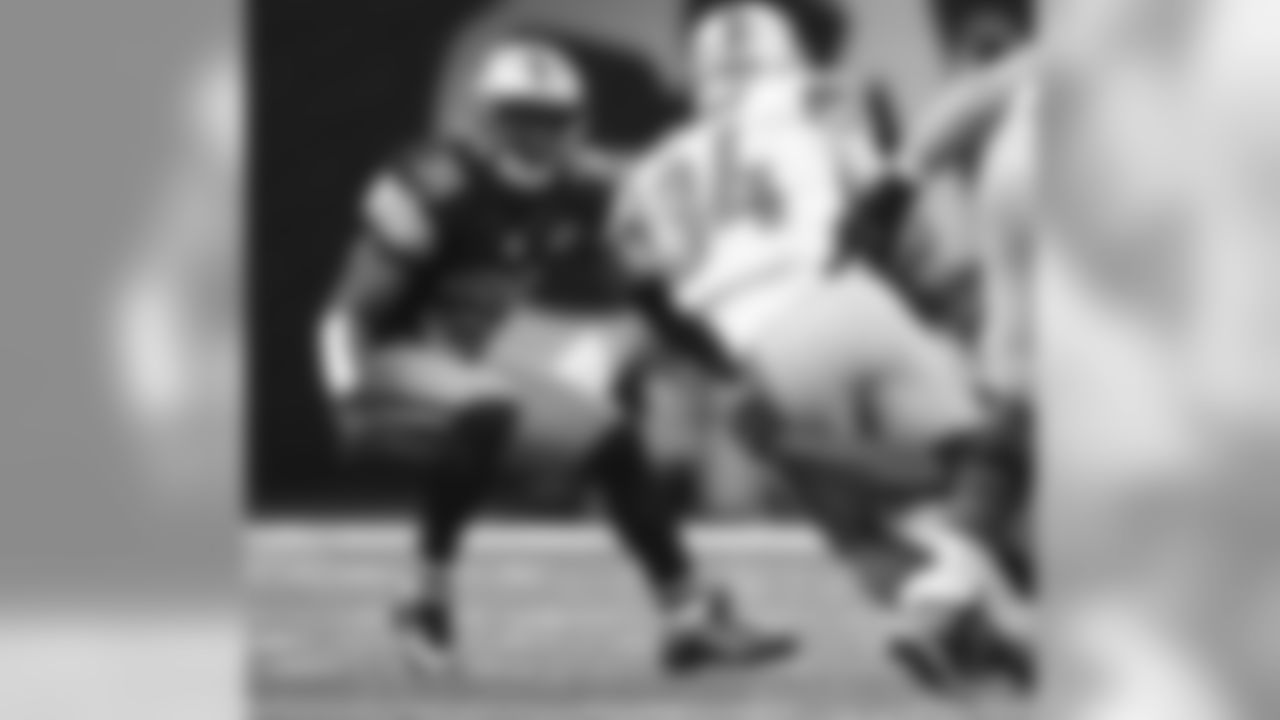
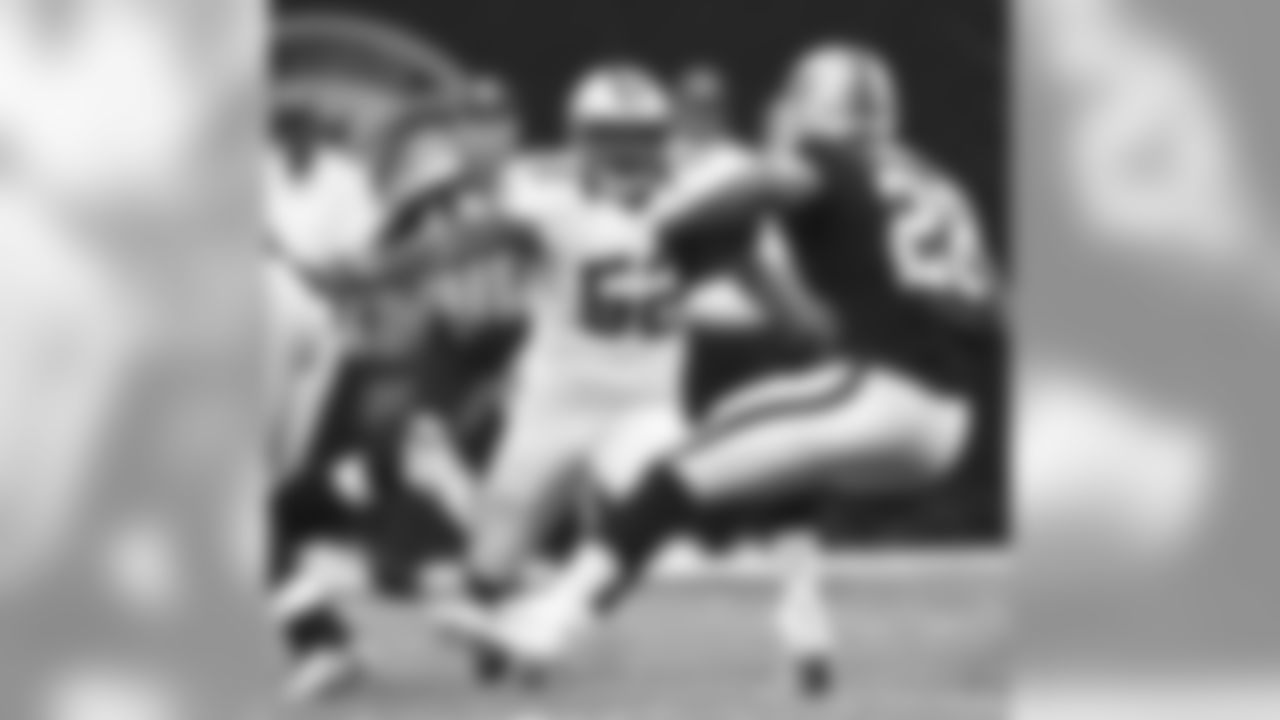

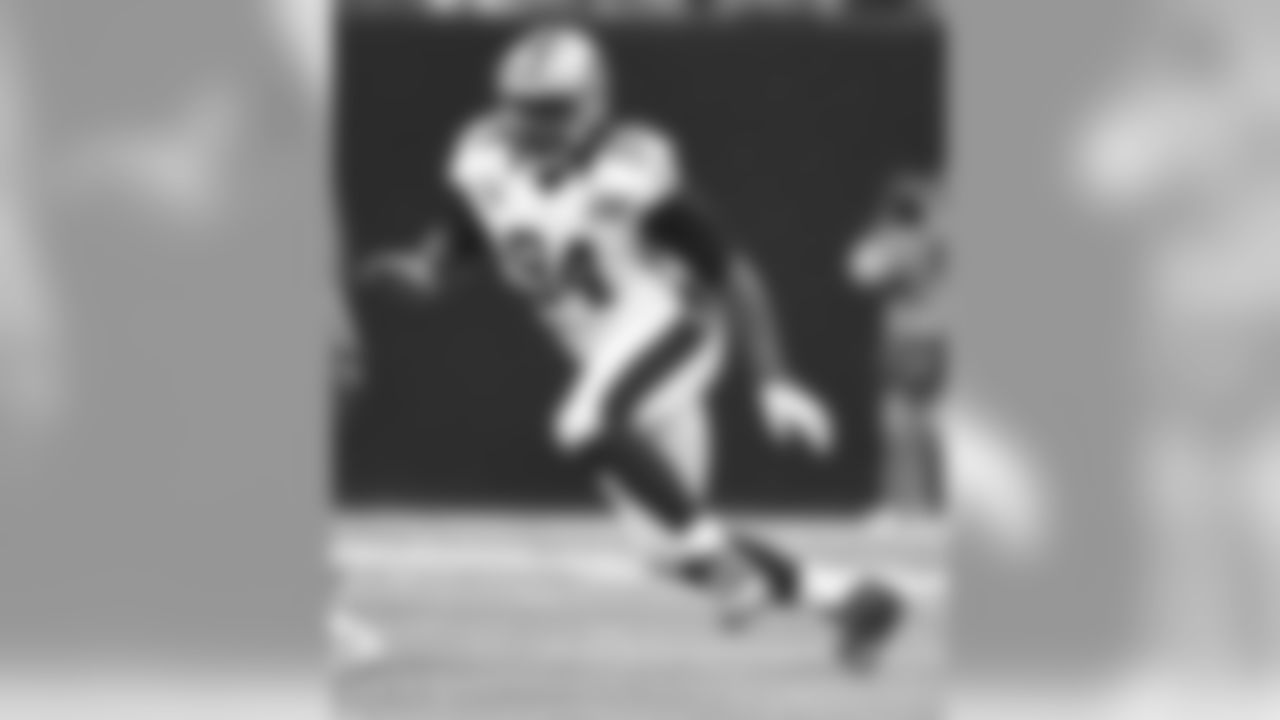
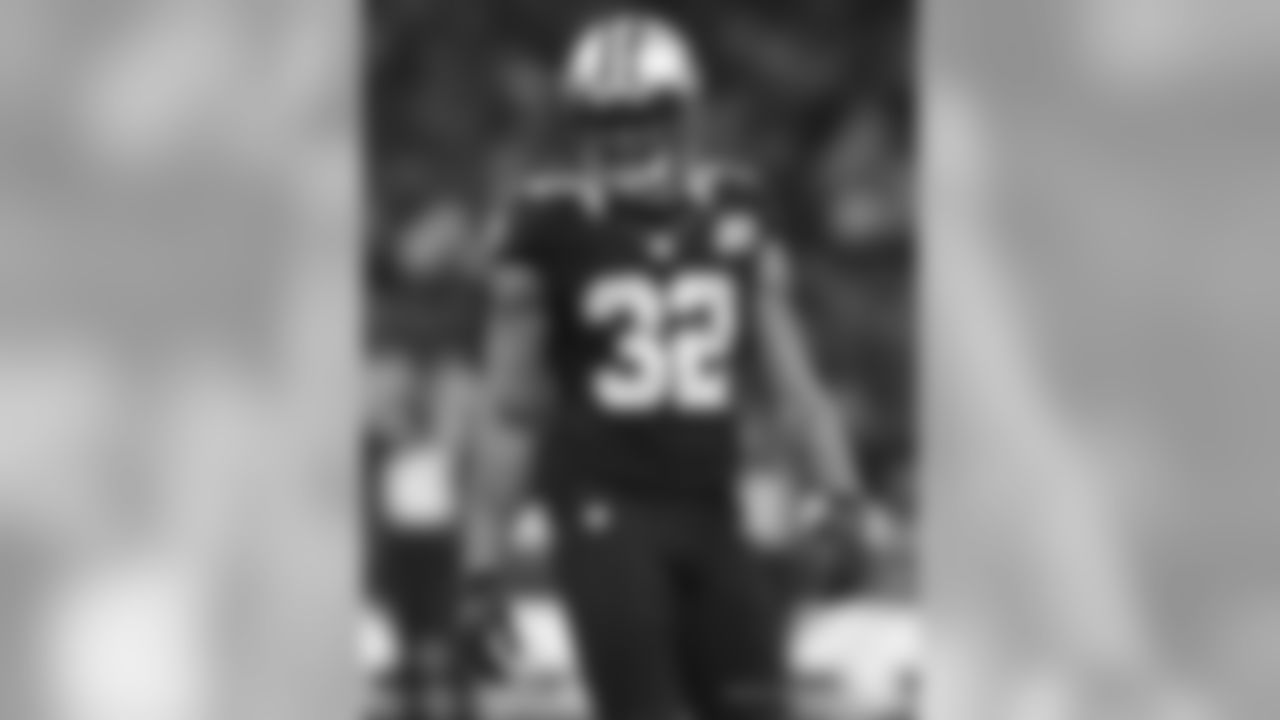
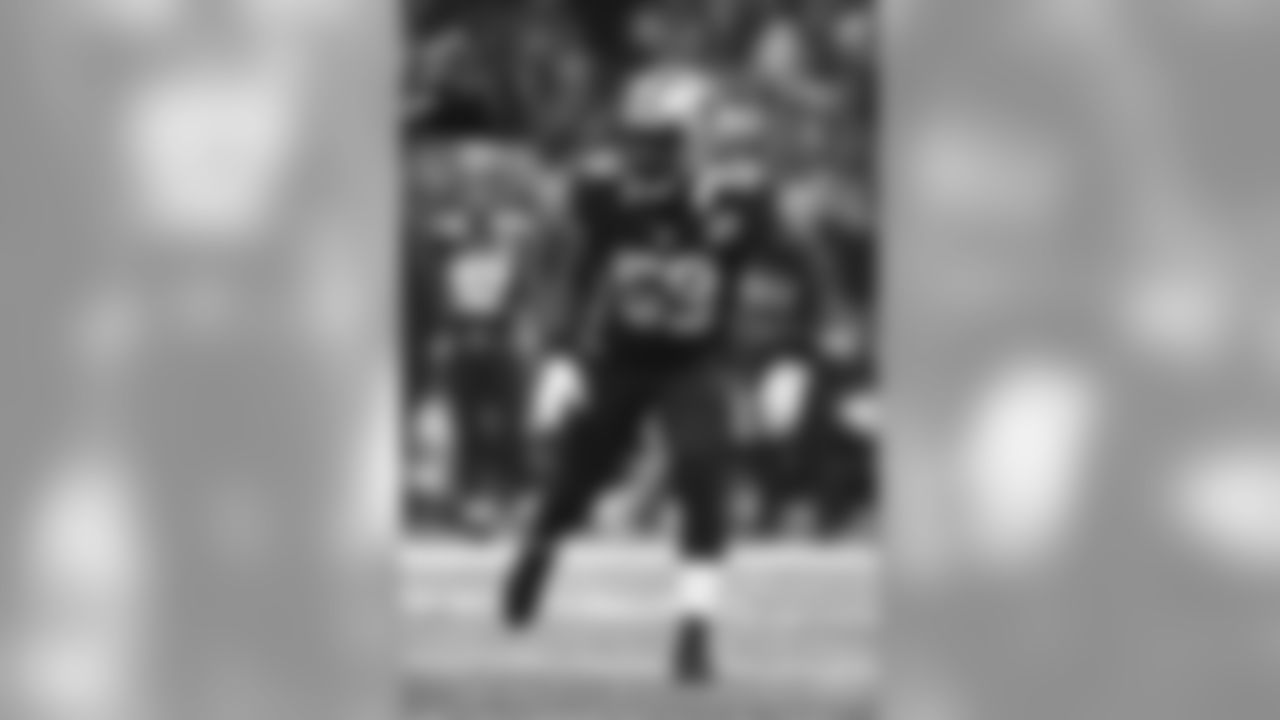
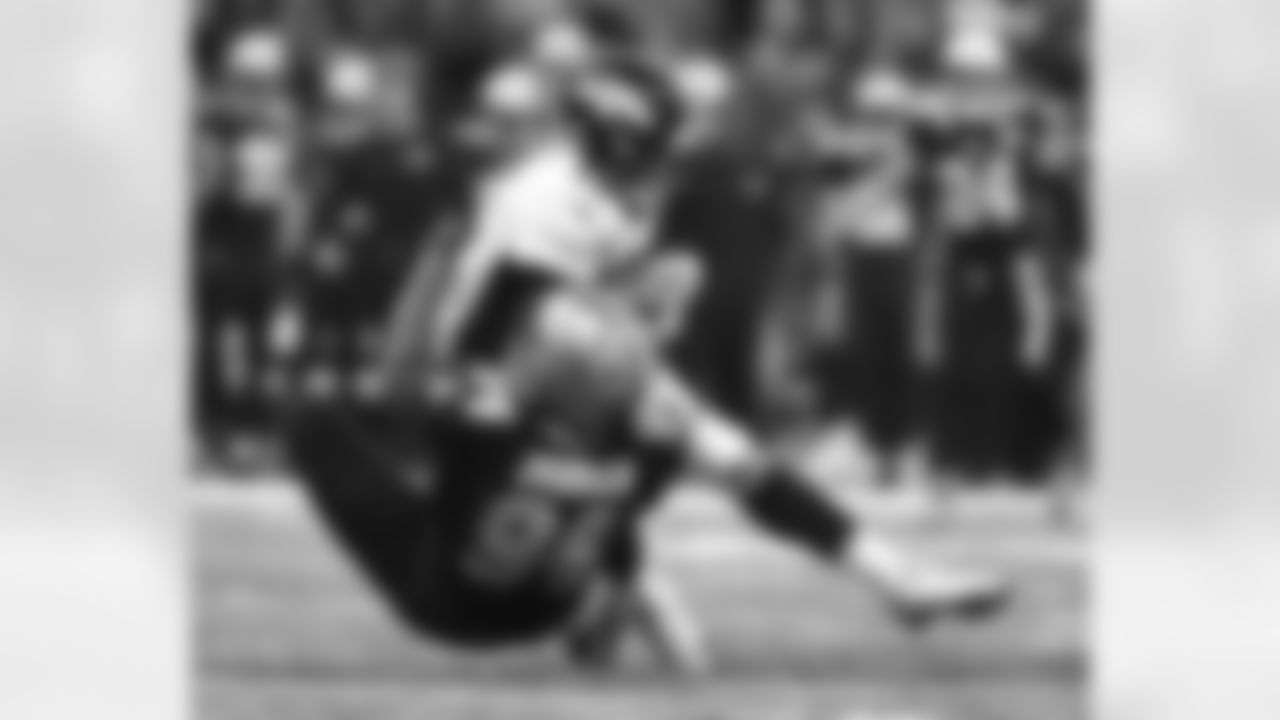
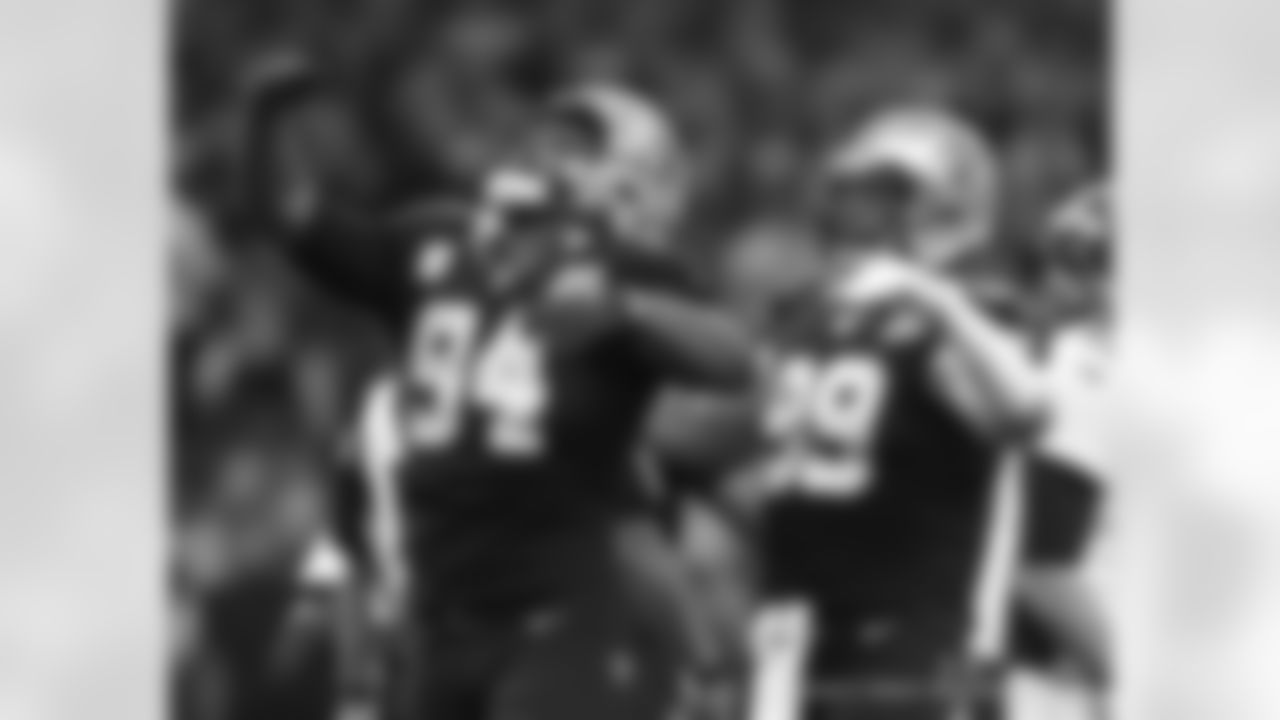
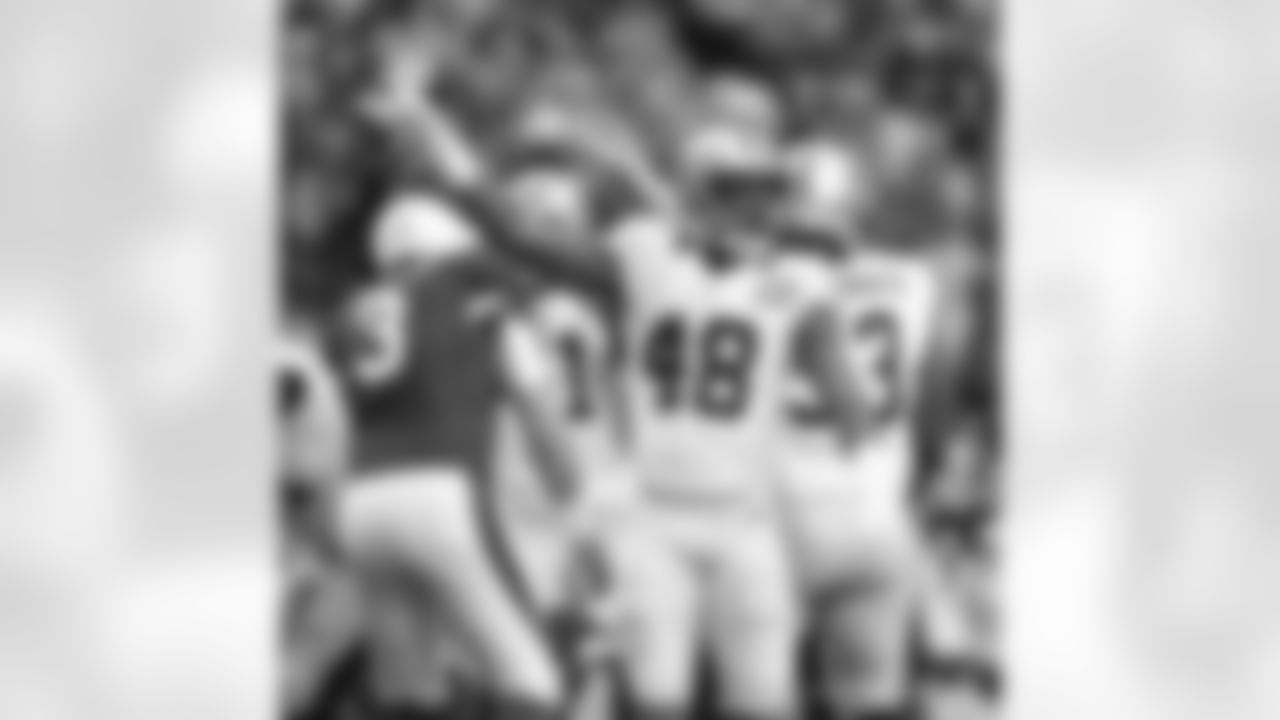
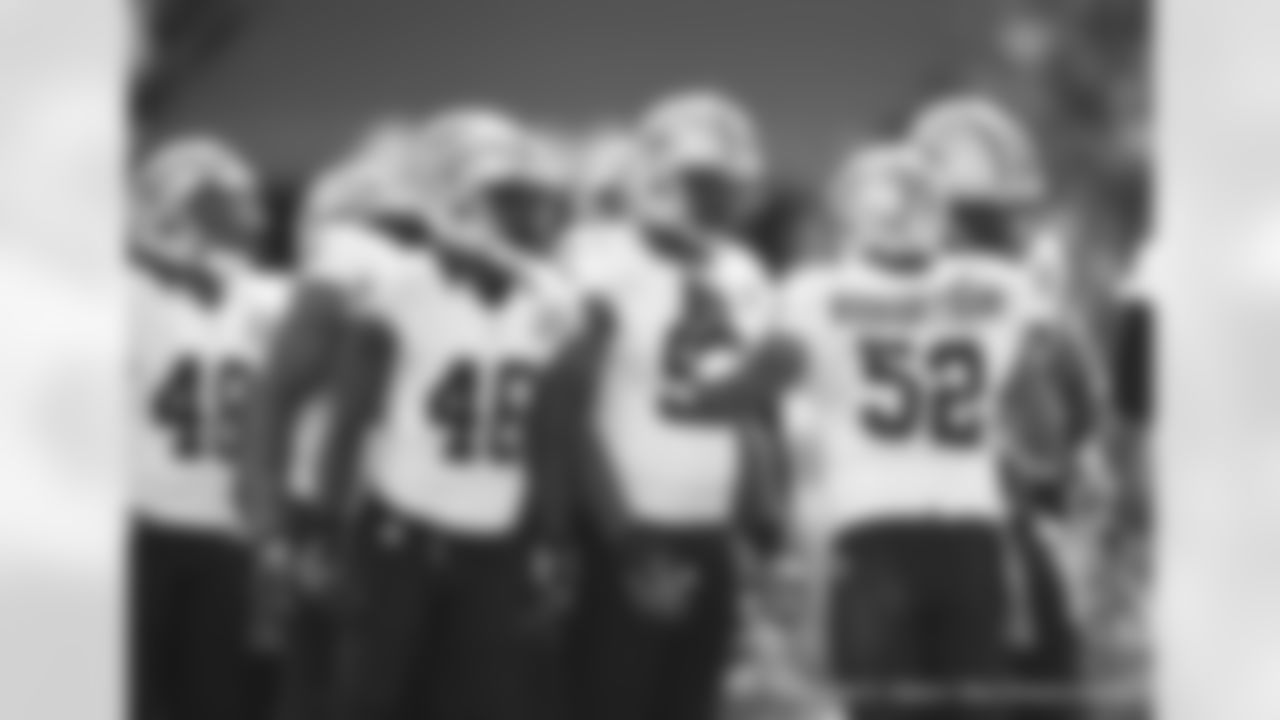
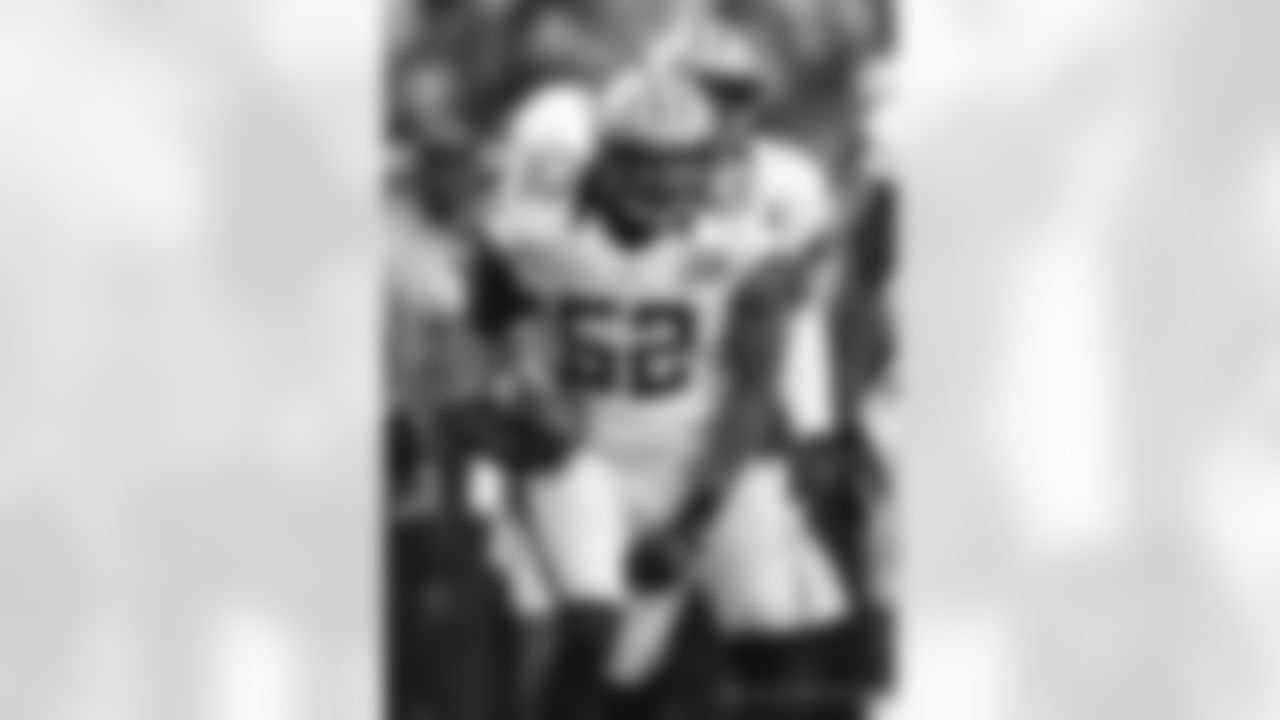
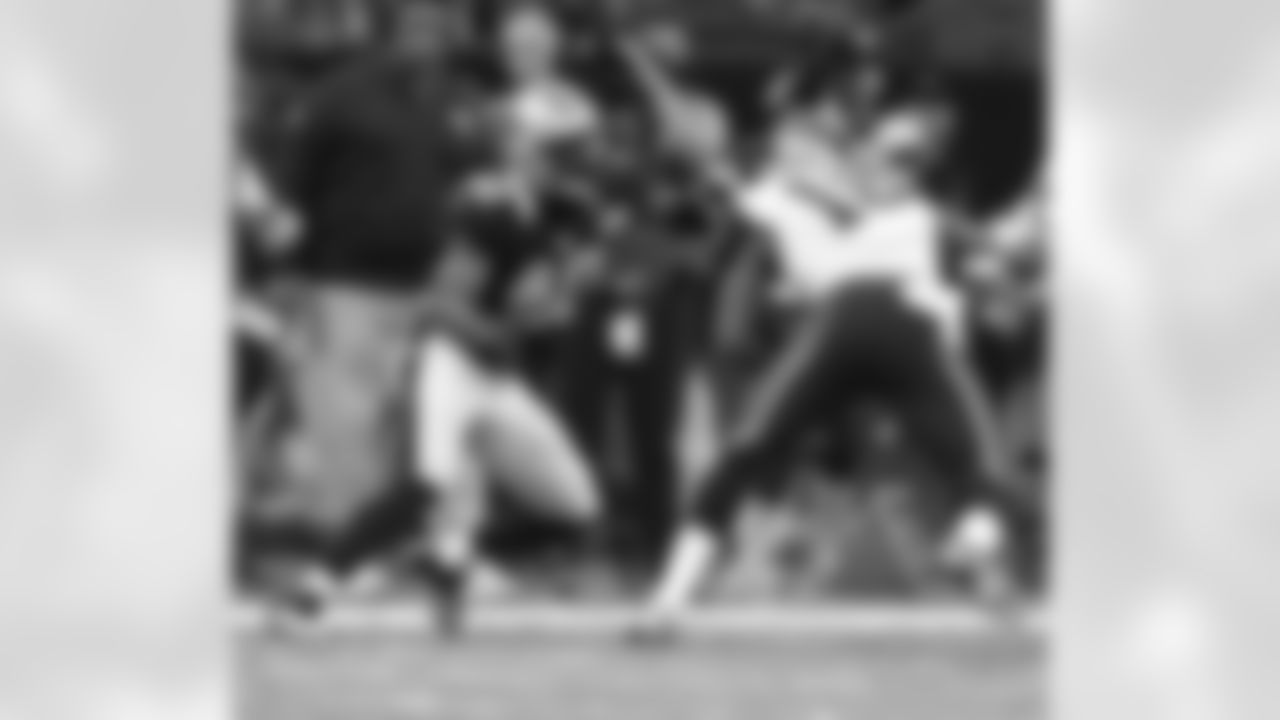
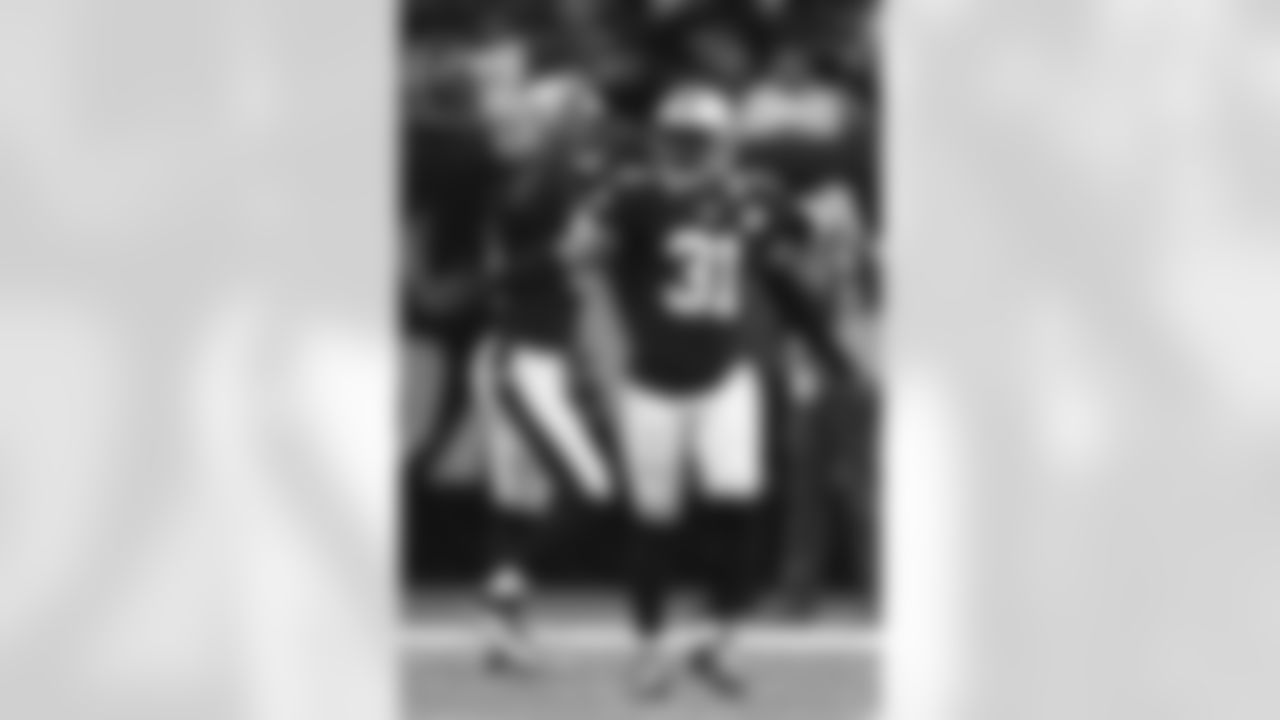
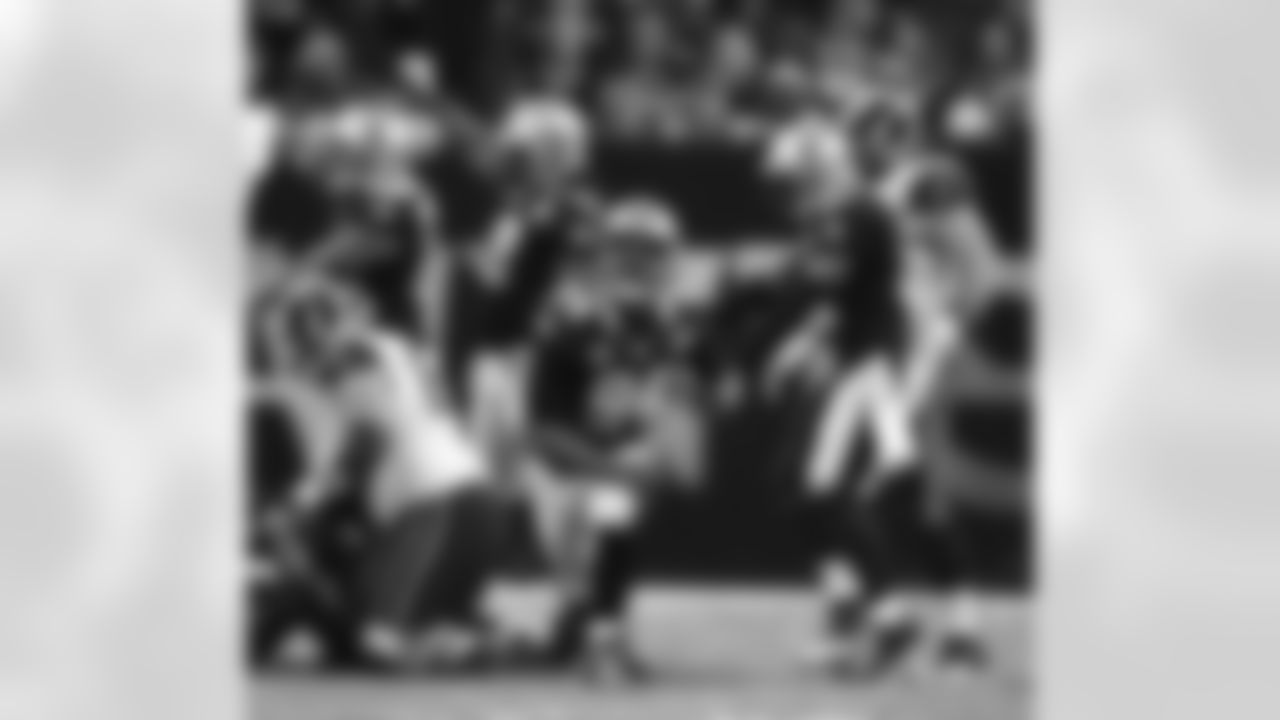

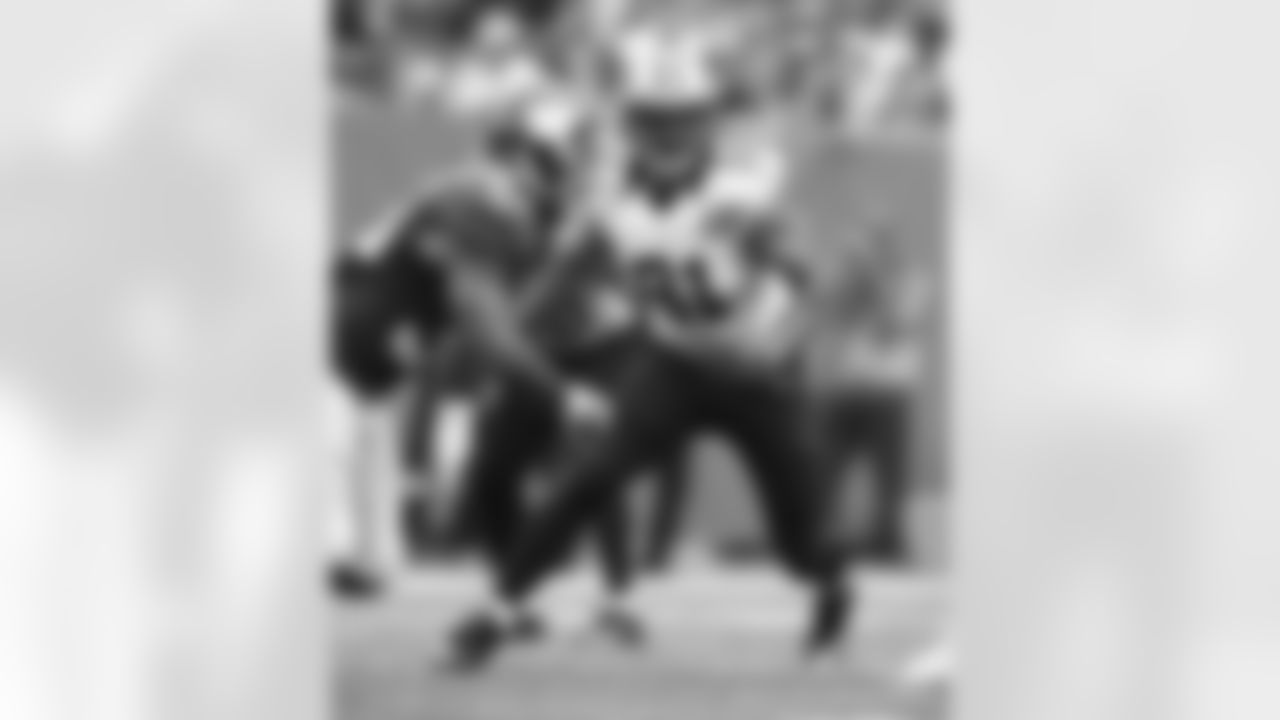
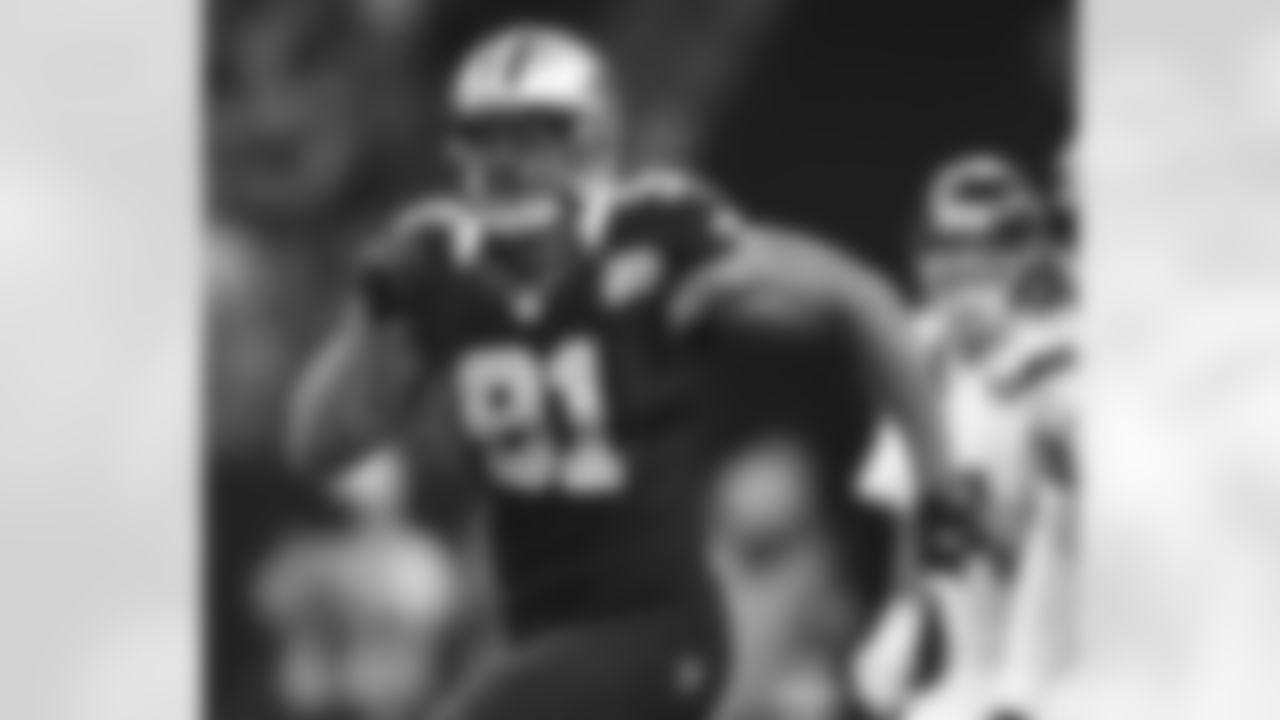
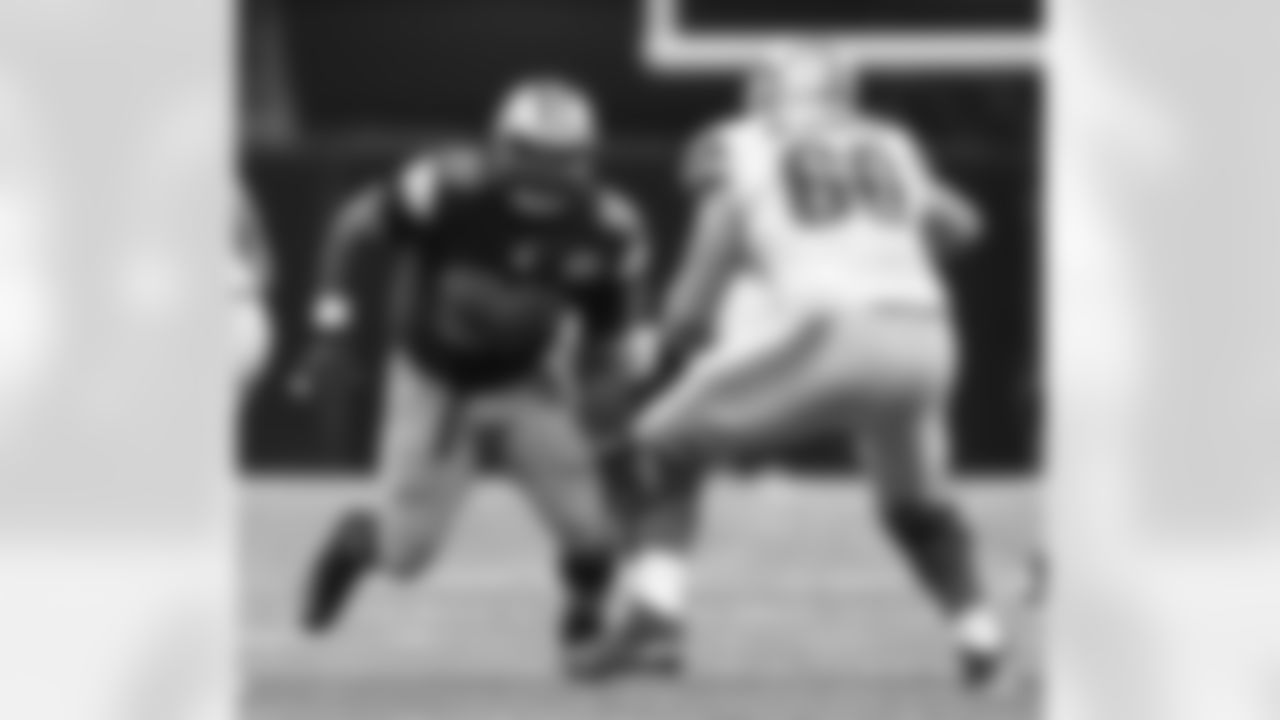
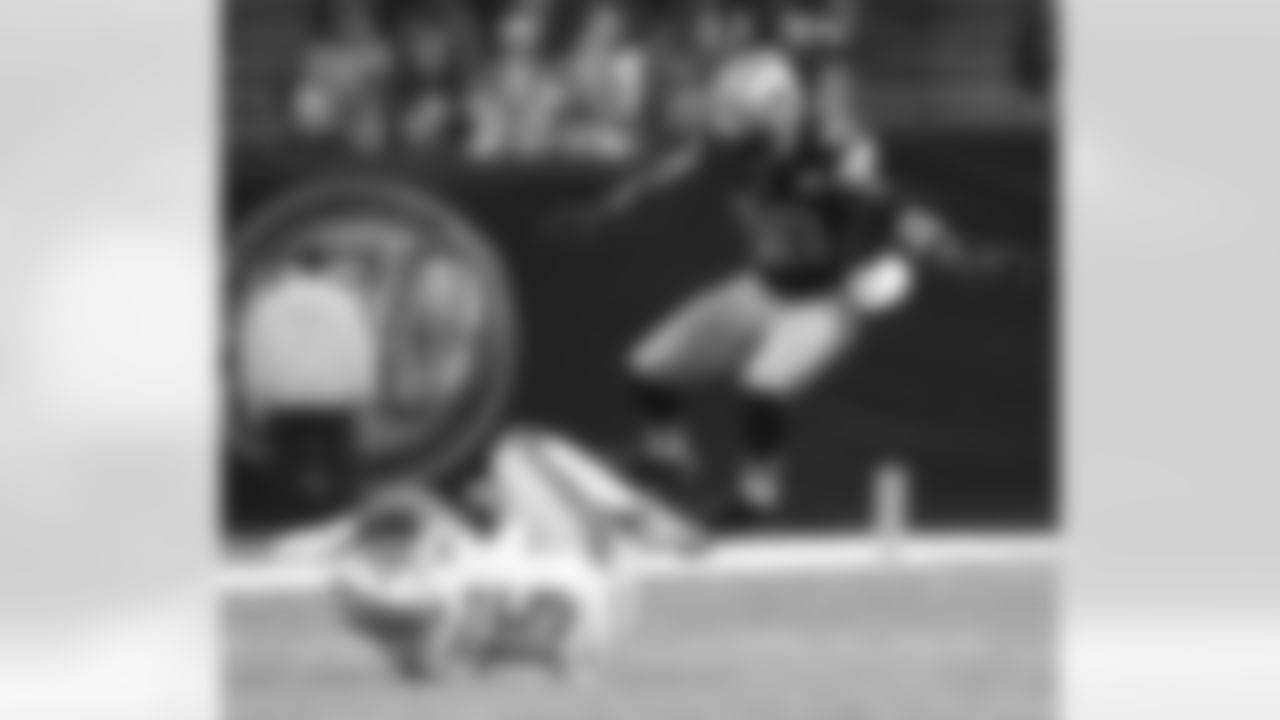
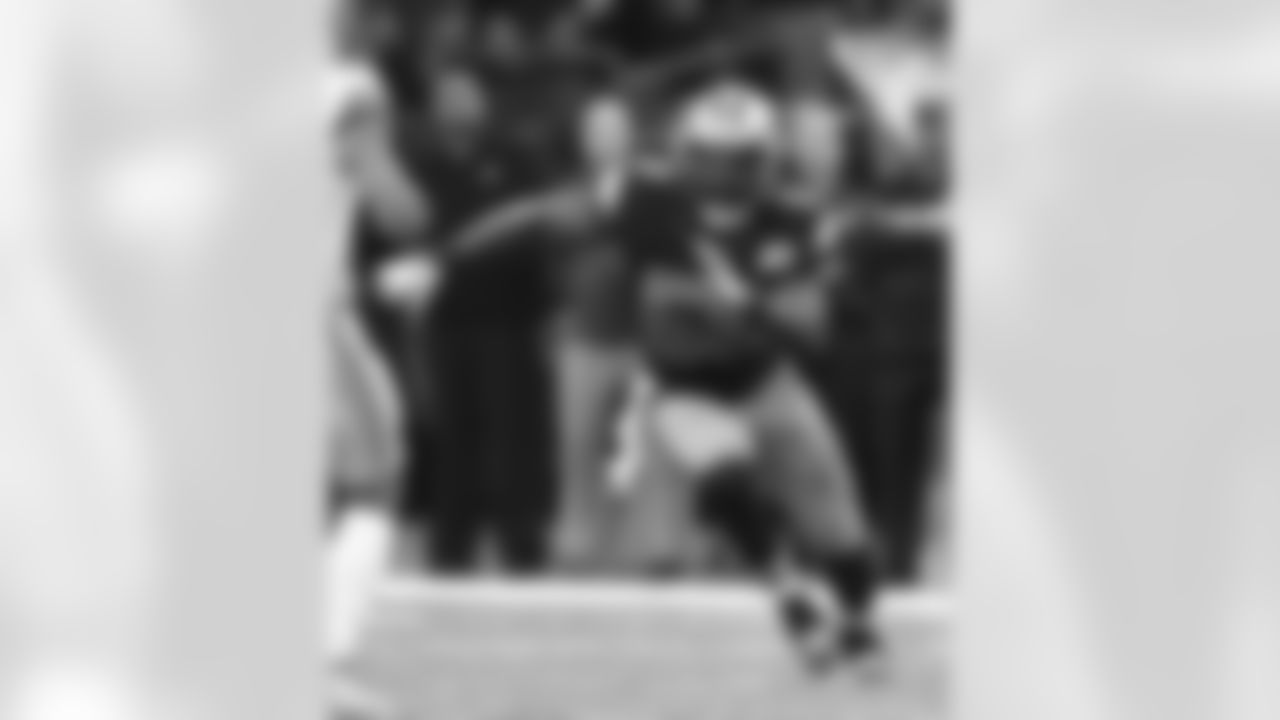
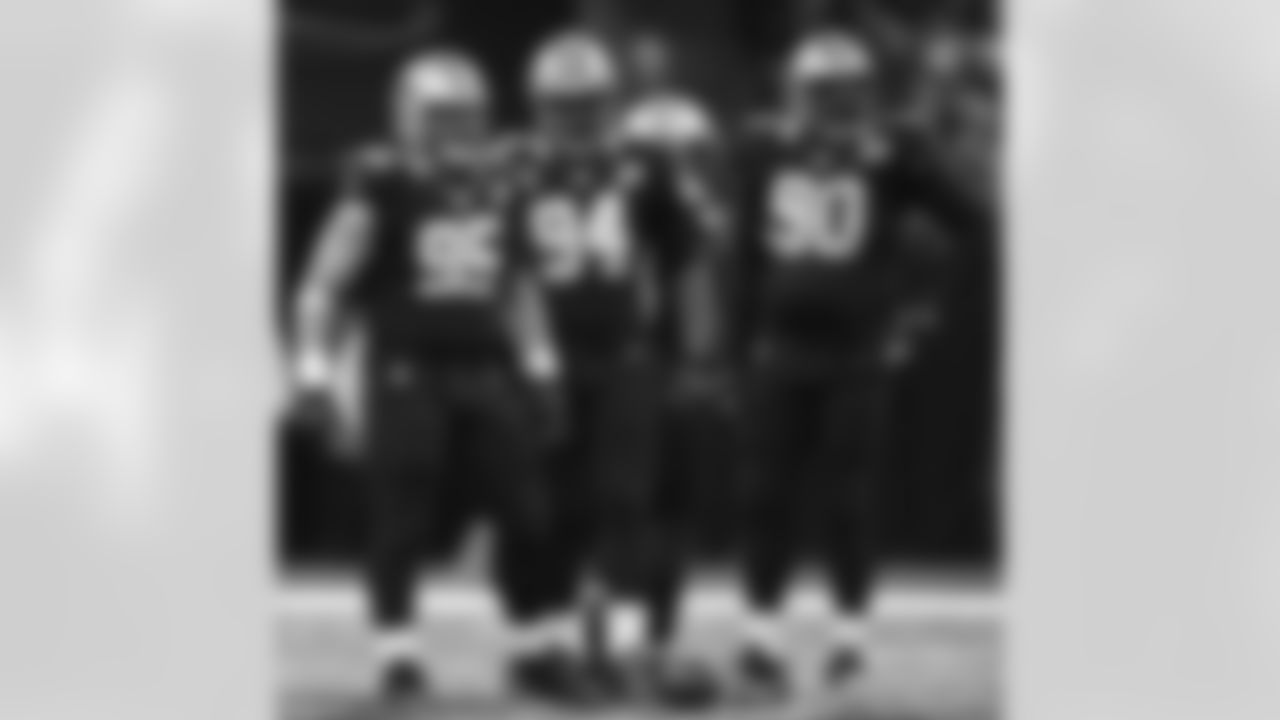
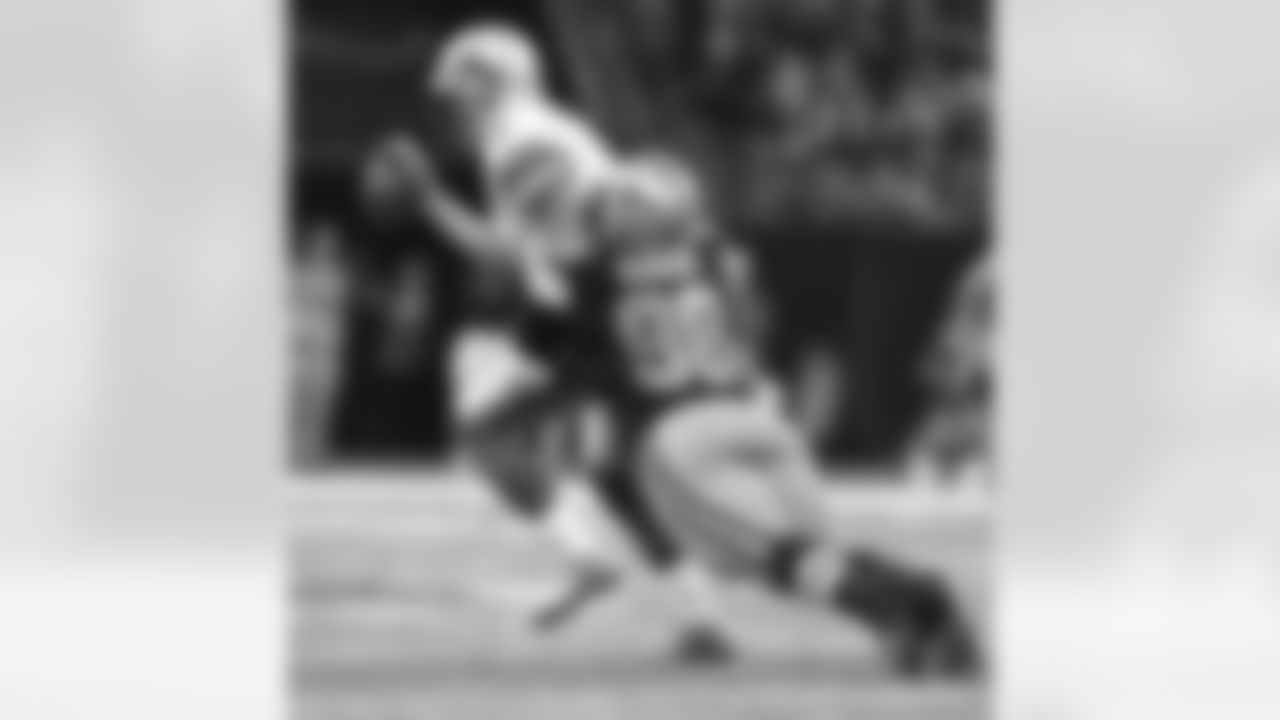
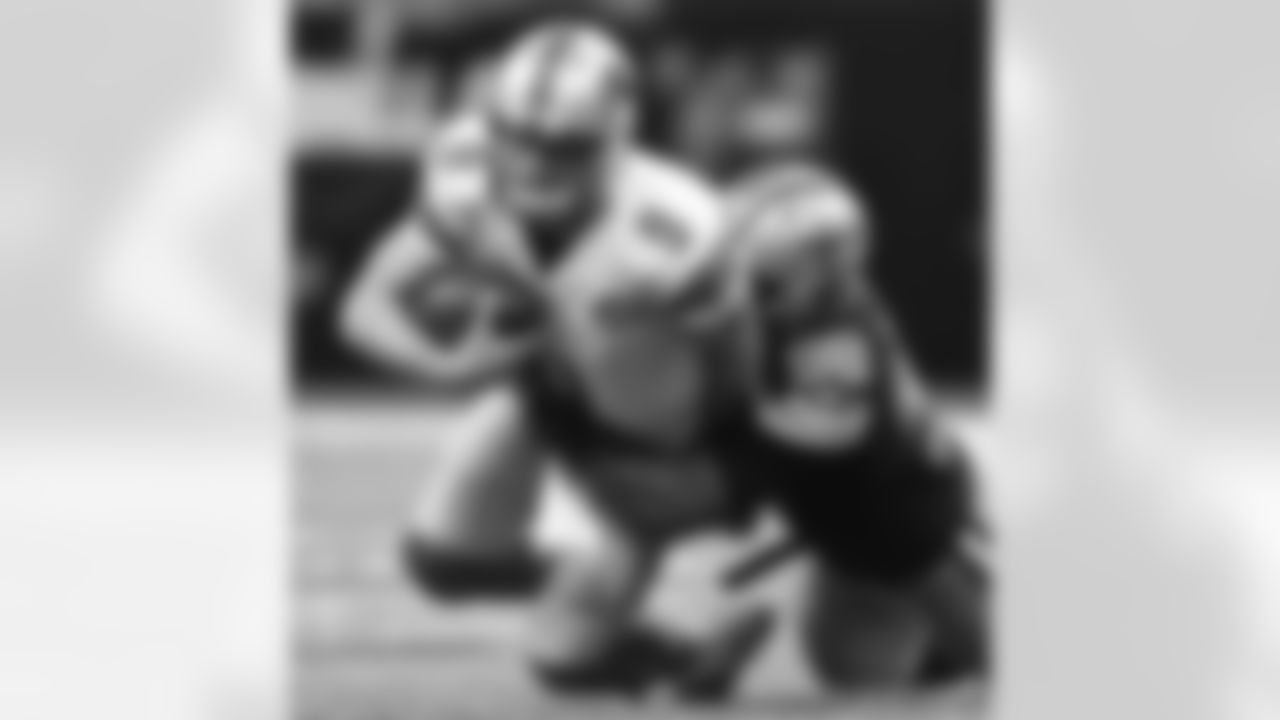
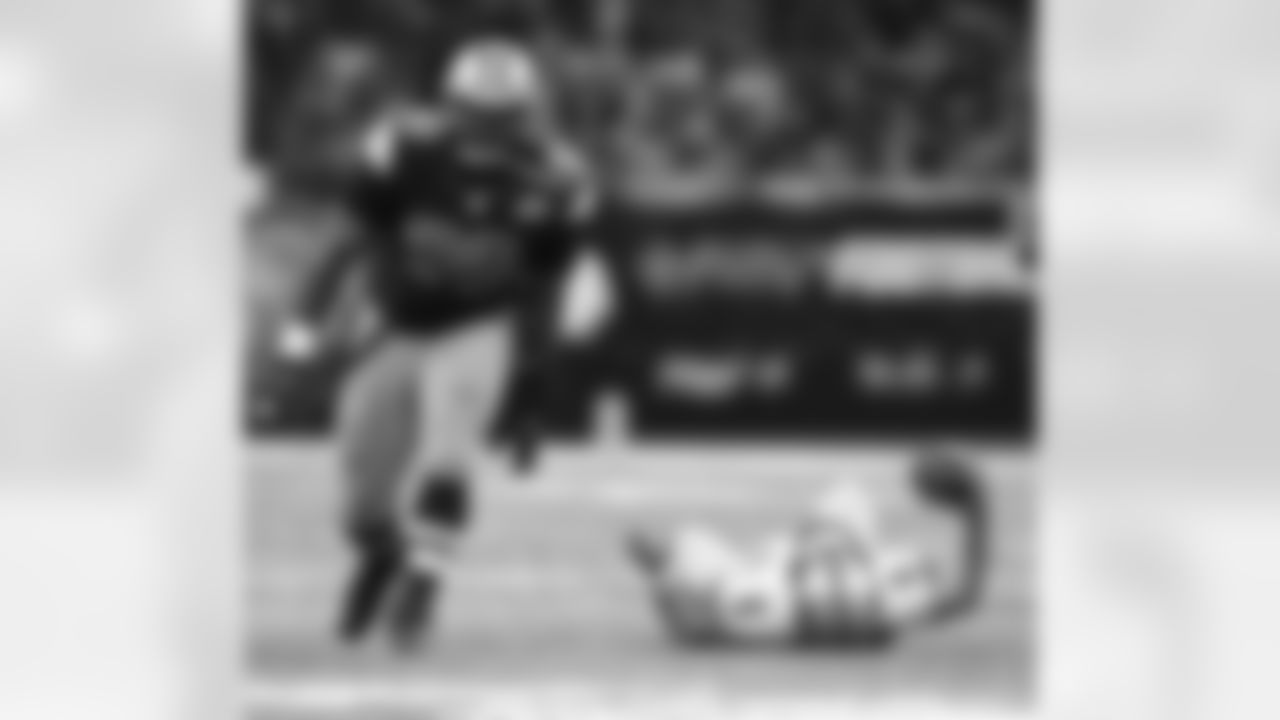
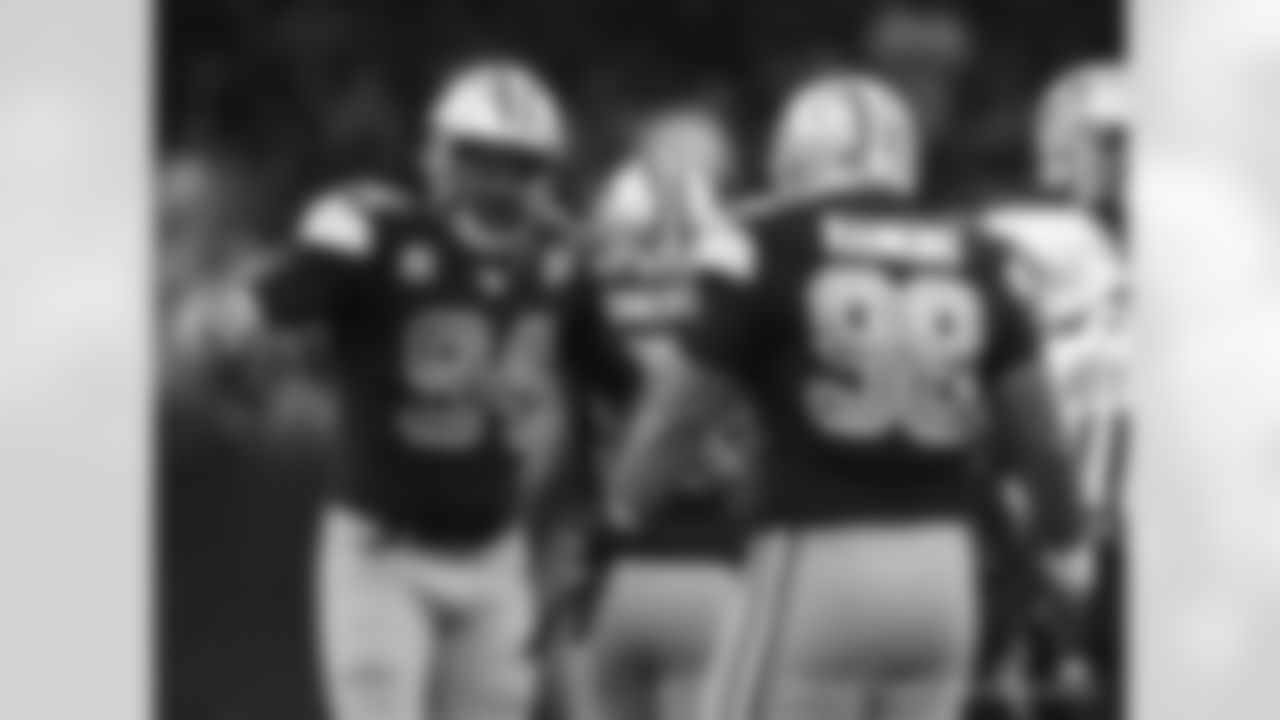
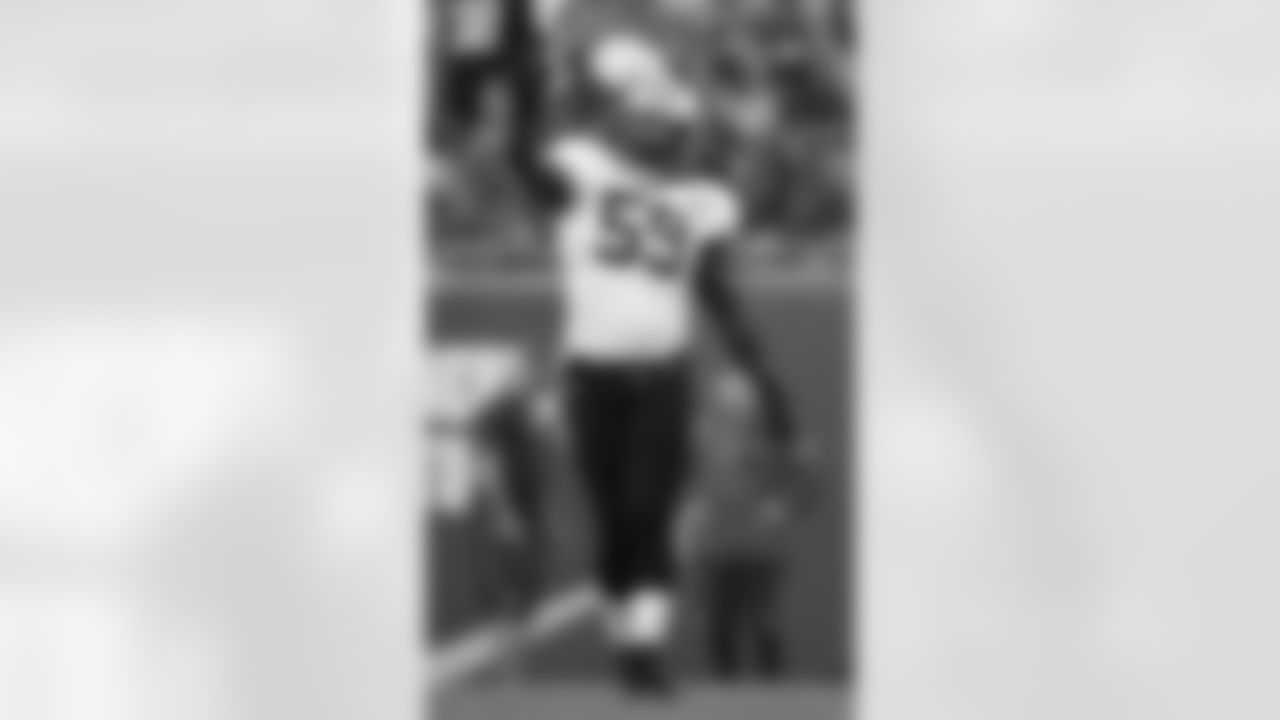
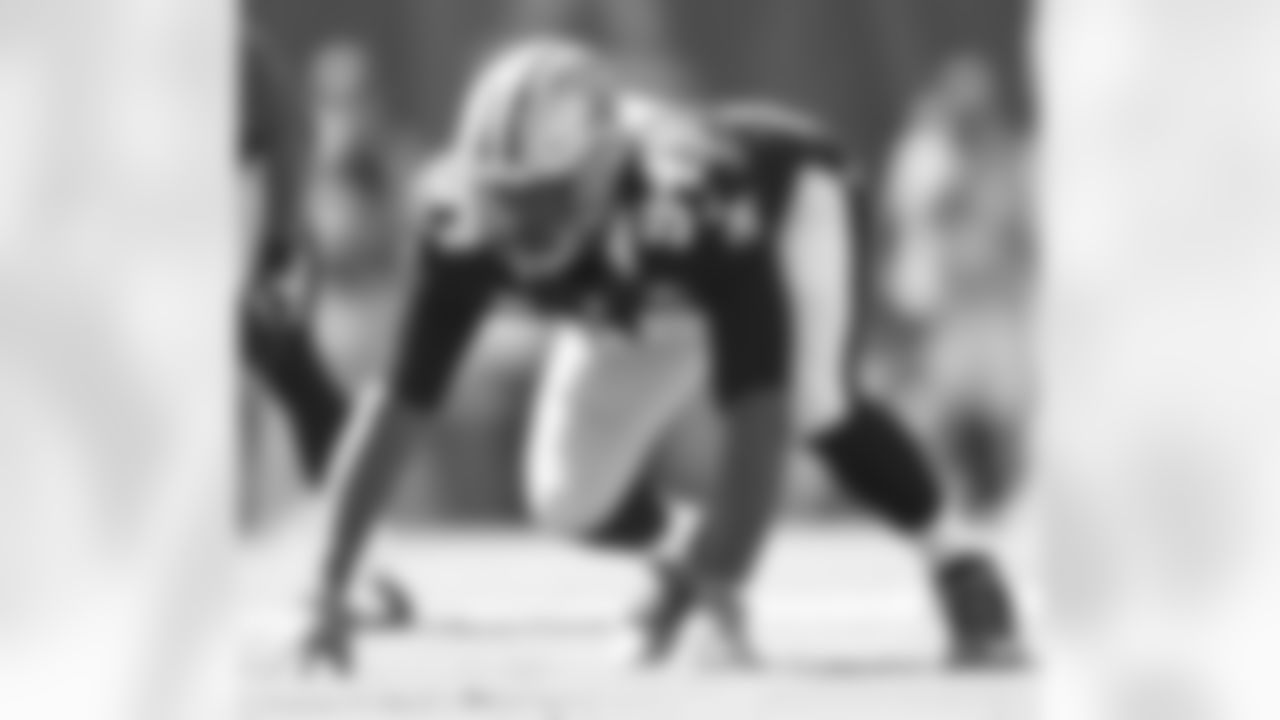
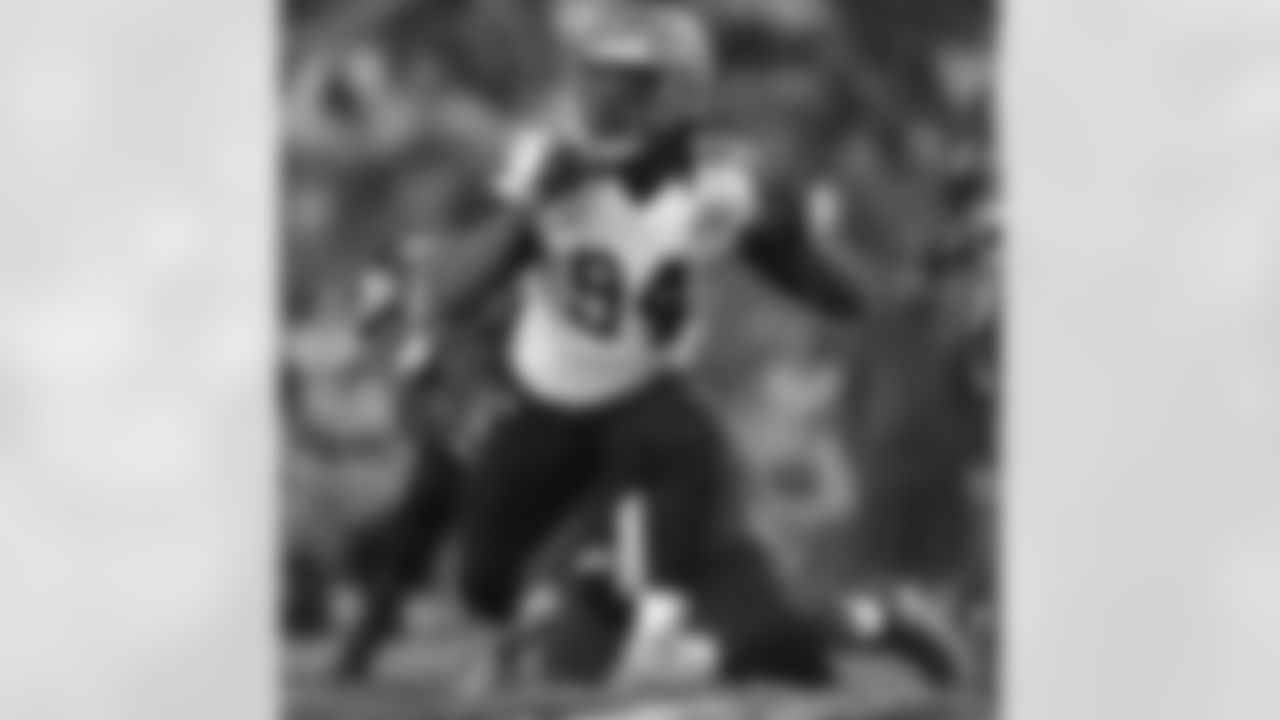
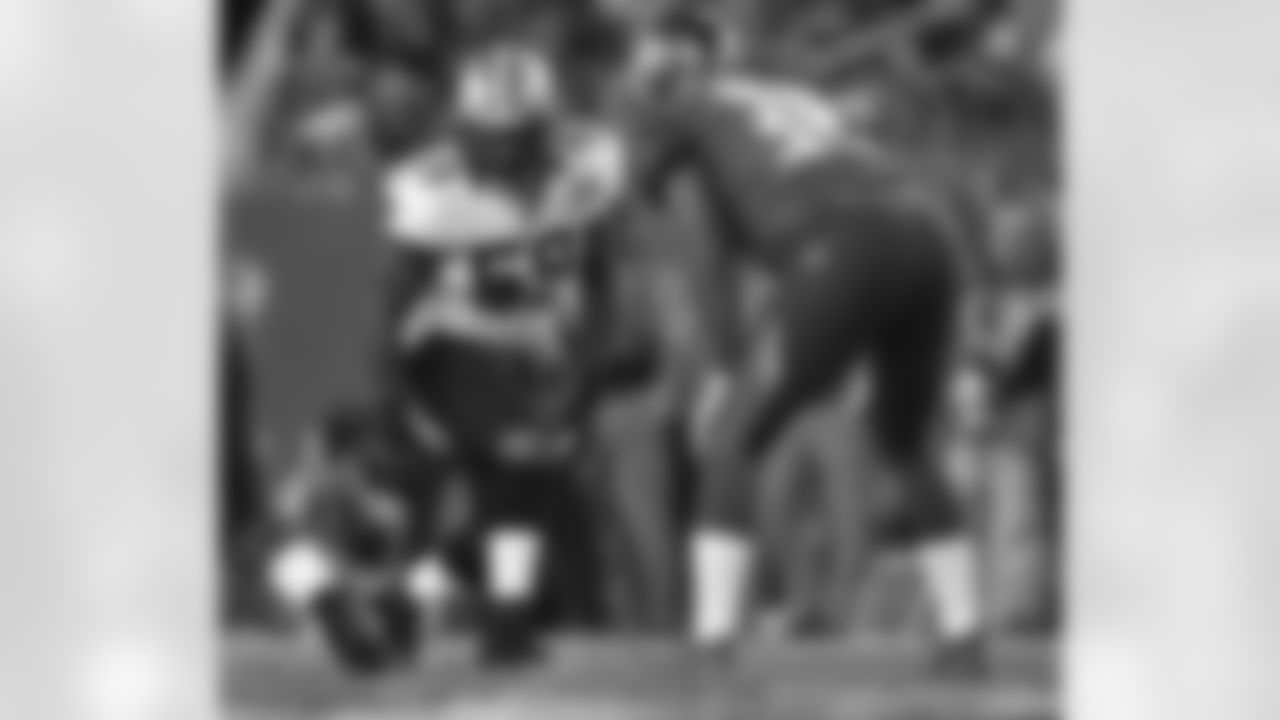

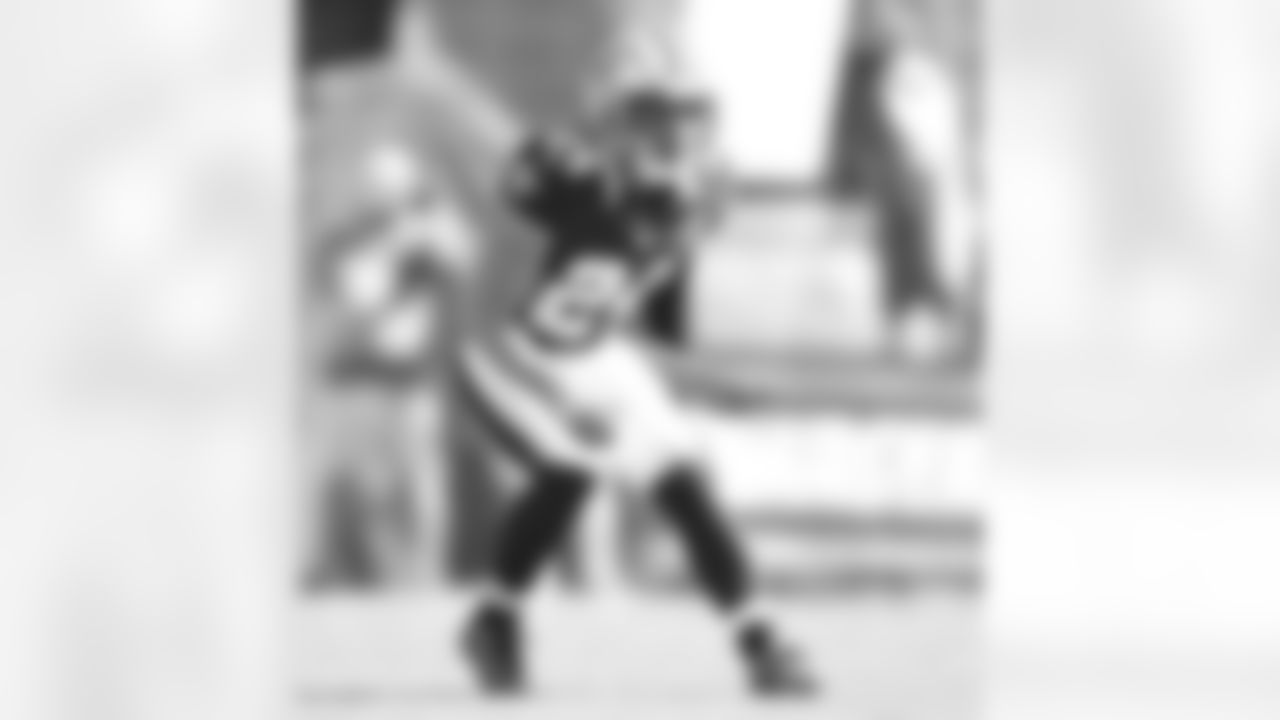
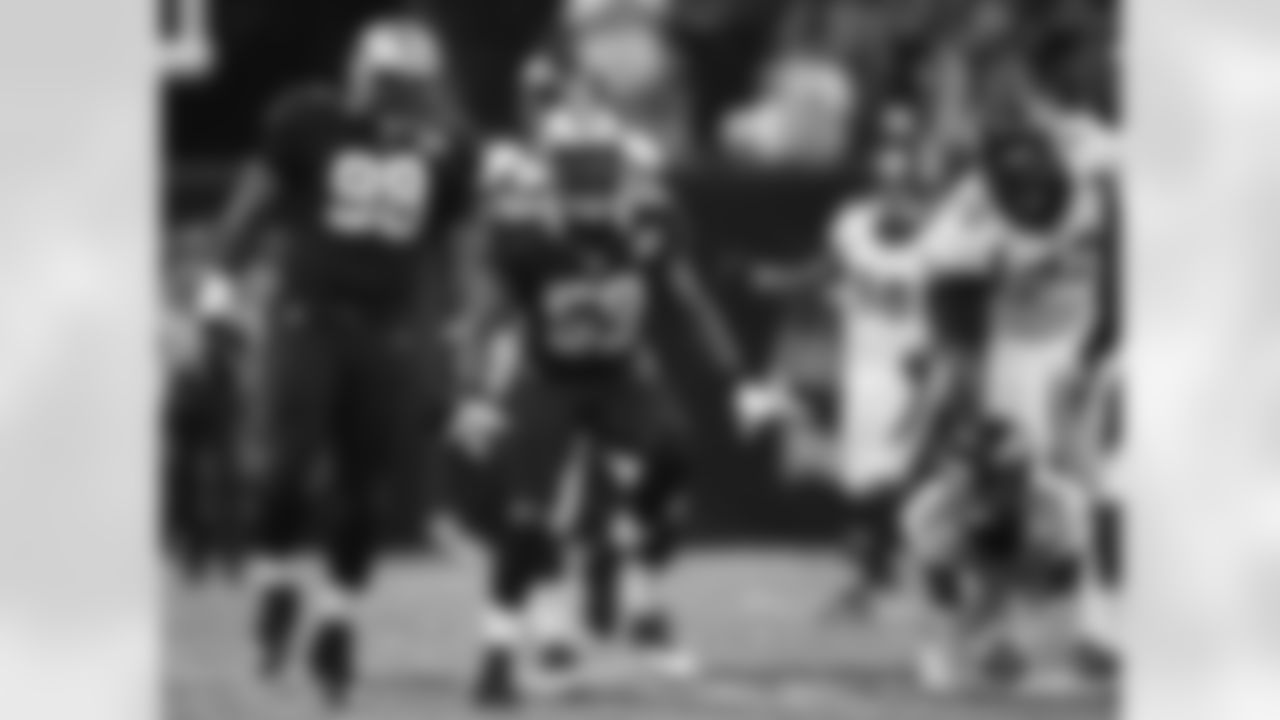
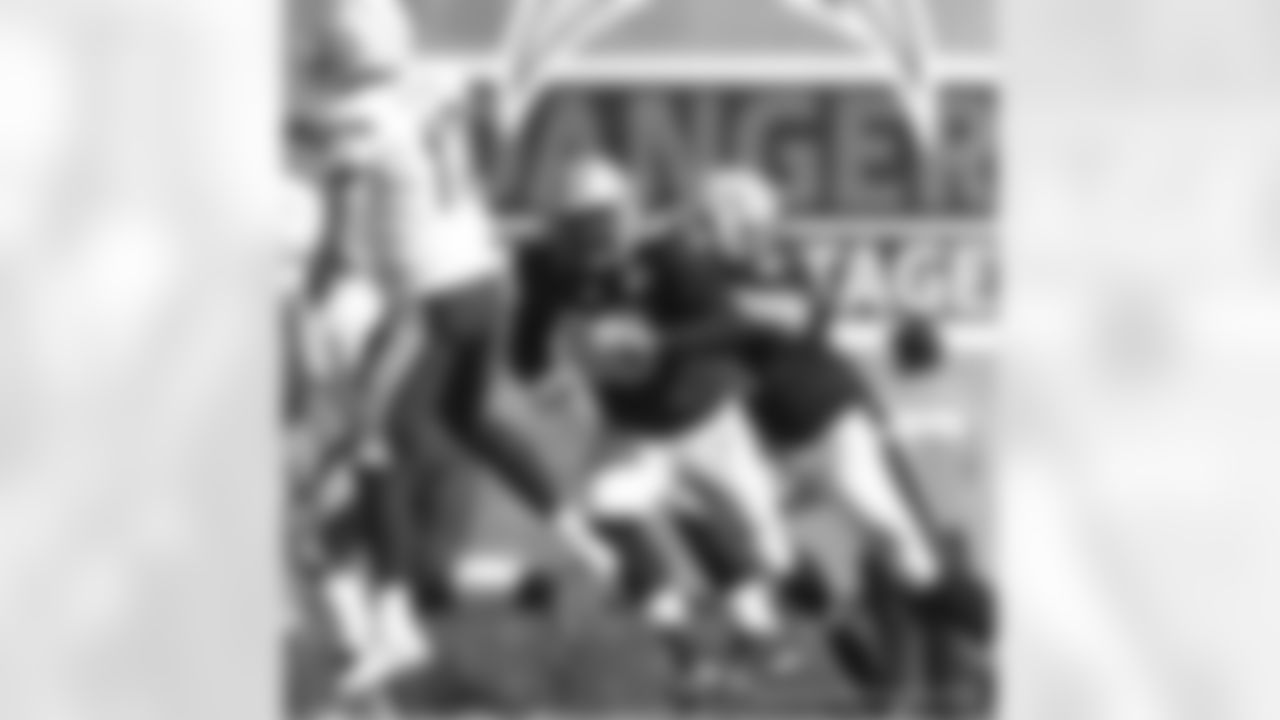
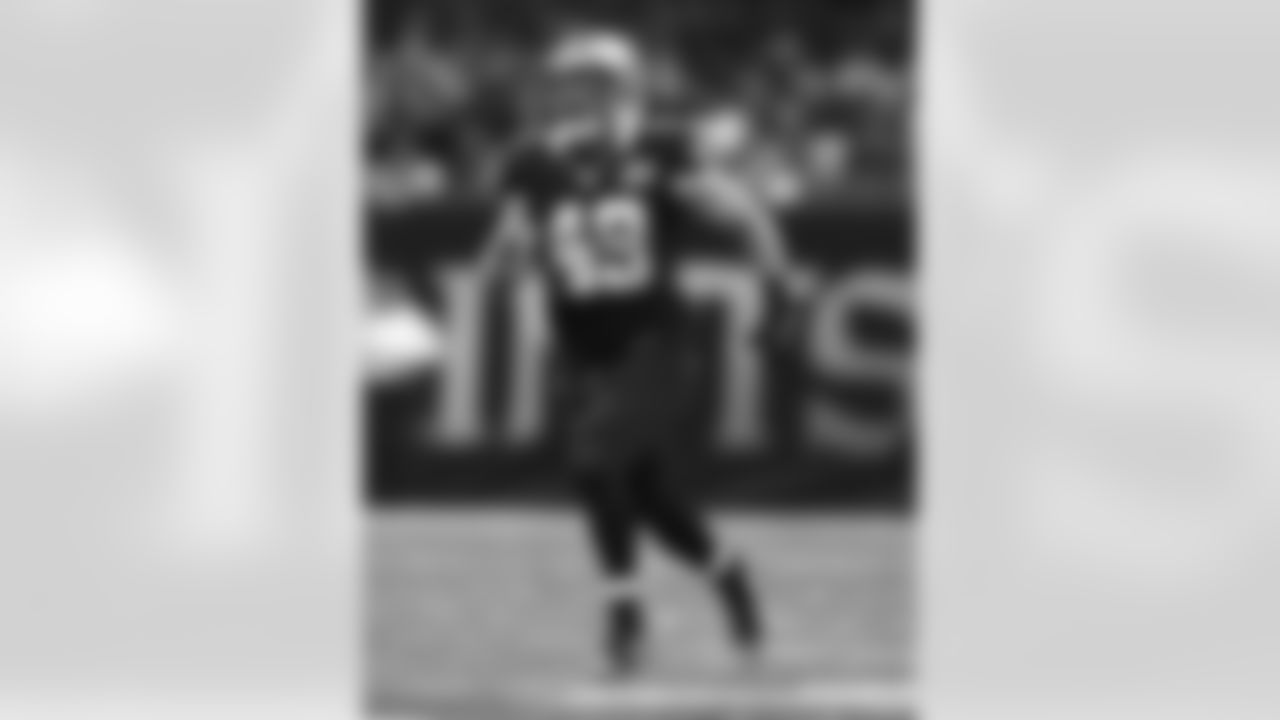
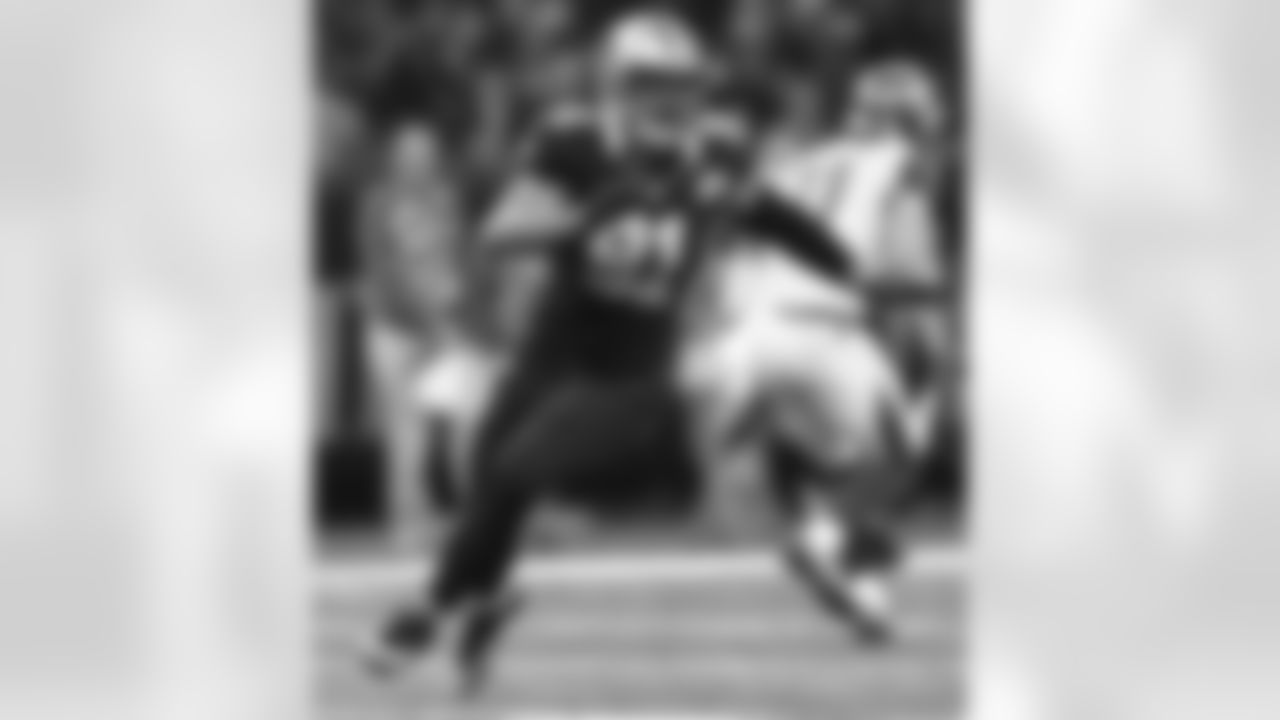
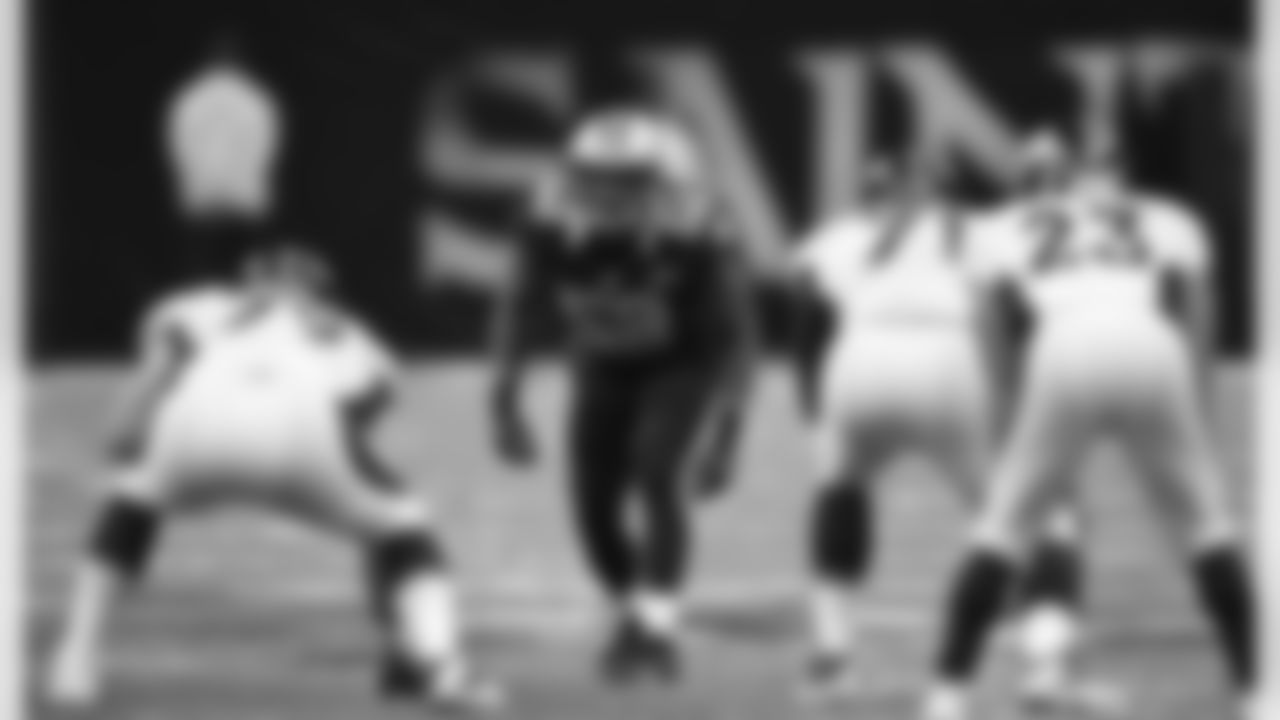
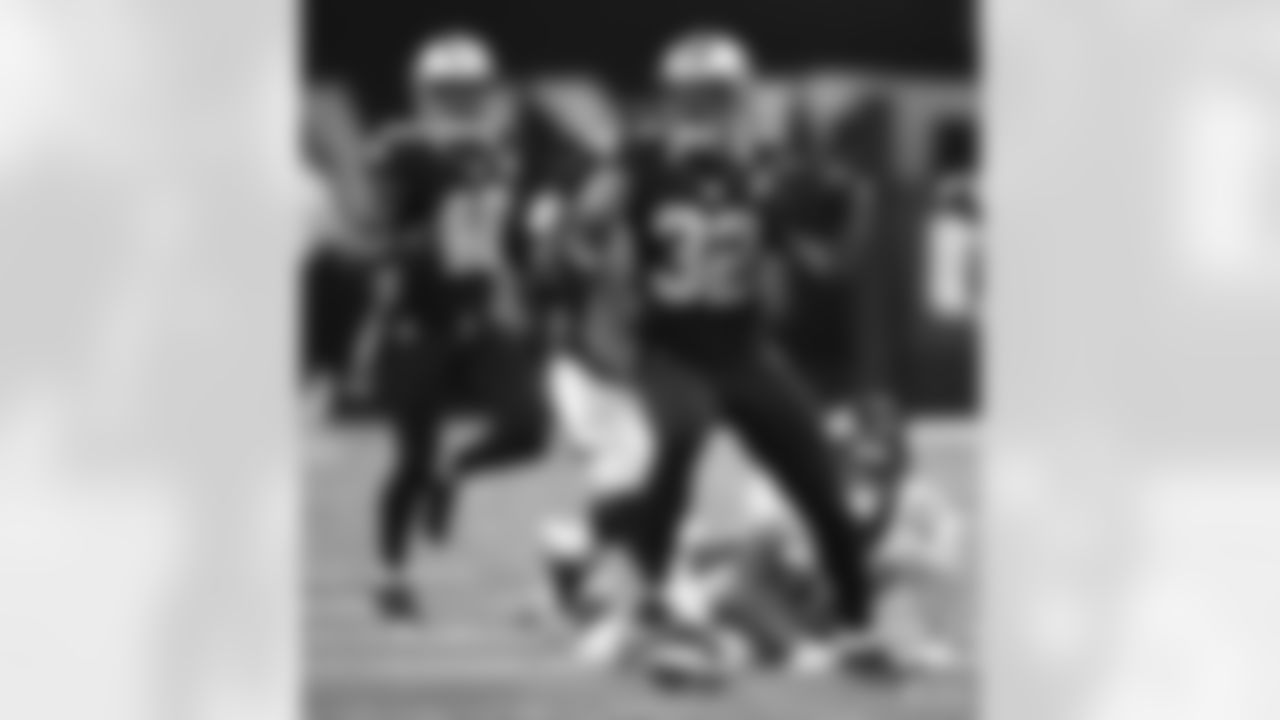
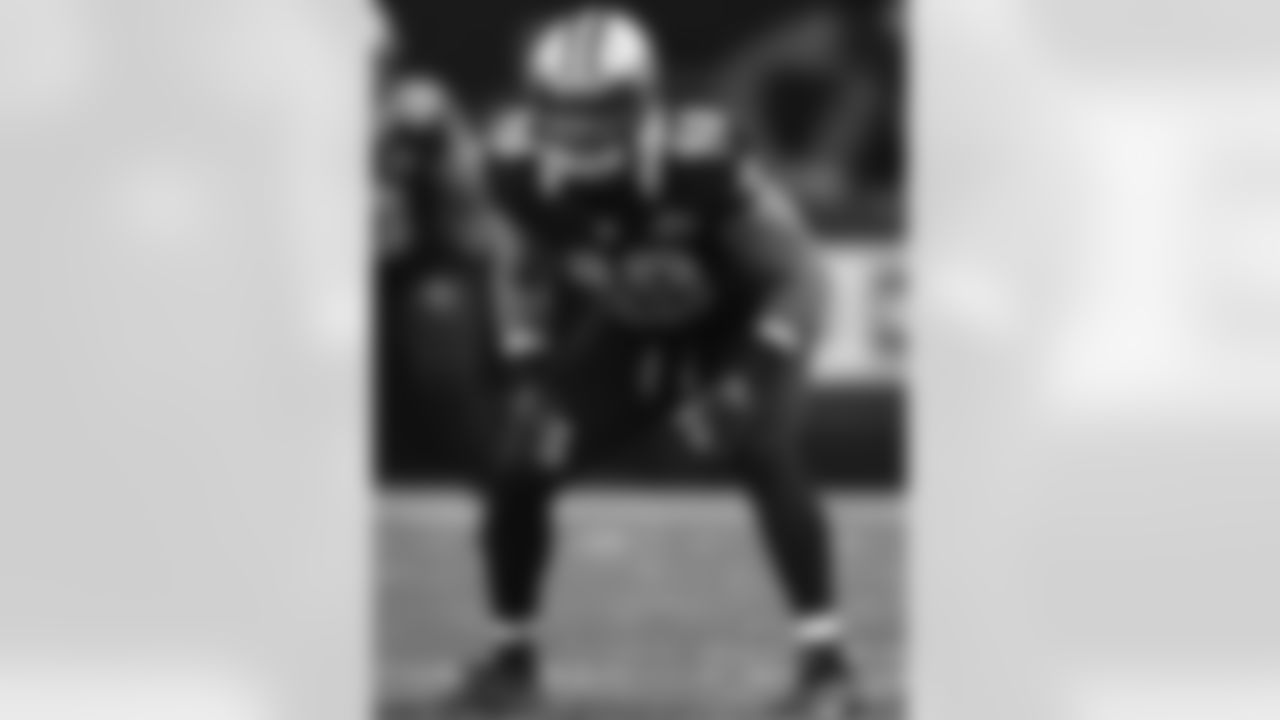
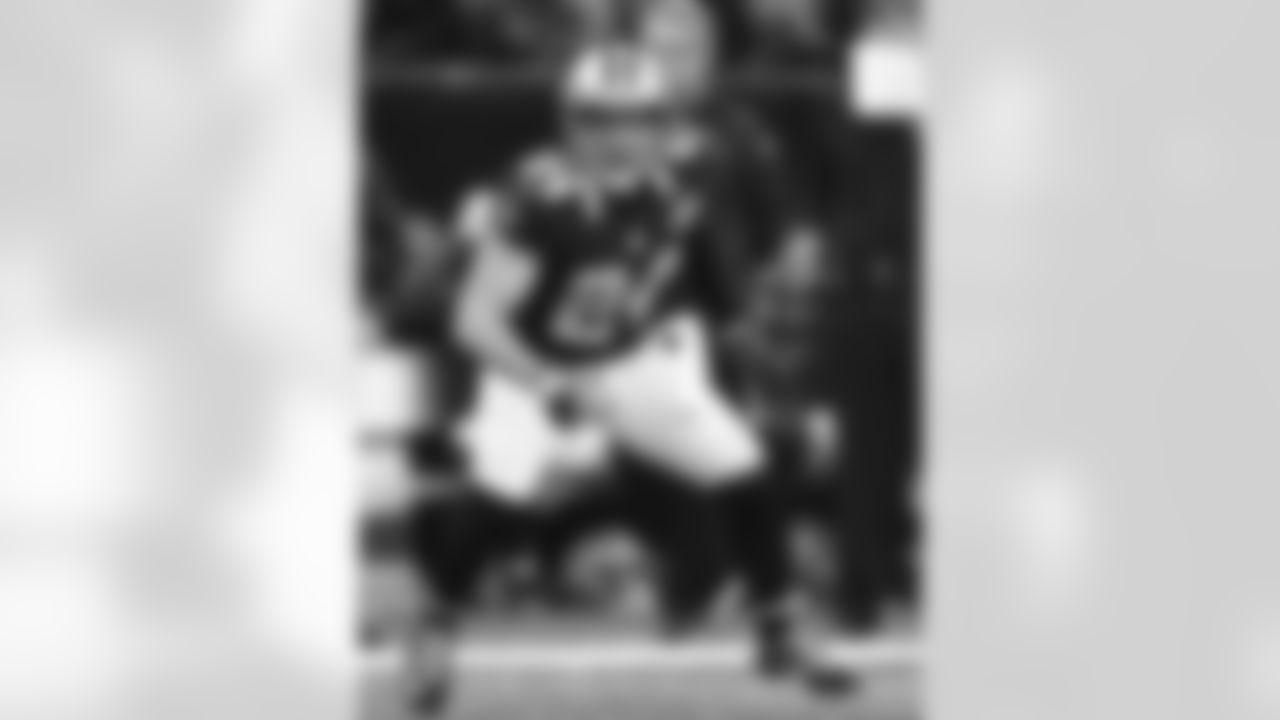
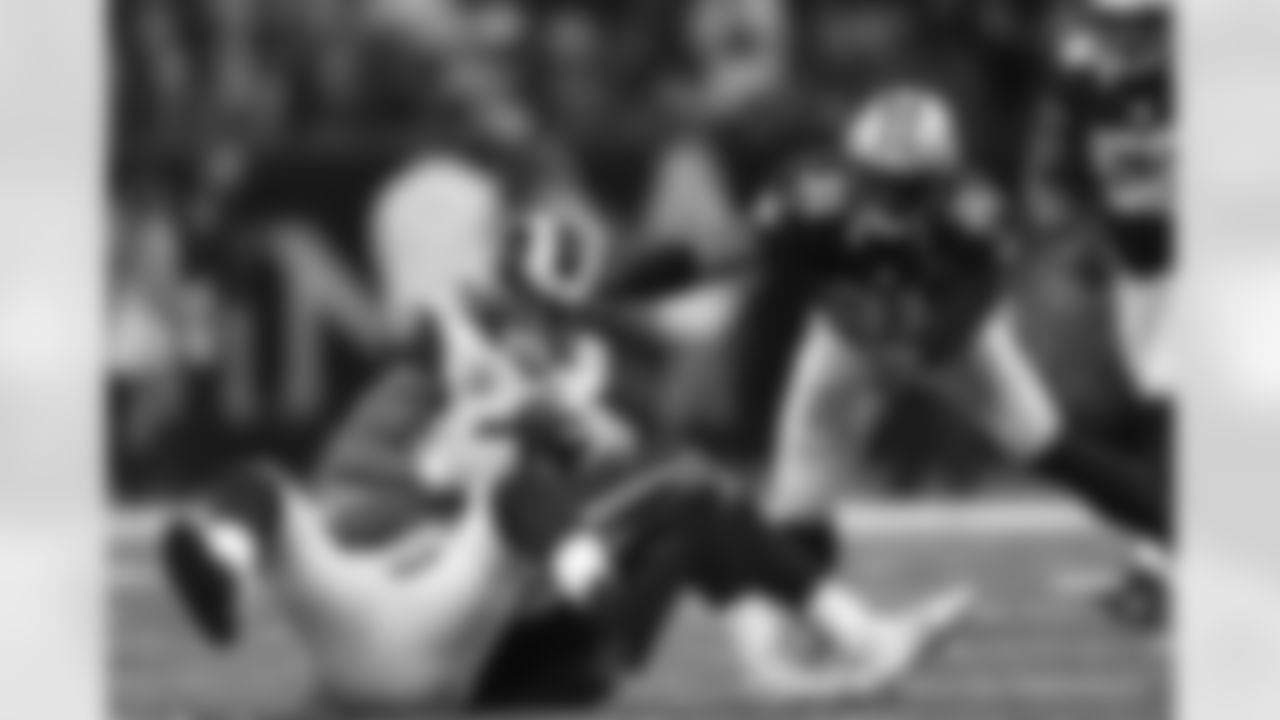
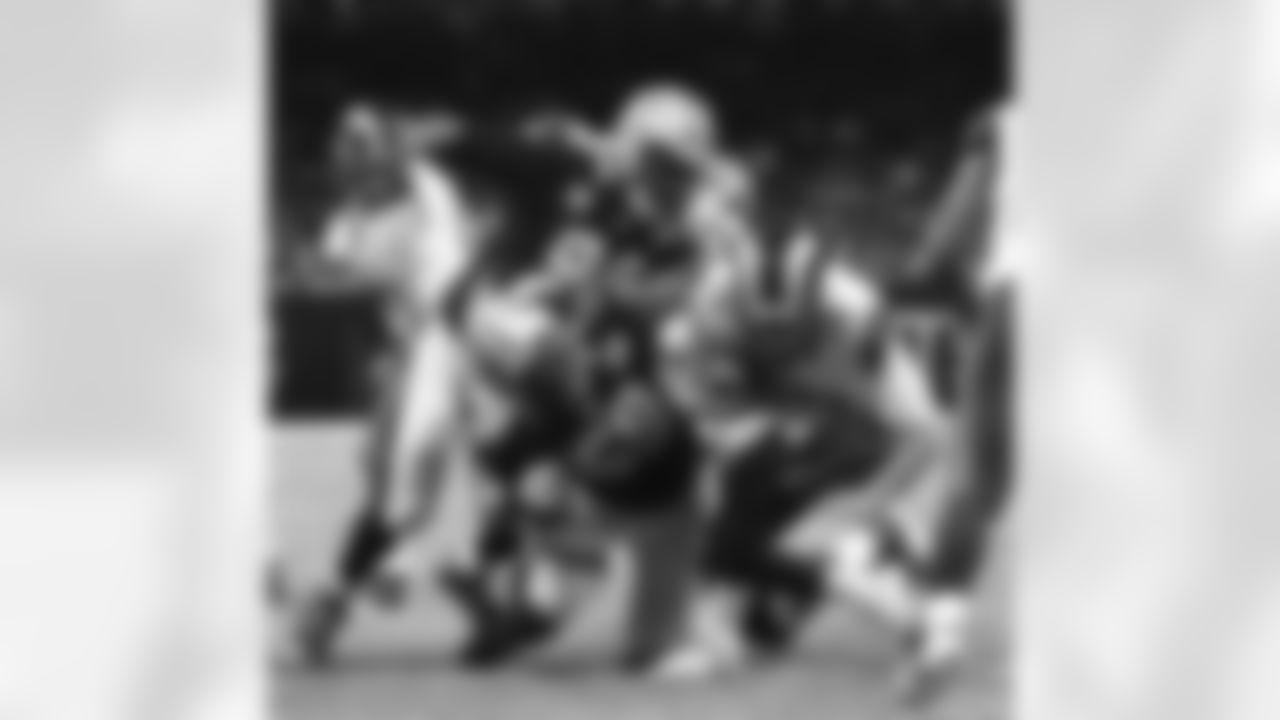
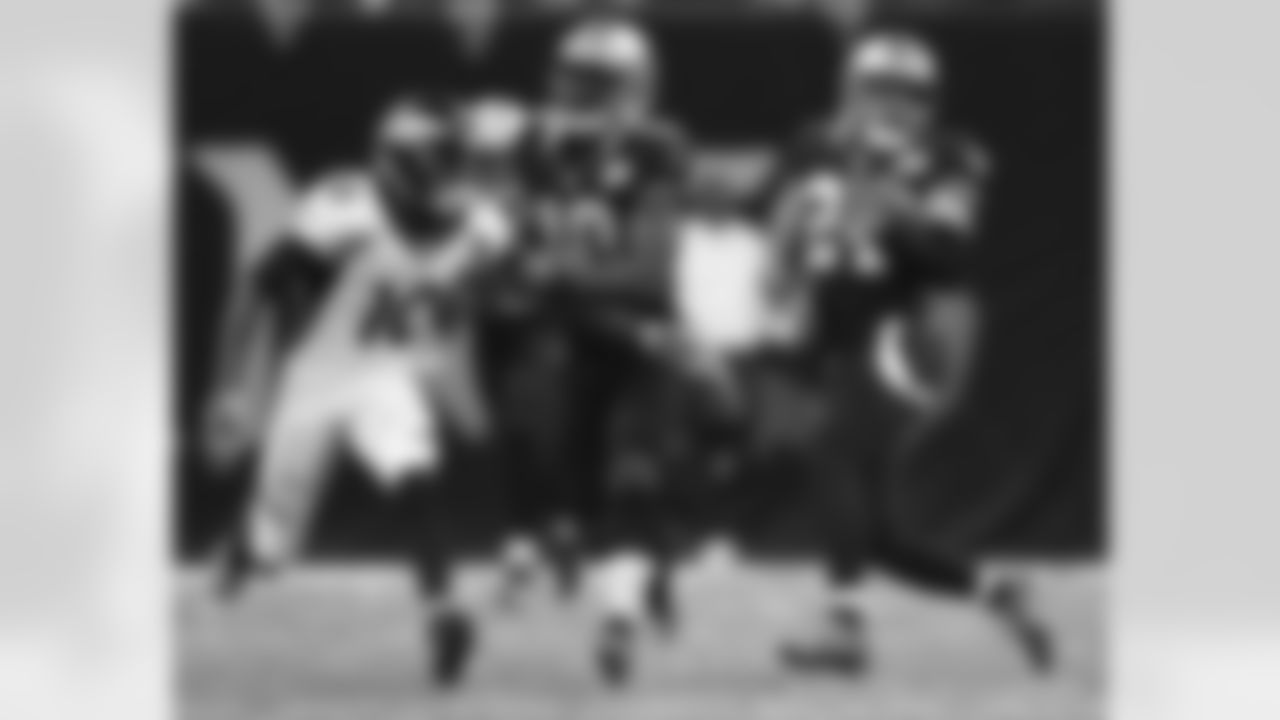
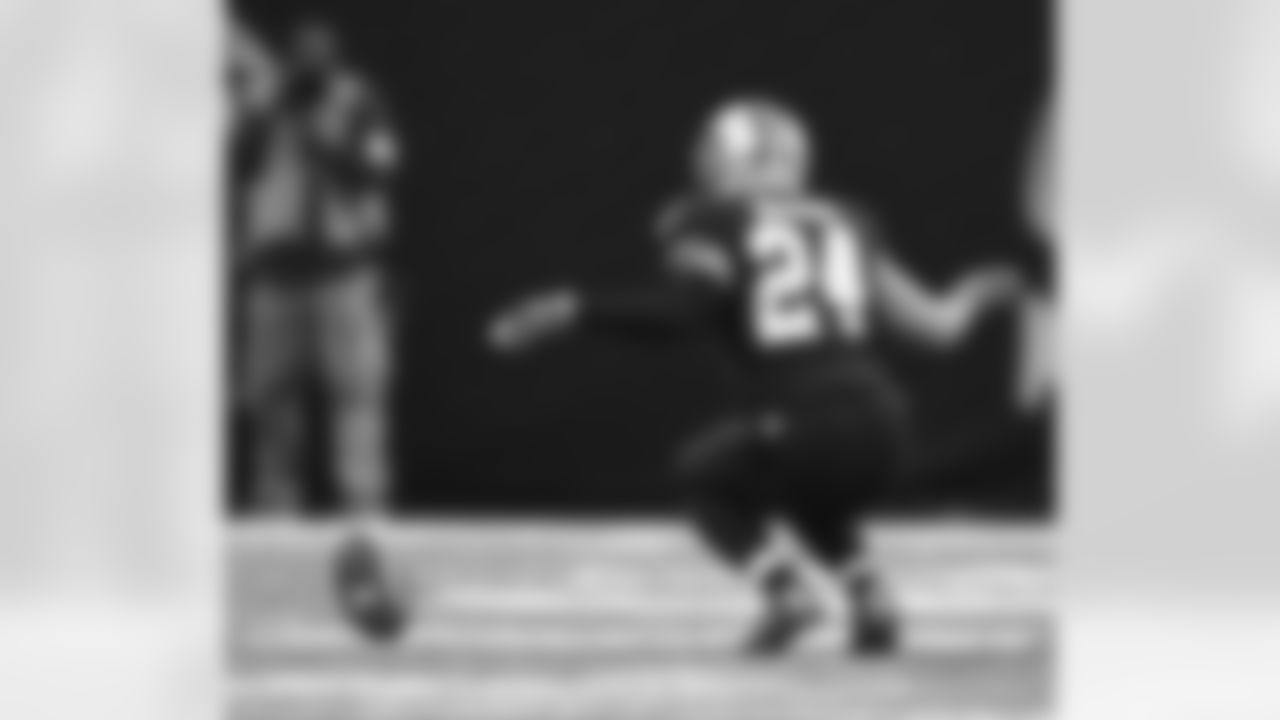
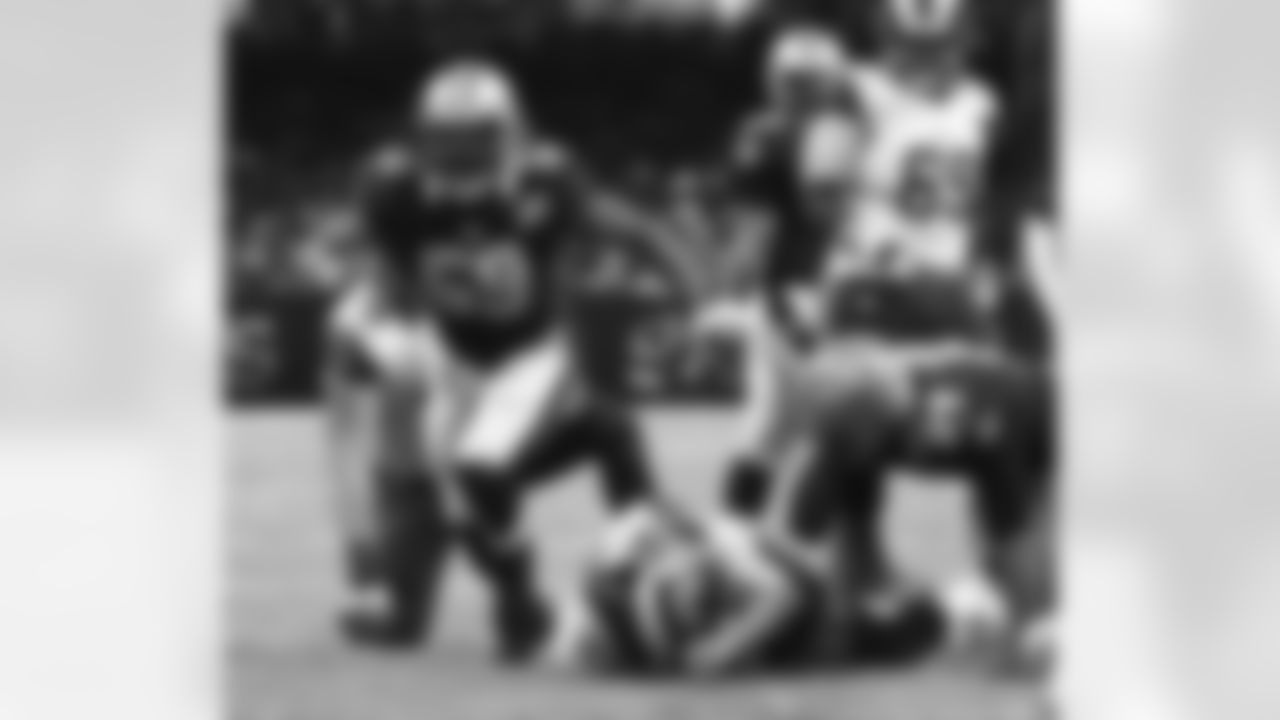
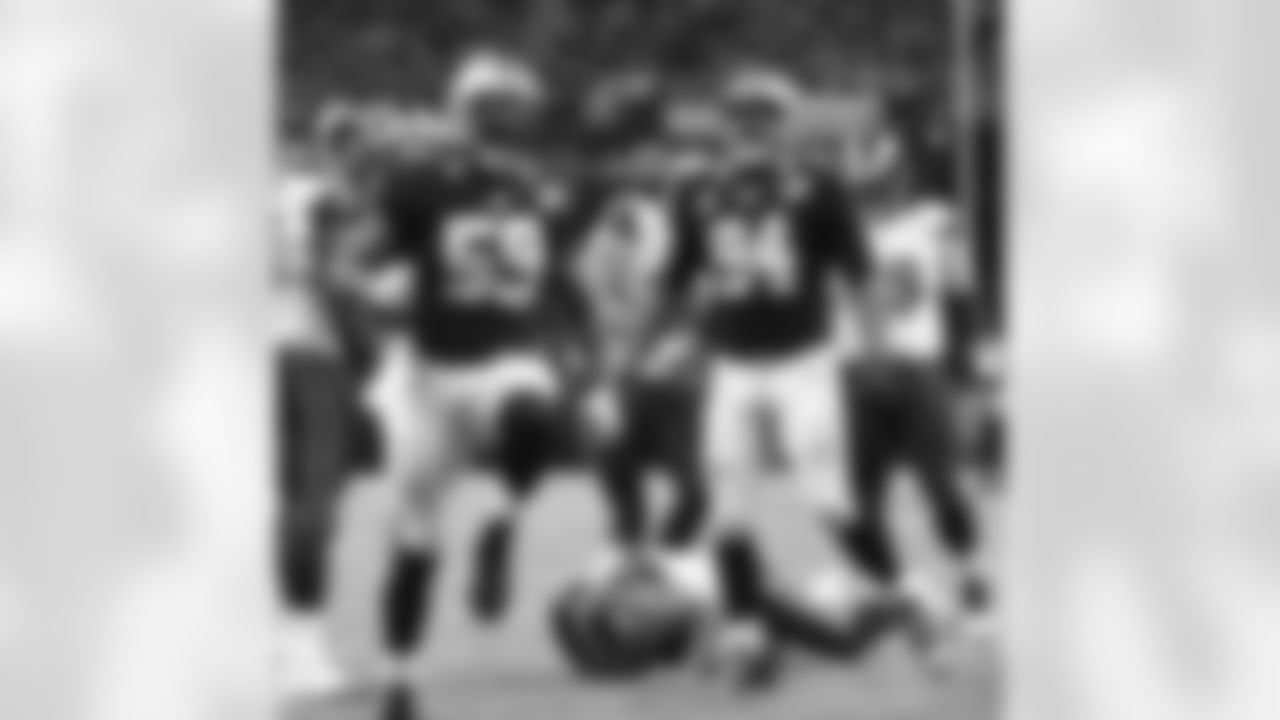
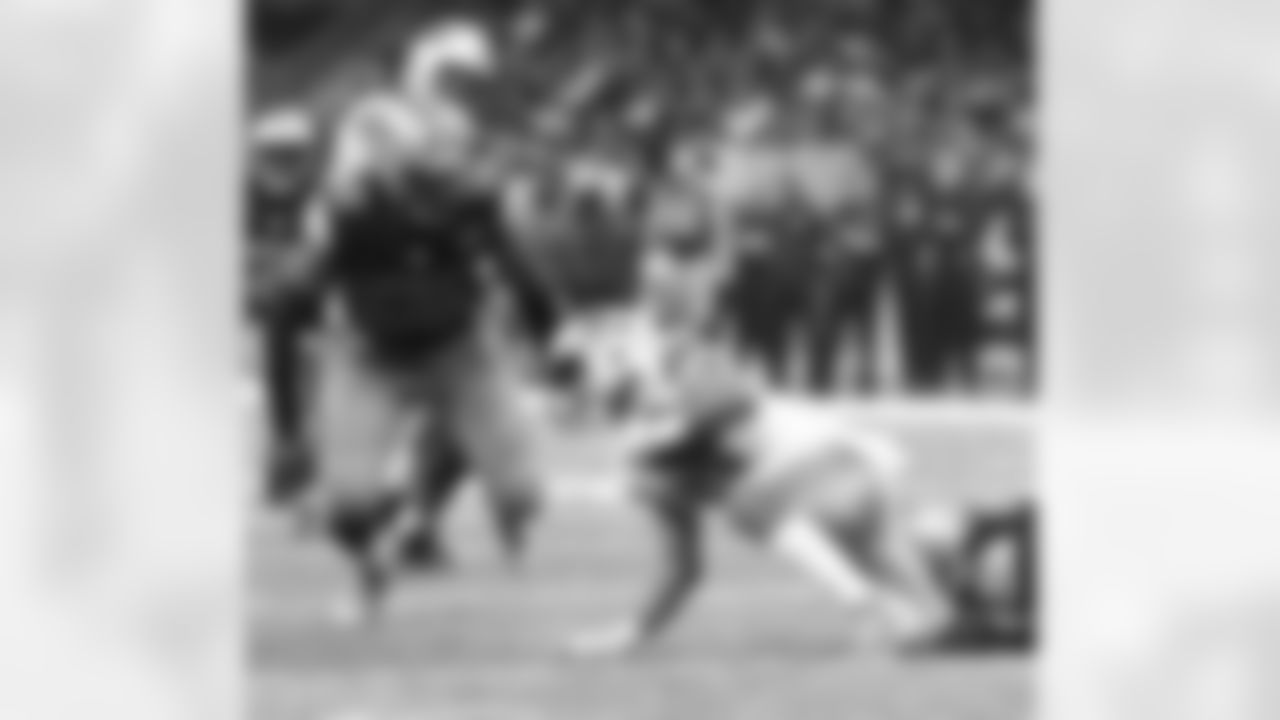
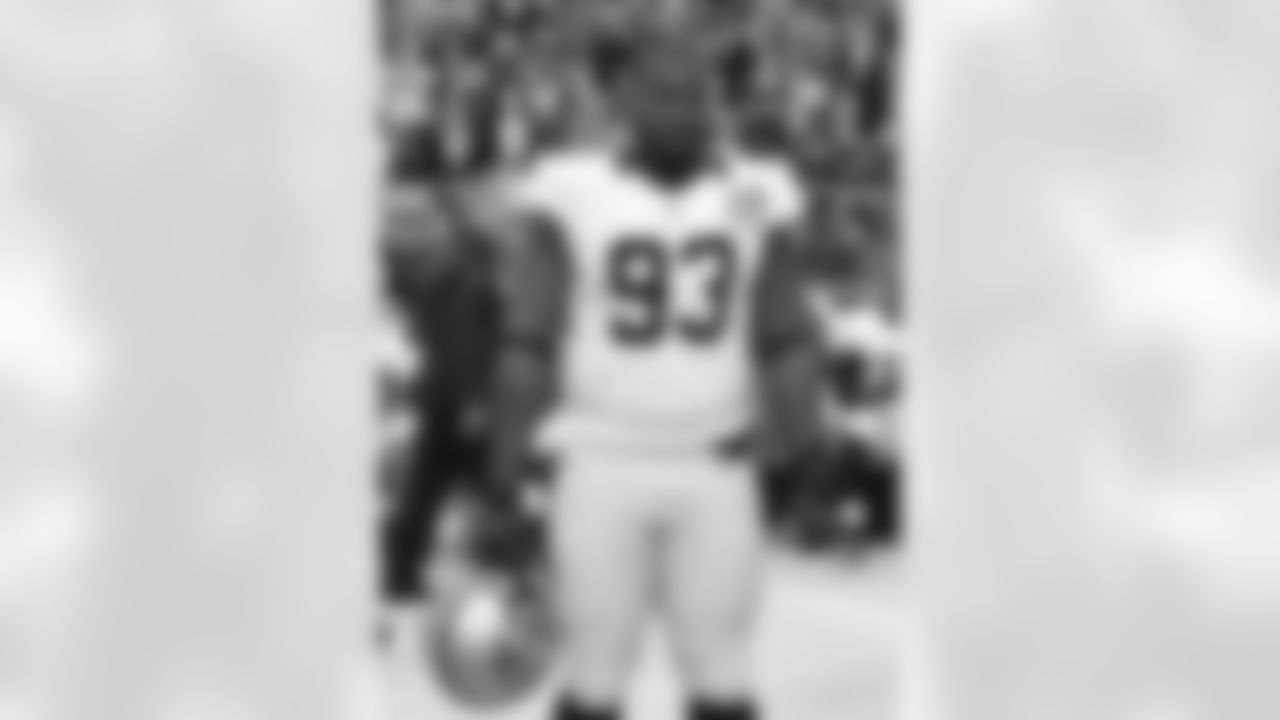
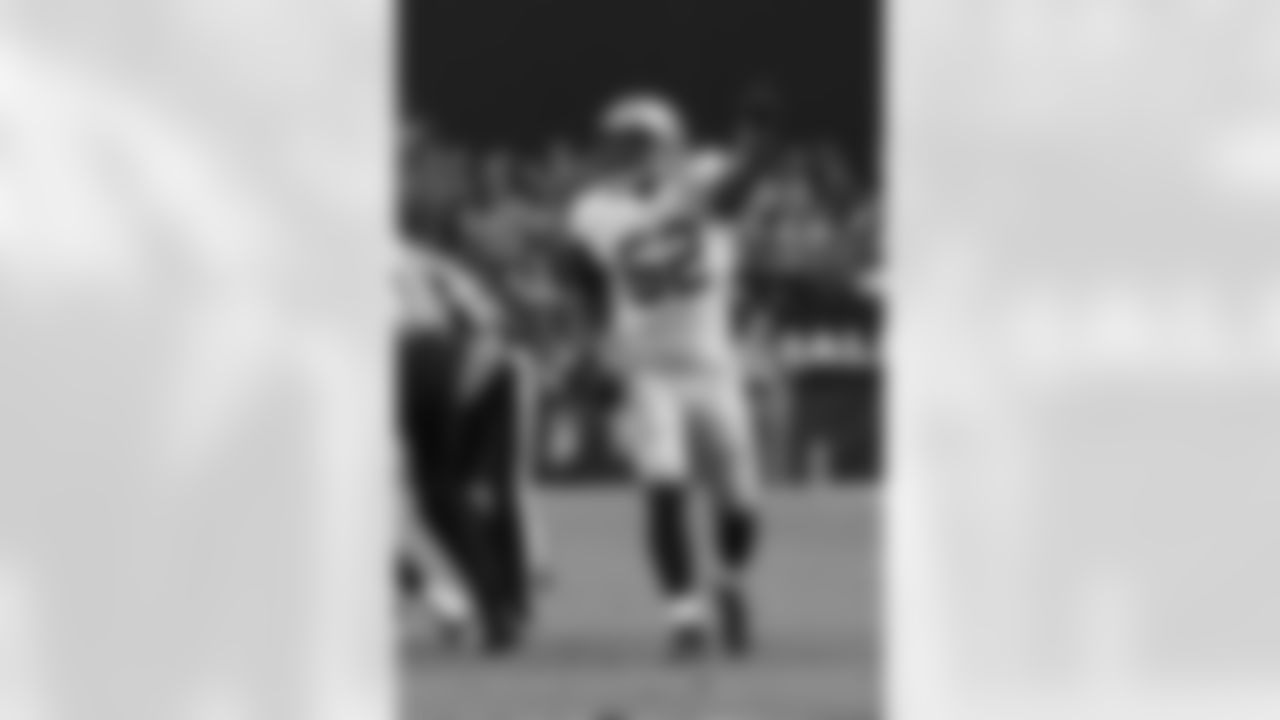
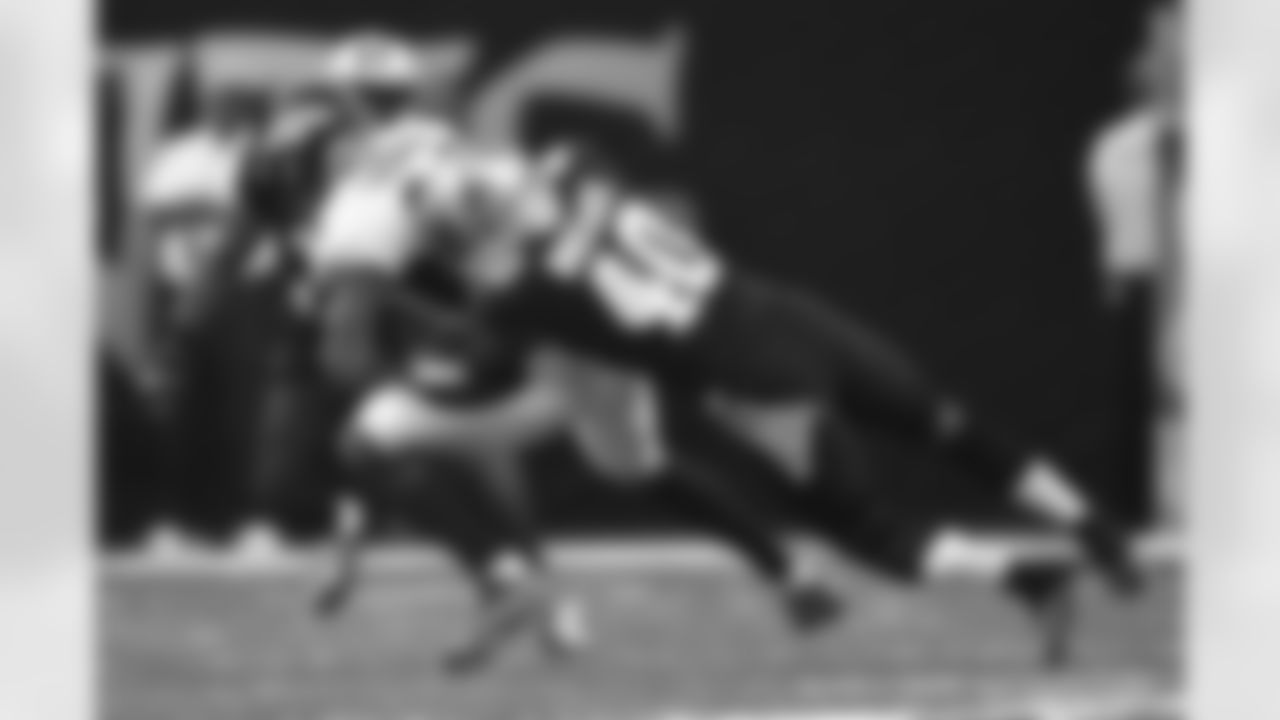
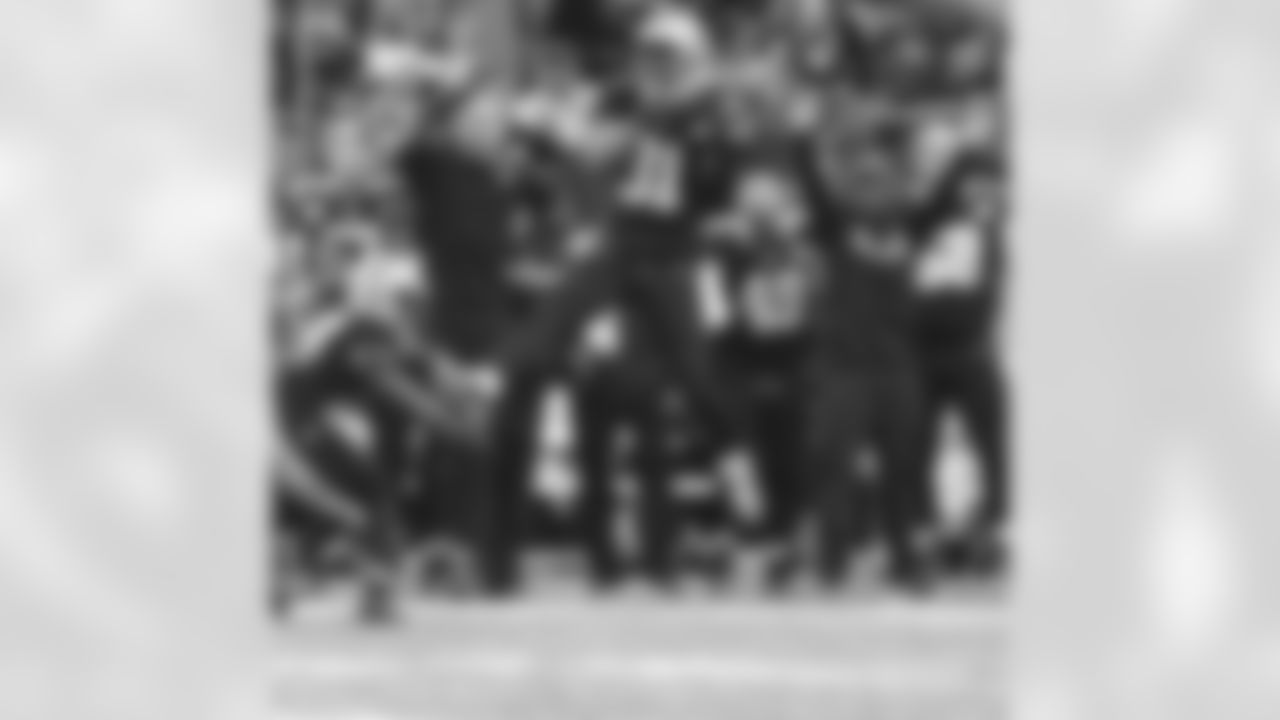
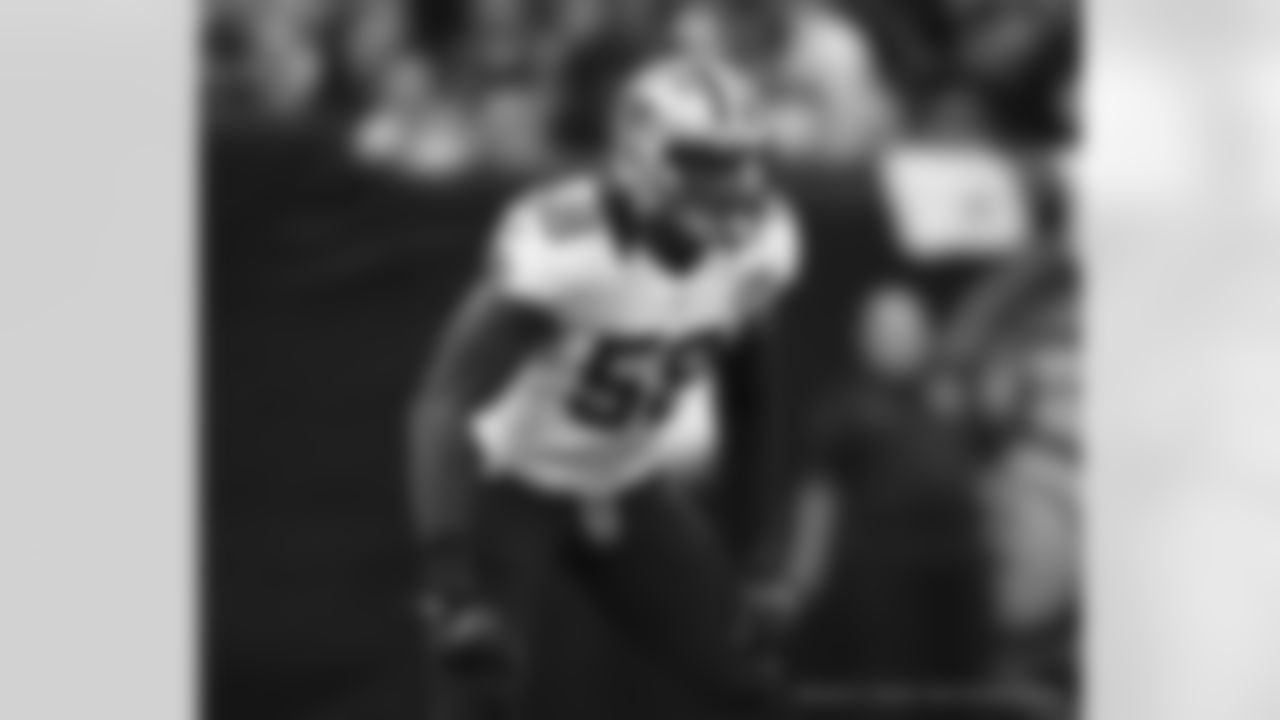
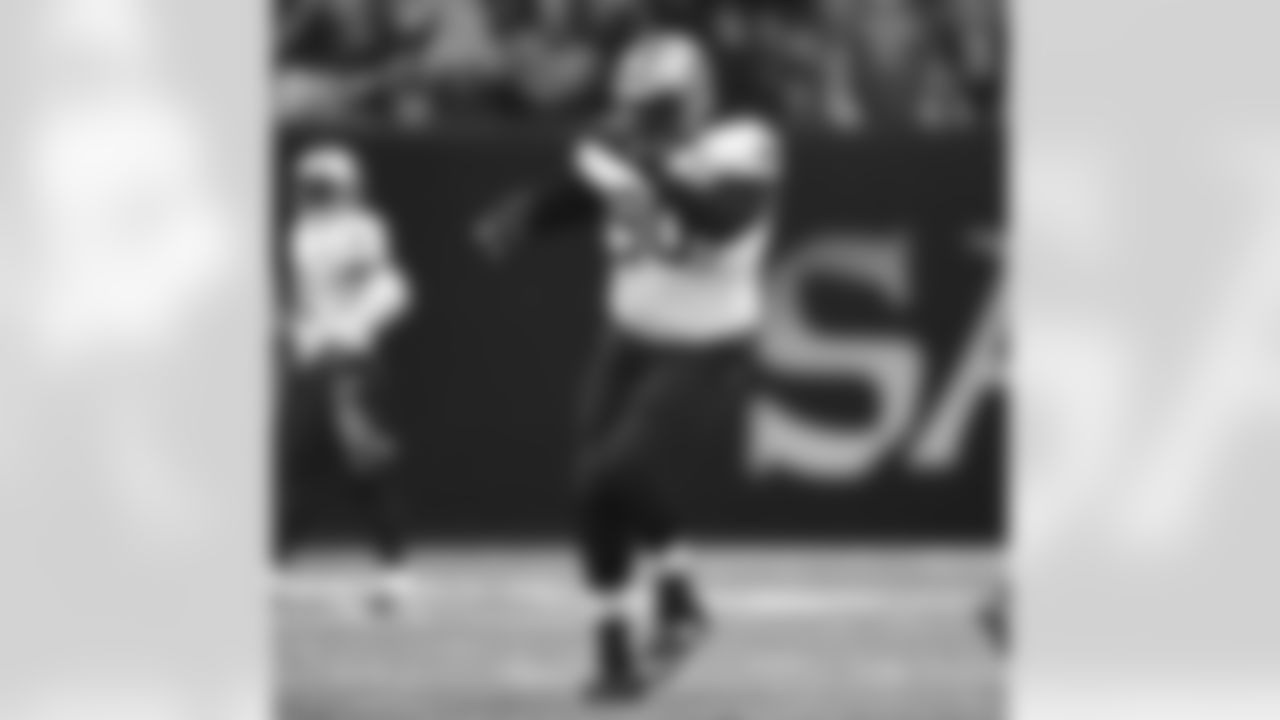
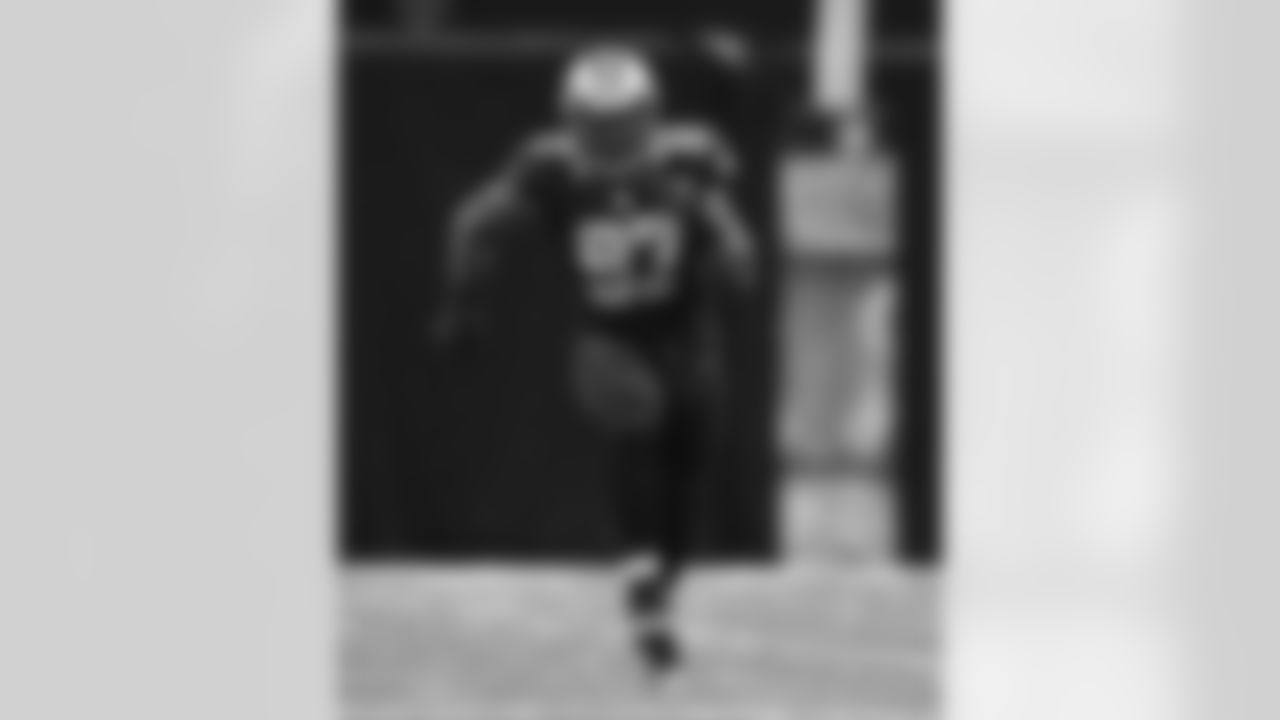
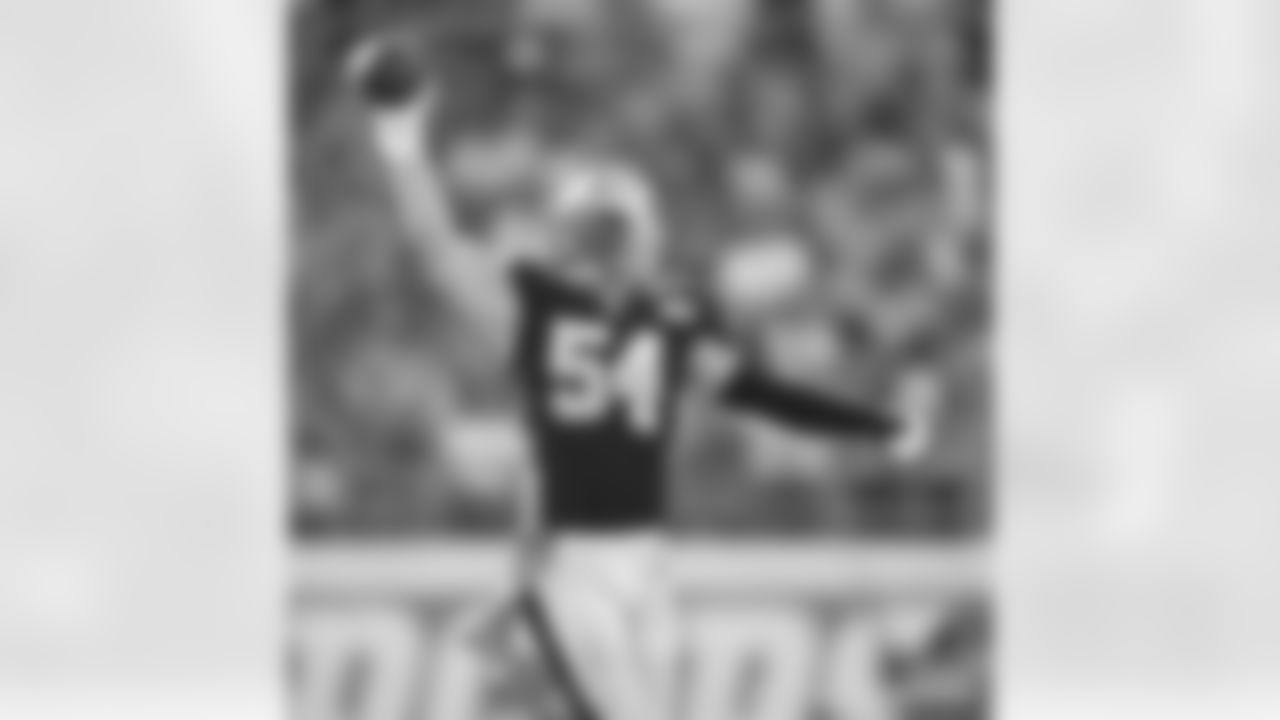
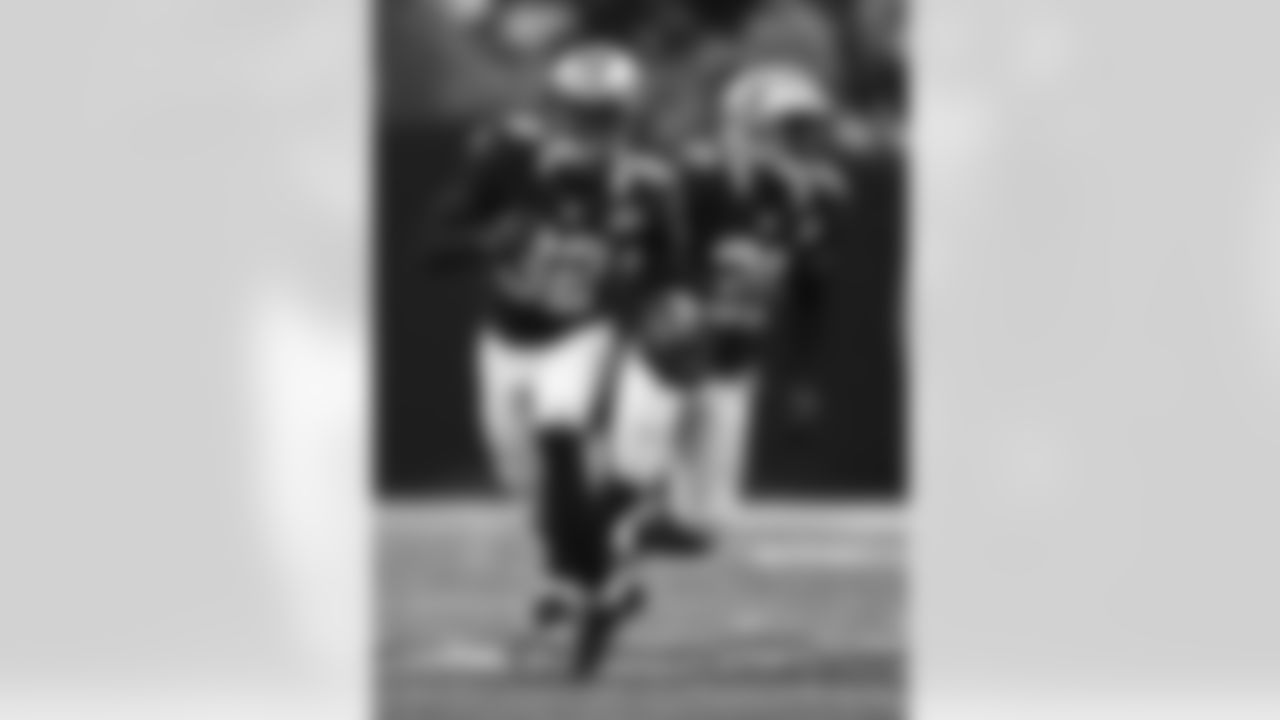
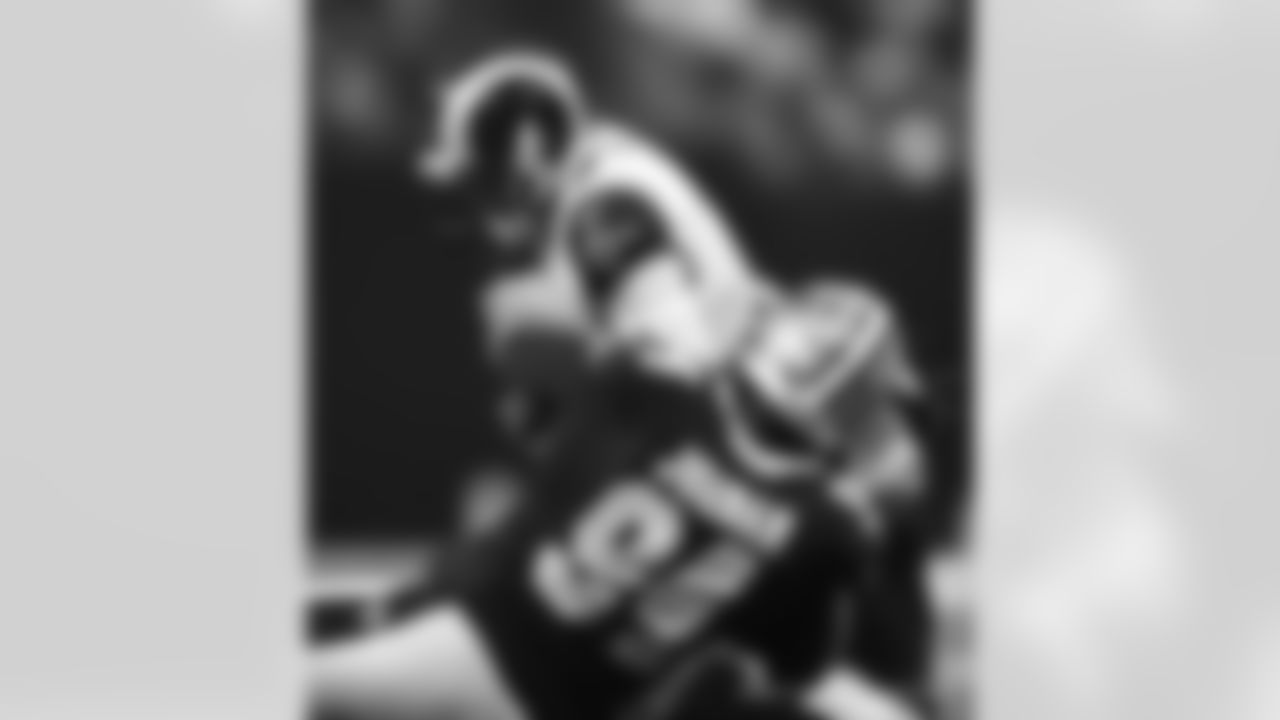
Defensively, the New Orleans Saints improved from the 2015 season to the 2016 season, allowing 375.4 yards and 28.4 points, down from 413.4 yards and 29.8 points the previous year; the run defense dropped to 101.6 yards per game allowed, from 129.4. But the overall improvement wasn't as much as they'd hoped, and defensive coordinator Dennis Allen is looking for a bigger jump from the unit in 2017. Still, he saw some significant positives as the Saints fought through injury and growing pains last season. He sat down with NewOrleansSaints.com senior writer John DeShazierto discuss his first season as Saints defensive coordinator, and more.
JD:What did you like and dislike about your defense last season?
DA:I think we made a lot of progress, I think we got a lot better in a lot of areas. I think our run defense was better. Obviously, the pass defense was something that we still need to improve on. I hear a lot of talk about the pass rush, but there's a lot of factors that are involved in this. Pass rush and pass coverage have to work together. We just didn't have those things on the same page as much as we needed to, but yet, I thought there were certain times in the season where we were able to take the ball away and do some good things. There was a stretch there where we played really good red zone defense. But ultimately, with a lot of the injuries that we faced – what we perceived to be our starting lineup, I don't know that we ever had them all together for any one game this season. So I think getting into next year, getting back and getting healthy and adding a few new pieces, I think we'll be a much improved defense.
JD:I think that leads into a natural question: How much were the defensive struggles attributable to injuries, and basically not having your projected starting cornerbacks, Delvin Breauxand P.J. Williams, available for almost all of the season?
DA:Any time you lose your starting two corners in the first two weeks of the season – and really losing them for the whole year; I think Delvin came back and played in a few games but he never was quite the same – you have Delvin and you have P.J. who were injured, you have (linebacker) Dannell Ellerbe, who you're expecting to be one of your better players, your first-round draft choice (defensive tackle Sheldon Rankins) who you're expecting to be one of your better players…not only did we lose and have some injuries, but we had some injuries to some guys that we felt like were going to be key players to our defense. And I think when you have those situations, those are tough to overcome but I also feel like there were probably a handful of games where I don't know that defensively, we gave ourselves a chance to win the game. But I would say that there would be a pretty significant portion of the season where I felt like defensively, we gave ourselves a chance to win. Now, maybe we didn't quite make enough plays at the end of the day to really pull it off, but I felt like there was some improvement where a break here or there and all of a sudden, you're talking about two or three more wins. And now you're talking about, instead of a 7-9 season, you're looking at more of a 10-6 type of year. We're not that far off, but yet, there's still a lot of things we've got to get better at.
JD:How much of a jump did you see defensively after the bye week?
DA:I think we had a pretty good jump after the bye. There was a stretch there in the middle of the year – it was (against) Seattle, it was (against) Denver, the second Carolina game – we played some really good defense during that time frame. We fell off a little bit the last couple of games of the season. But overall, I felt like there was probably a lot more progress than maybe what the stats would tell you when you look at the whole season all together. And I think it took a little bit of time because there were a lot of new faces in the lineup. When you really look at it, when training camp was over, we ended up signing (cornerbacks) Sterling Moore, B.W. Webband (defensive end) Paul Kruger. There are three guys that really ended up being starters for the majority of the season that you didn't even have with you in training camp. So it takes a little bit of time for those guys to get involved, get adjusted and learn the scheme, and then it takes a little bit of time as a coaching staff to figure out, 'OK, what do these guys really do well? And how can we put them in those positions within the scheme that we're running?'
JD: Coach (Sean) Paytonsaid an edge rusher, or a guy who affects the passer, is a must this offseason. Is that pretty much the way you see it also?
DA:Yeah, and look, I think it's that way every year with defensive football, because I think it all starts with: How do you affect the quarterback? And you do that one of two ways. You either do it by rushing the quarterback, or you do it by covering. And so, I think every year when you go into the draft, I think that's what you're looking for – I think you're looking for guys that can affect the quarterback. And that comes with a rusher, typically edge rushers but sometimes that (comes from) an inside presence. I think (defensive tackle) Nick Fairleydid a nice job for us this year in there, that was a good addition. And then, who can cover these receivers, because it's a sub (package) game, so corners are a real critical factor.
JD:When you guys signed (linebackers) Craig Robertsonand Nate Stupar last offseason, I don't think they were projected to be starters and yet, they might have been the most effective linebackers you had last season. Were they mostly pleasant surprises?
DA:There's no question about it. We got more out of them than probably what we thought we were going to get out of them, and probably more than what we really wanted to be able to get out of them. We really signed them to be backup linebackers and to be core special team players, and there's an attrition value. When you take a guy that was supposed to be a core special team guy and now all of a sudden he's a starter, and playing 75 percent – or in some cases, like with Craig, he played over 90 percent of the snaps this year for us – that trickles down into your special teams. So there's a negative affect that that has on your special teams, too. The positive was, we got the right guys. Because you have to be able to upgrade this roster from the bottom up. It's always great when you go out and you're able to get a guy in free agency or the draft and you think you've made this big splash, but where you really improve your team is from the bottom up. Because as we saw this year, and I think everybody in the league sees, your backups have to play. And sometimes they have to play significant roles. And so, the better you are and the deeper you are, the more you're going to be able to handle those times when you face the injury issues and your backup players have to play.
JD:How did you feel about the play of your rookie draft picks, Sheldon Rankins, (safety) Vonn Belland (defensive lineman) David Onyemata?
DA:I felt really good. I think all three of those guys are going to be really good players. Sheldon, I don't think we saw the player that we're really going to get, because I don't know that he was ever really fully healthy throughout the season (after breaking his fibula in training camp), especially after missing the first eight games of the year. I saw significant improvement in both Vonn Bell and David Onyemata. We're watching the cut-ups right now: Man, this Onyemata shows up. Big, strong, physical – you see that he's still kind of trying to process the information, it isn't necessarily always natural to him, but yet you see the physical talent. And I would say the same thing with Vonn. I think Vonn did exceptionally well. I thought there was a stretch in the middle of the year where he was playing really, really well. And then with losing (safety) Kenny(Vaccaro, due to suspension) those last four games, he kind of had to take over Kenny's role. And it was a lot to ask of a rookie. We took our lumps in doing that, but yet, that's really going to pay off for us in the future.
JD:How much does it help for all of those rookies, and a guy like Ken Crawley, and undrafted rookie cornerback who started several games, to have gotten the playing experience they did?
DA: It was hard at times going through some of these growing pains that we had to go through with some of these young players and some guys that had to play a little bit more than we anticipated. But that benefits you in the future. And now, we know so much more about these guys going into this next season than we did going into the 2016 season. So we really got a lot better feel of what can these guys really do, and how can we use them to benefit ourselves and put them in a position to allow them to use their talents to the best of their abilities.
JD:The Saints will be here at the training facility in Metairie for training camp (after spending the previous three years at The Greenbrier in White Sulphur Springs, W. Va.). For you, does it make a difference? Does it affect players, or does it affect your mind-set of how you handle players?
DA:Training camp is different now than it was in 2006, when we first came here. It's a totally different animal as far as how you go about preparing and how you go about practicing. I think there are positives and negatives, whether it be staying at home or going away. There are pluses and minuses to both. I kind of like staying here, I kind of like being in the elements a little bit. I think it kind of pushes the players a little bit more because this game is so much more about the mental makeup of the player. And I'm not talking just about his football smarts and how he does in the classroom. I'm talking about, 'How does he react under stress?' Being out in that environment out there in the heat and the humidity and all that, that creates an extra added stress on your body. How do you fight through that, push through that still be able to focus on the task at hand and the job that you have to do on that particular day. I'm kind of excited about it. I think that's going to benefit our football team.
JD:Joint practices are scheduled with the Texans. What are the benefits of those?
DA:I love it because it kind of breaks up camp. Once you get in camp, there's a certain point where it can become a little bit monotonous. It's kind of like Groundhog Day, you get up and you do the same thing over and over. If I'm a defensive lineman, I'm seeing the same offensive tackle or offensive guard and I'm hitting the same guy every day, I think when you get a chance to go against somebody different, you get to evaluate how they do it against a different player or a different group of guys. And then we see some different things schematically to make our guys aware of. The situational football that we get into when we do these joint practices, whether it be third down or two-minute or special situations, you get a chance to see how some other teams and some other coaches around the league view certain situations, and it kind of opens your mind up for things that you might see during the year.
JD:You have some new coaches on the defensive staff – Mike Nolanat linebackers, Ryan Nielsenat defensive line. What do you think about the additions, and developing chemistry along the lines of what you had with the predecessors?
DA:It doesn't happen overnight, it takes a little bit of time to develop that chemistry. The new coaches have to get a feel for me and the things that I like and what I believe in, (and) I've got to get a feel for them on what their strengths and weaknesses are as coaches. We've probably been here a couple of weeks together, and I like the blend, I like the mix. There's a good sense of veteran experience as well as some young and energetic. There are some new ideas that are being brought in. It creates some conversation and it spurs on the thought process. I think any time you get those new ideas it causes people to have to think about what they're doing and why they're doing it. And sometimes, there may be a better way.
JD:How do you go about striking the balance between the amount of pressure you want to apply, and when to be conservative in your play-calling?
DA:It really goes off the flow of the game. You kind of go into the game with a game plan of how you want to play this particular team, and how you think they're going to play you. With some teams, we might have gone in with a little bit heavier pressure package because we thought we maybe matched up a little bit better, or we felt like that dictated to the offense a little bit more. And then maybe some weeks might have called for a little bit more, 'Boy, they've got this really good receiver over here and we don't necessarily like our matchup all the time, so we've got to make sure we're in position to help this guy some.' You kind of go in with a thought process of how you want to go about calling the game and how you want to go about playing the game, but as the game goes on, you get a feel for, 'This is exactly how we thought it was going to go,' or, 'Maybe they've changed a few things up, so now we've got to adjust.' You always go in with a plan in place, but you have some things in the back of your mind that you know you need to go to if things change up.
JD:Draft-wise, which positions do you think are strongest?
DA:We're really just kind of getting into that process, so any information I would give you is more hearsay than what I've actually seen with my own eyes. But it sounds like it's a pretty good draft defensively, sounds like the front players – it's a pretty heavy draft, particularly at the defensive end position. Sounds like the corner and safety draft is pretty heavy. We've got to look to improve some things defensively and it looks like we're going to be able to do that through the draft this year.



